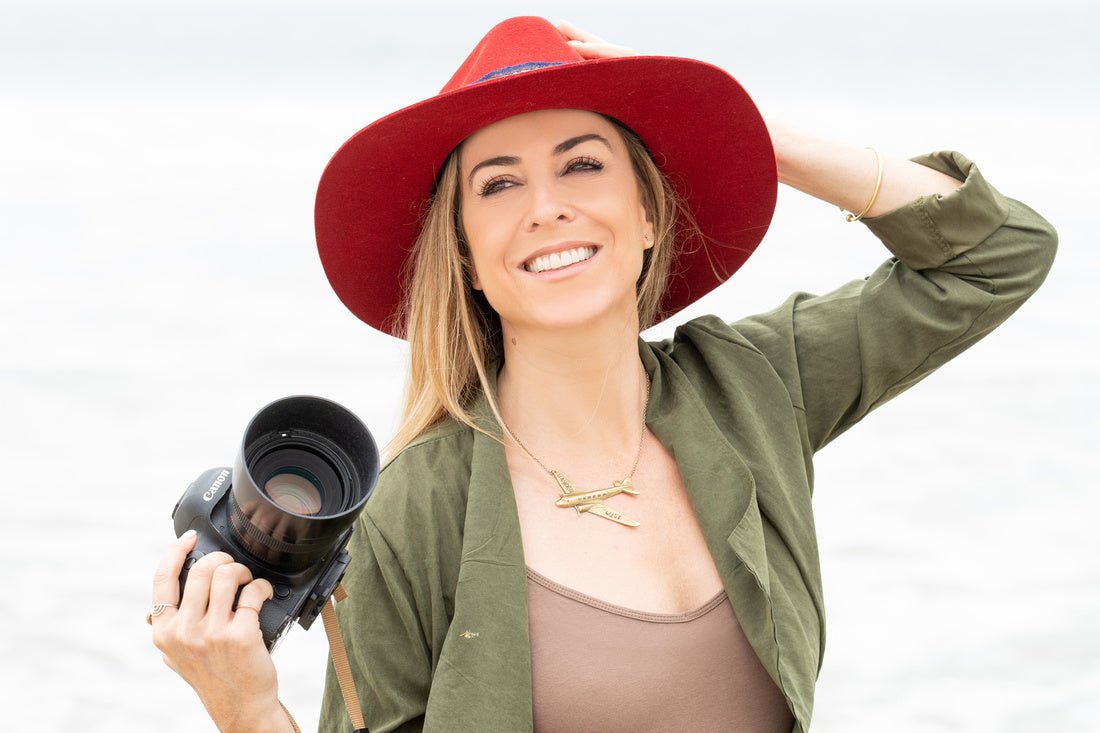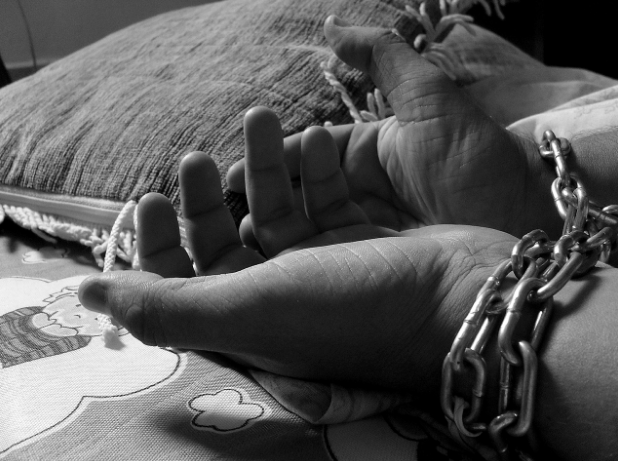Photographer Laura Grier adventures among gorillas and lions in Rwanda and Uganda.
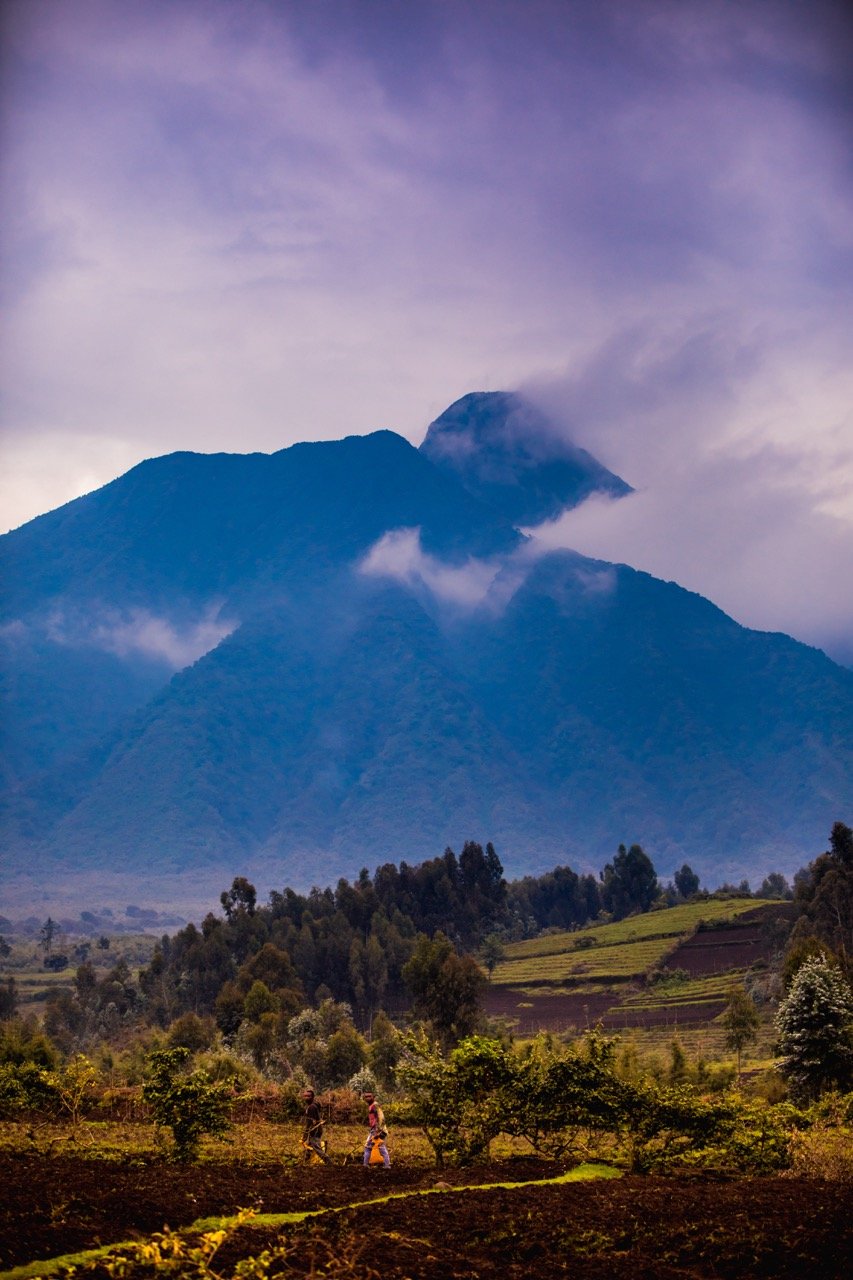
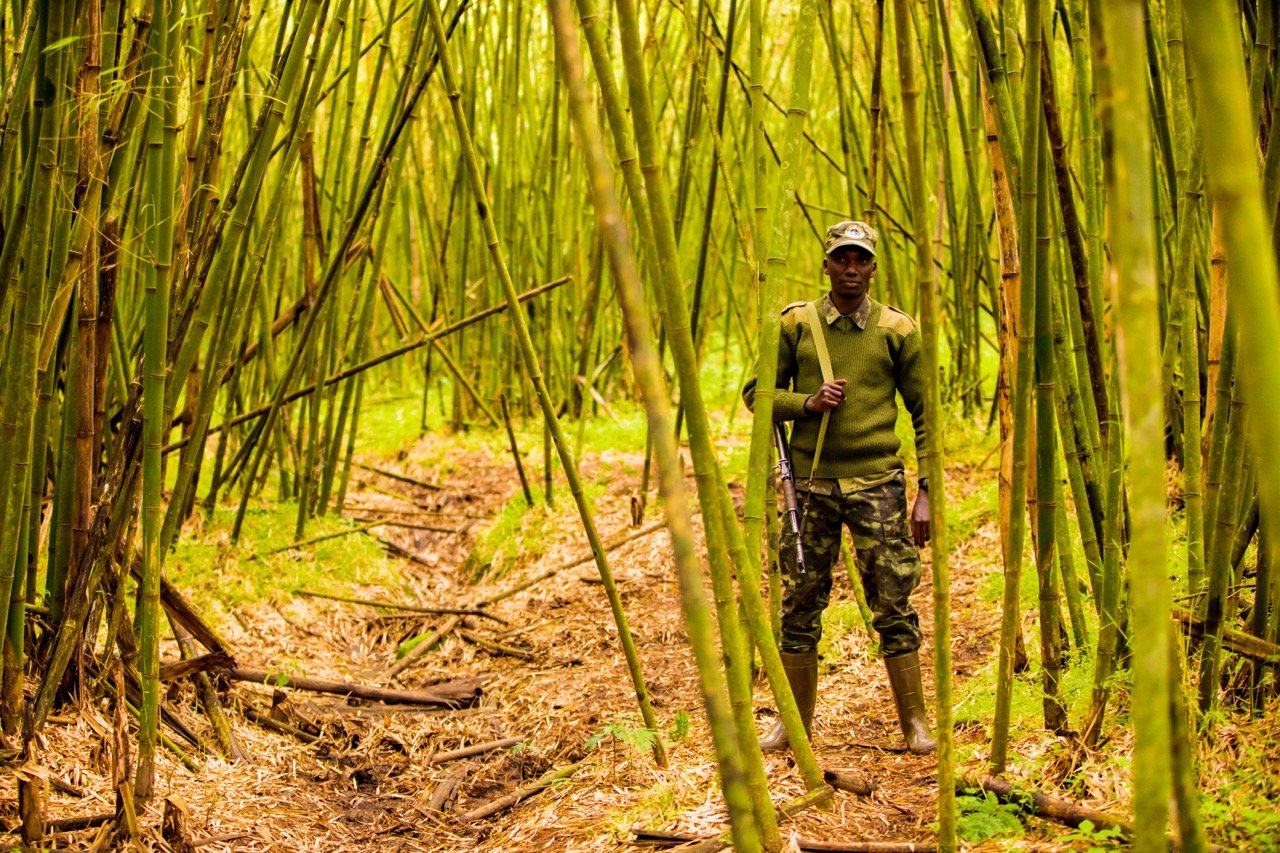
There are few places in the world where wild animals are unafraid of humans, and you can view them in their own majesty in the wild without cages, tourist vehicles or controlling their environment. The Gorillas of the Bwindi Impenetrable forest of Rwanda and Uganda are on the top of my list as a place where I have been able to come face-to-face with animals and spend the day with them in their environment. Those moments have been life-changing for me.
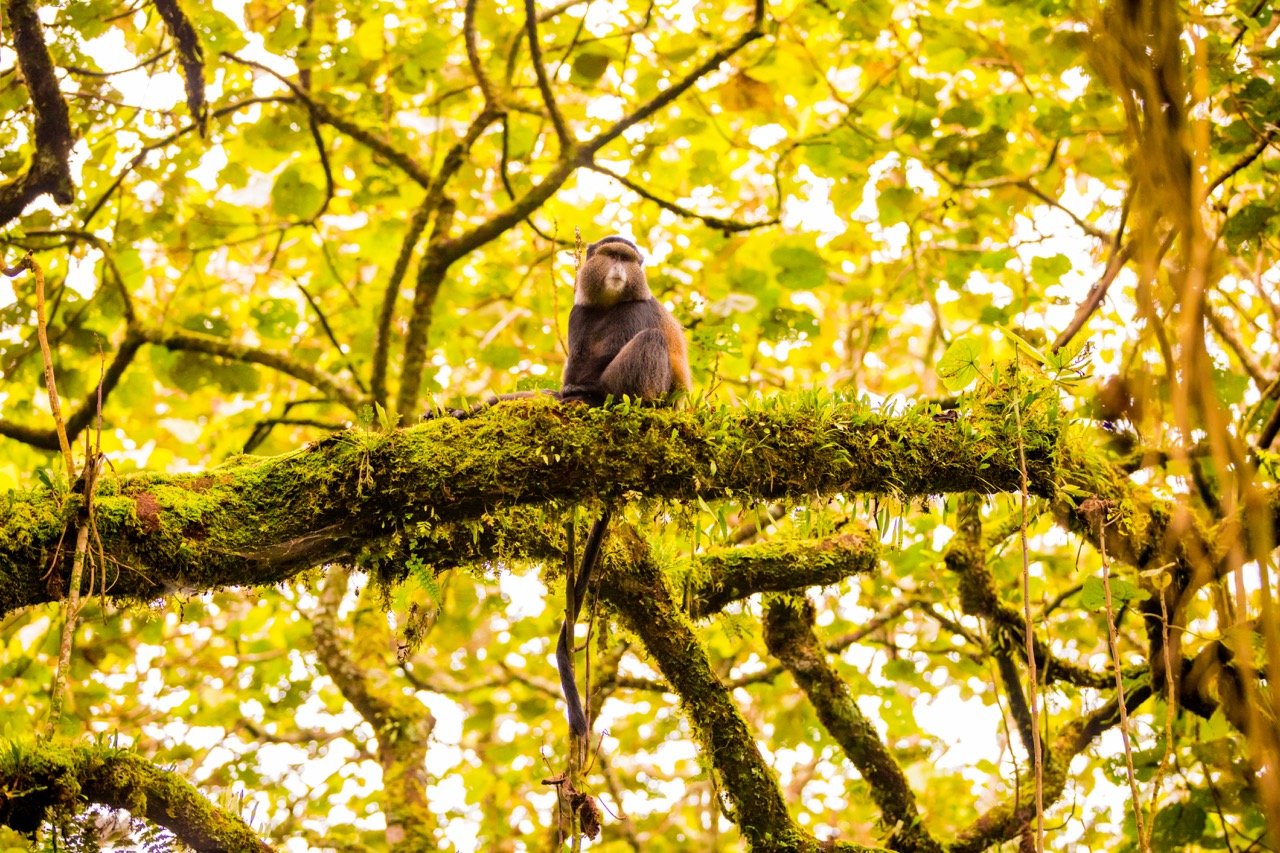
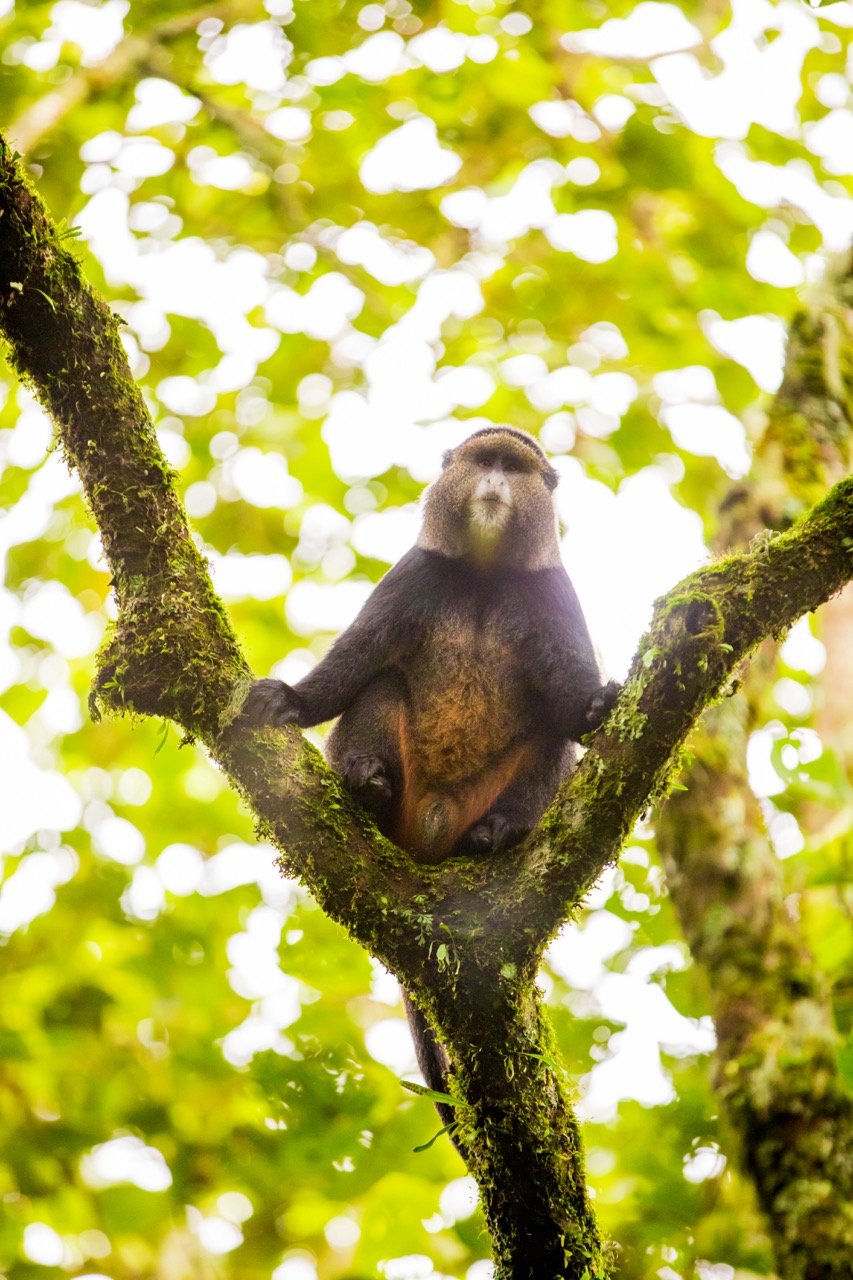
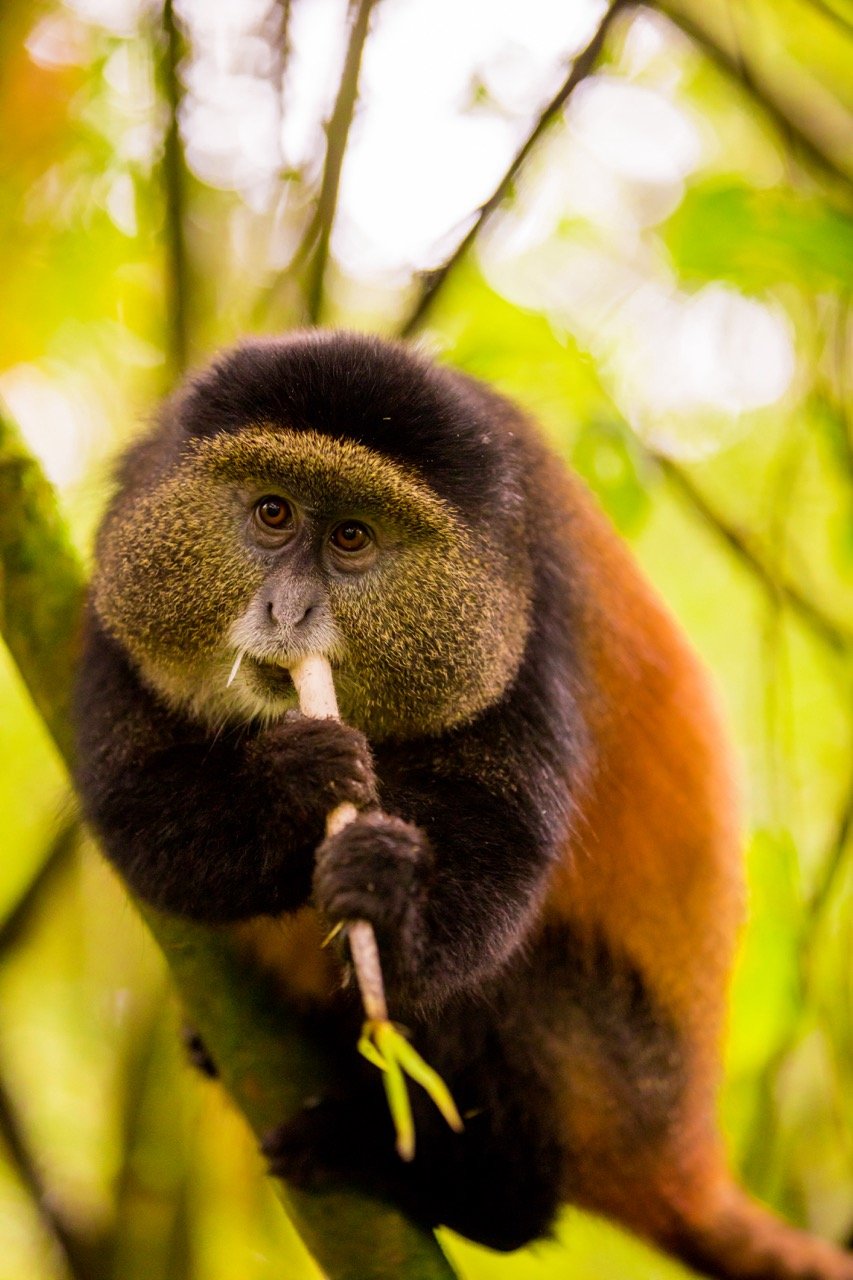
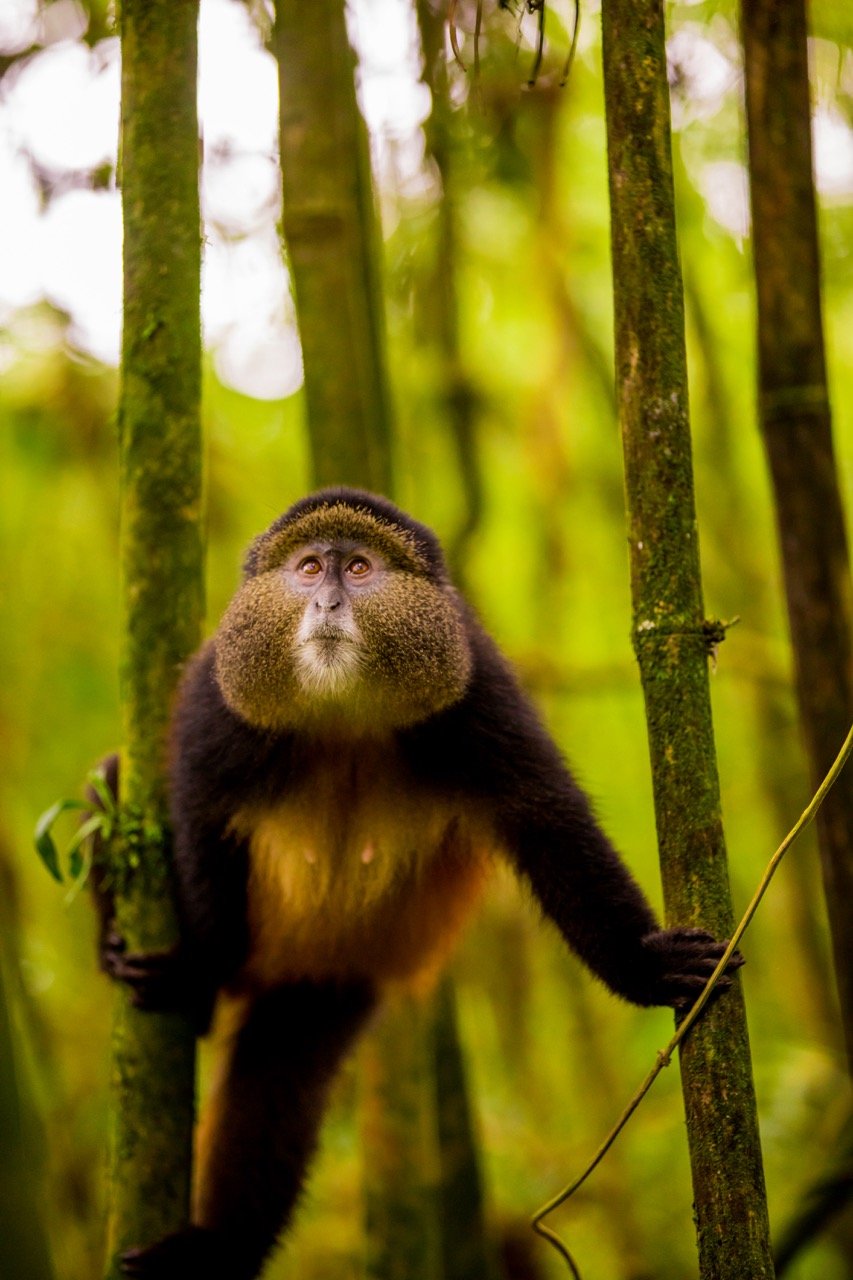
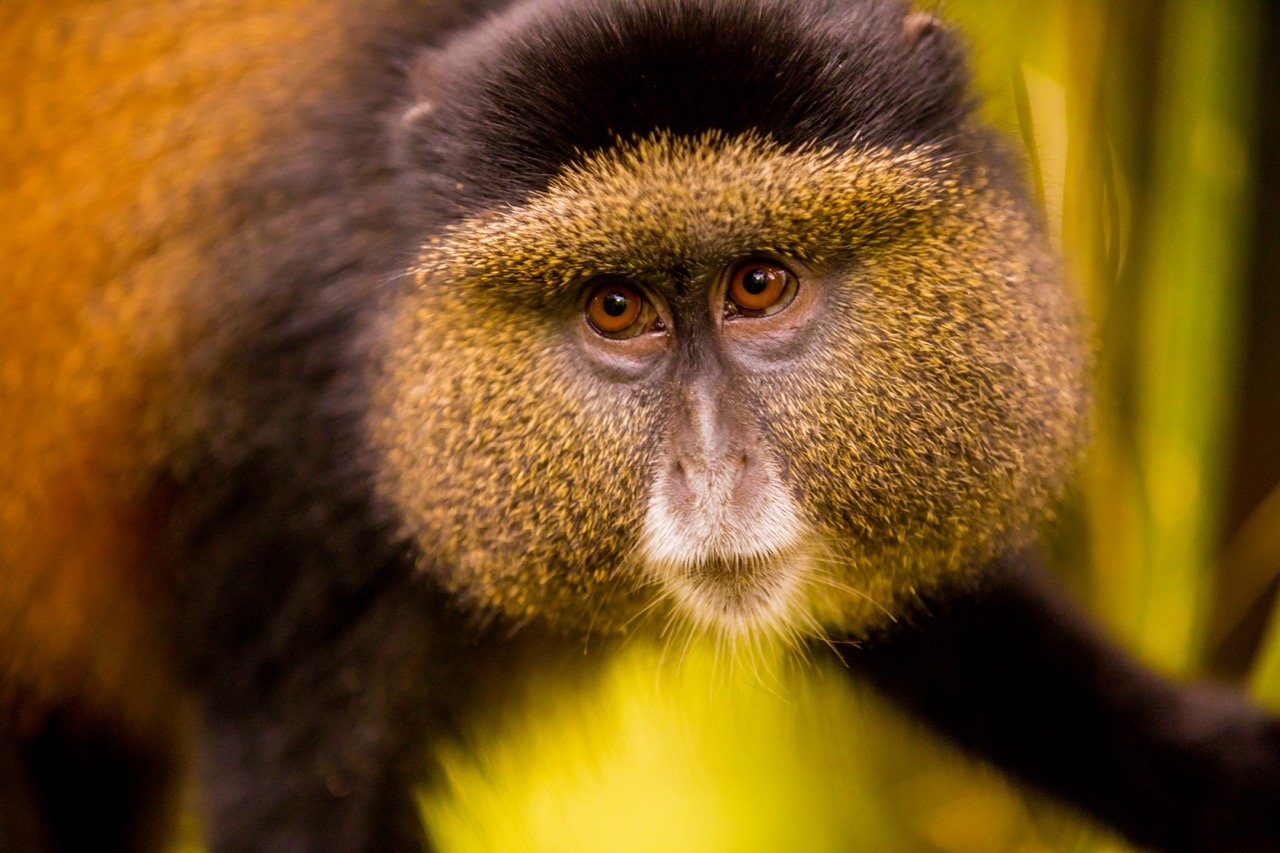
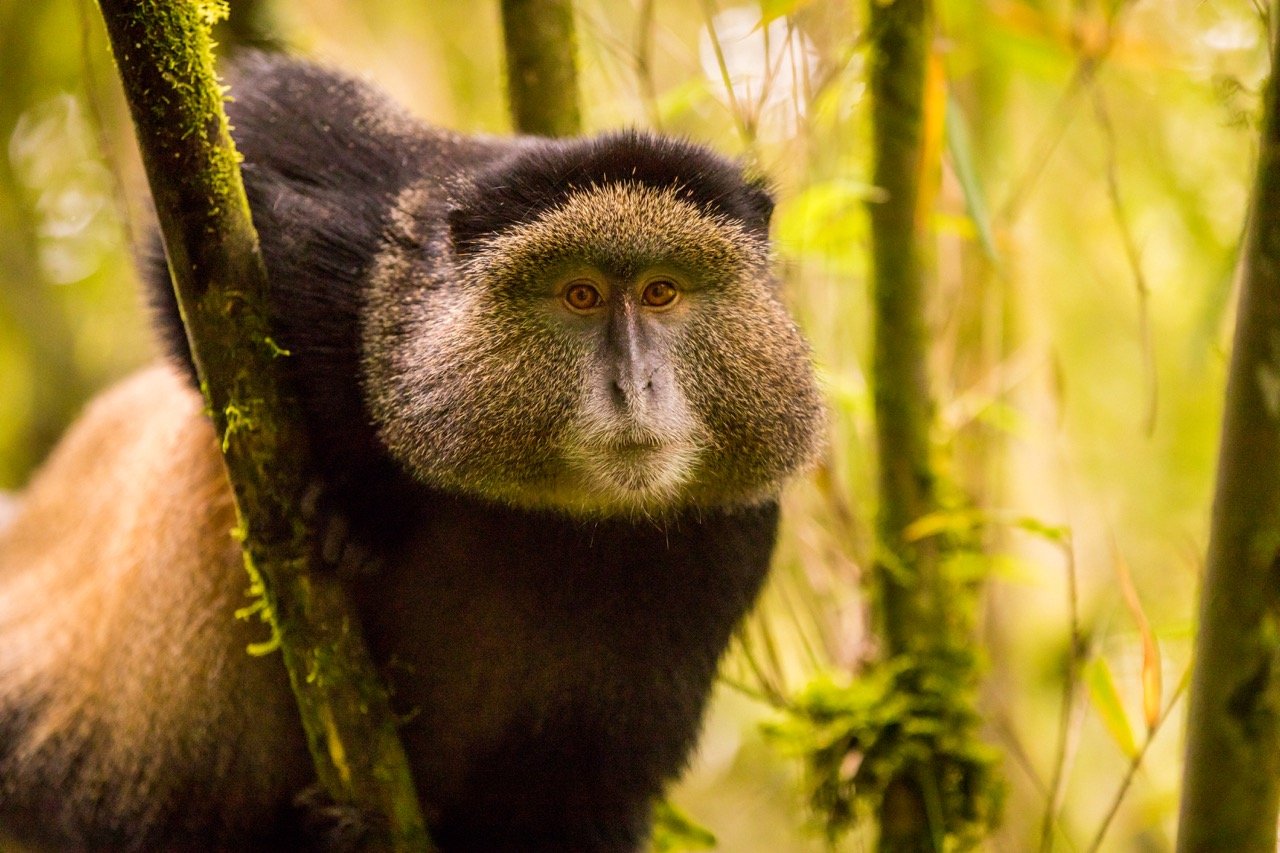
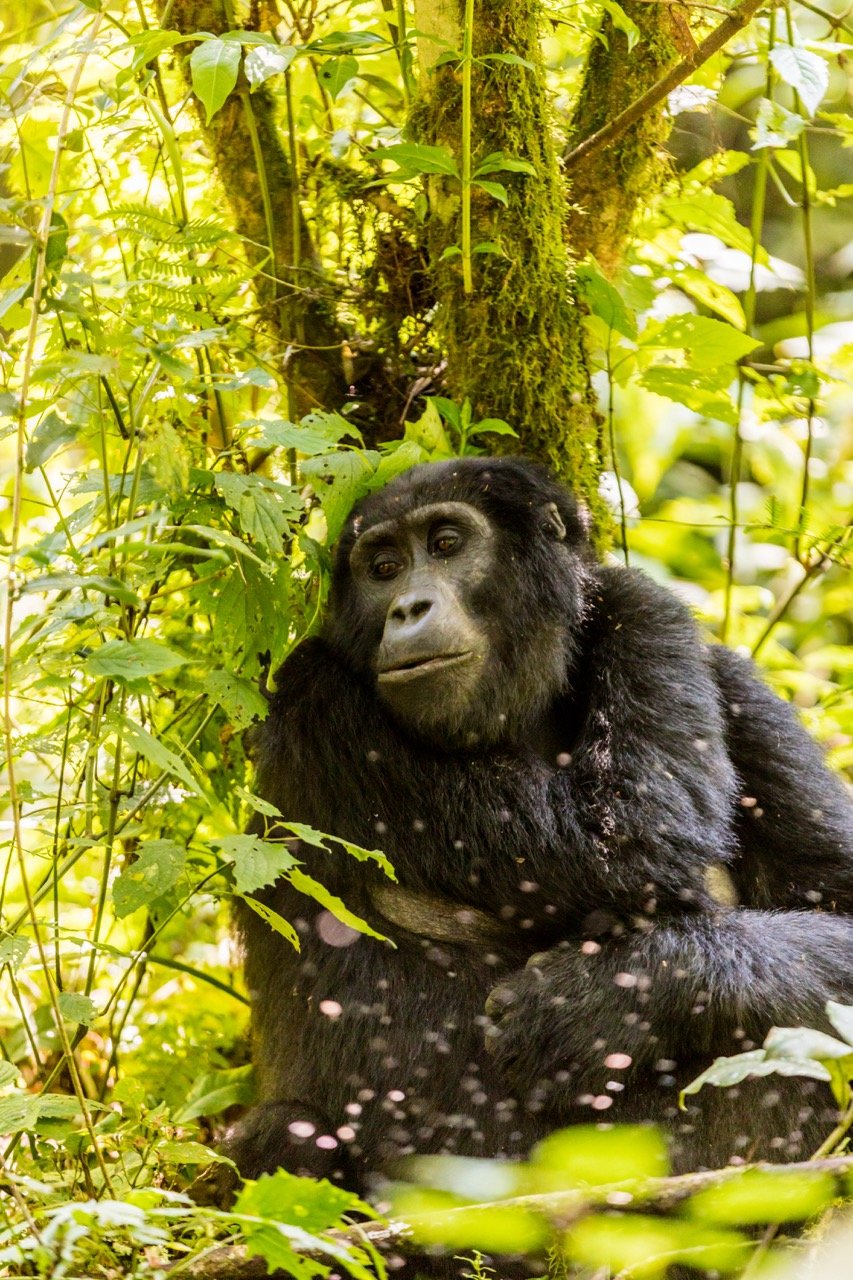
I led a group of six women and one man to Rwanda and Uganda on a philanthropic adventure trip; all of the locals affectionately called our one token male “Silverback” since the male Silverbacks gorillas always travel with a harem of female gorillas in the forest.
We started our trip in Kigali, the capital of Rwanda, and had a meal in “Heaven”, the restaurant that was made famous by the book “A Thousand Hills to Heaven,” a memoir about one couple and how they healed a Rwandan village, raised a family near the old killing fields, and built this restaurant named Heaven. The authors, Josh and Alissa, newlyweds at the time, were at a party and received a challenge: “Do you think you can really make a difference here in Africa?”
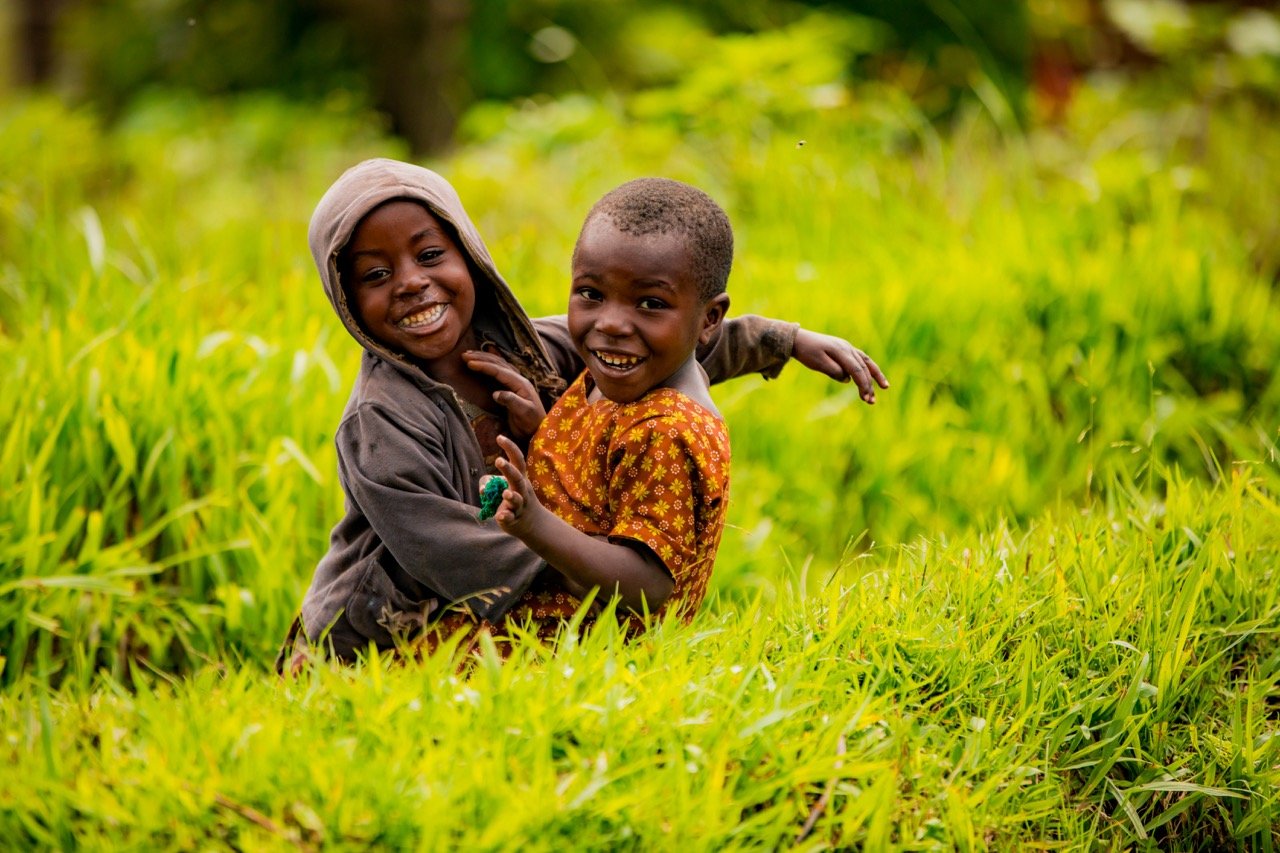
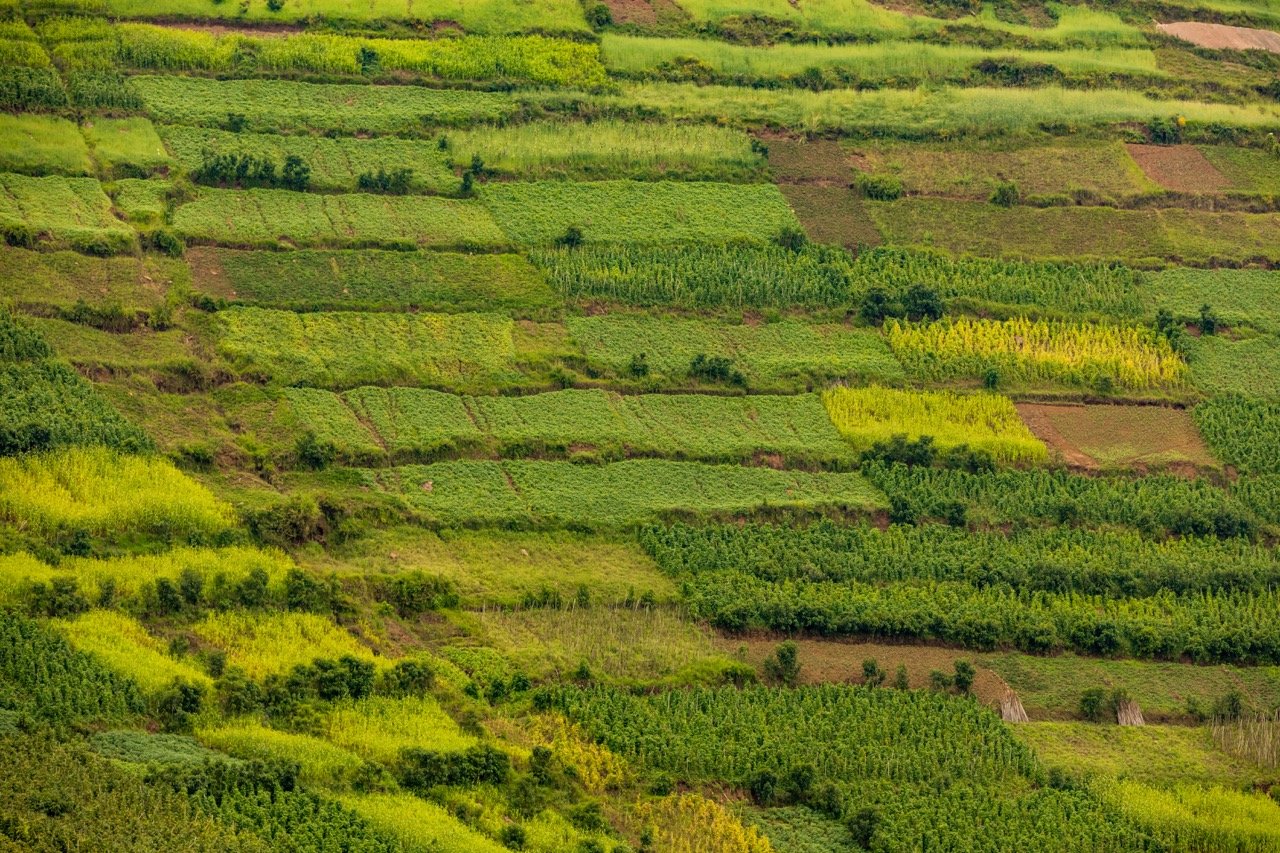
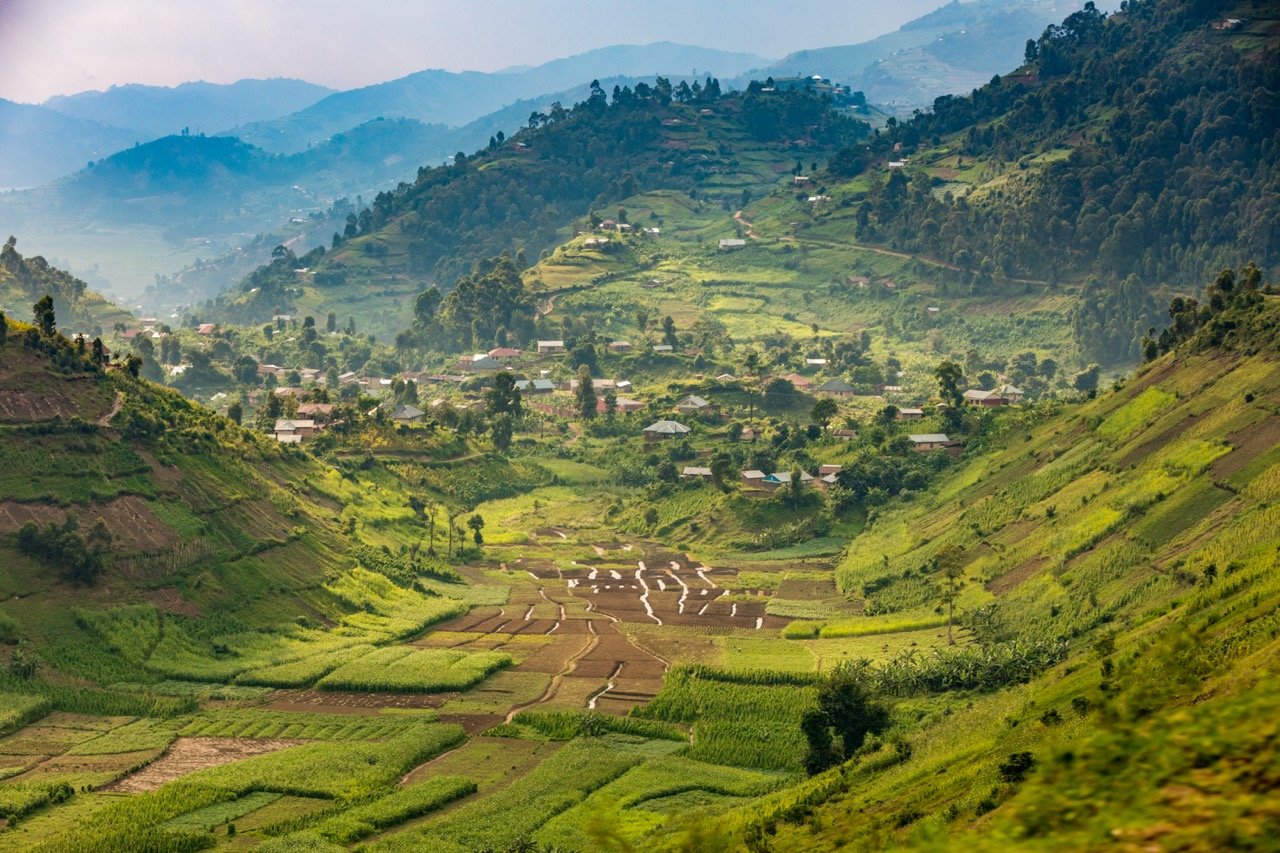
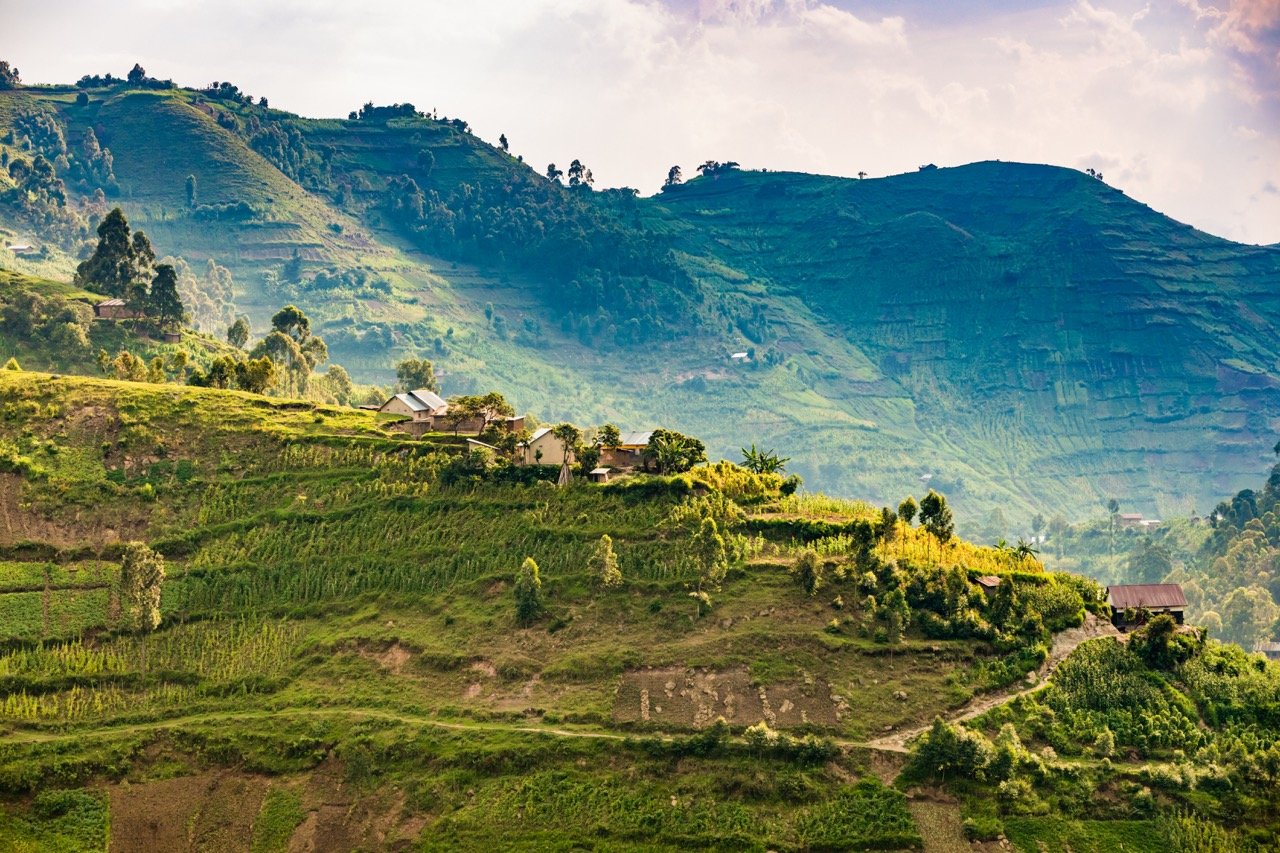
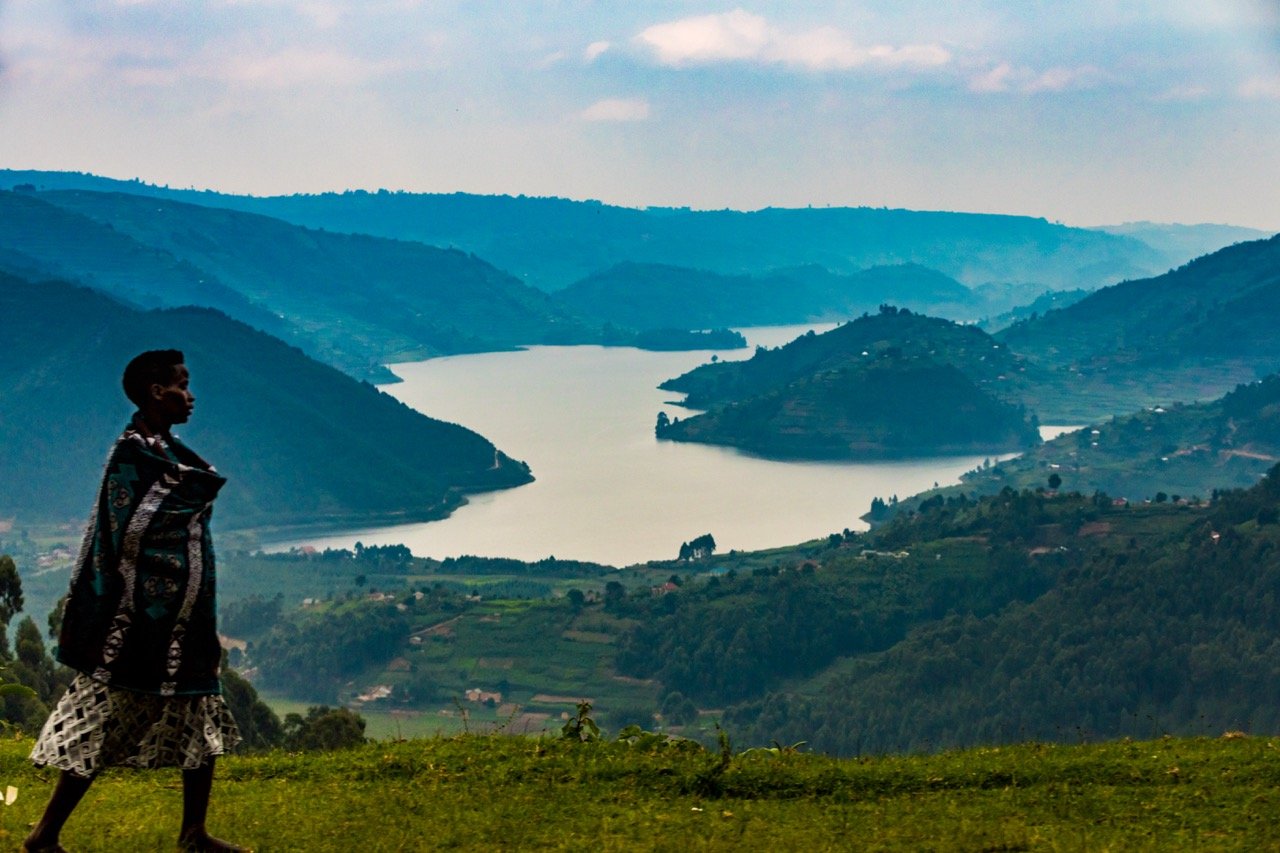
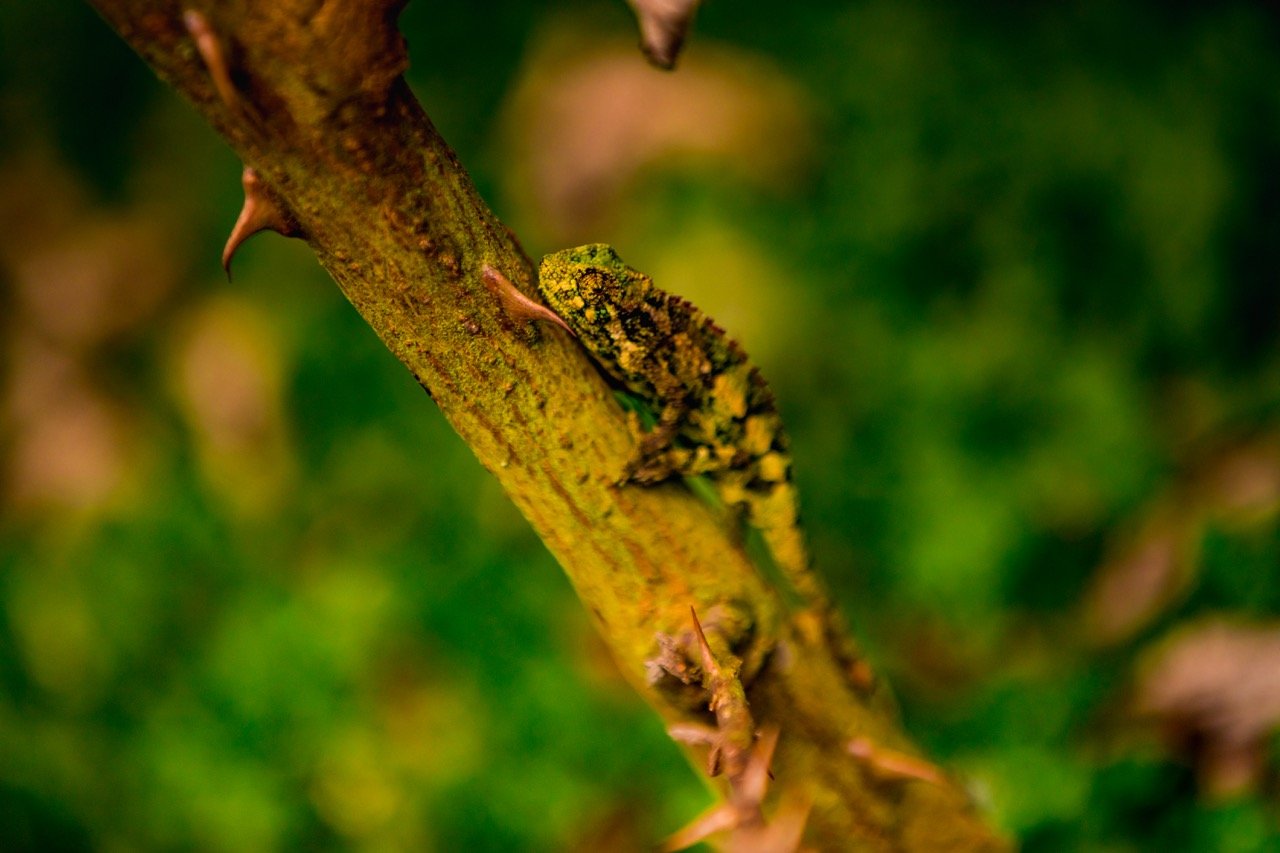
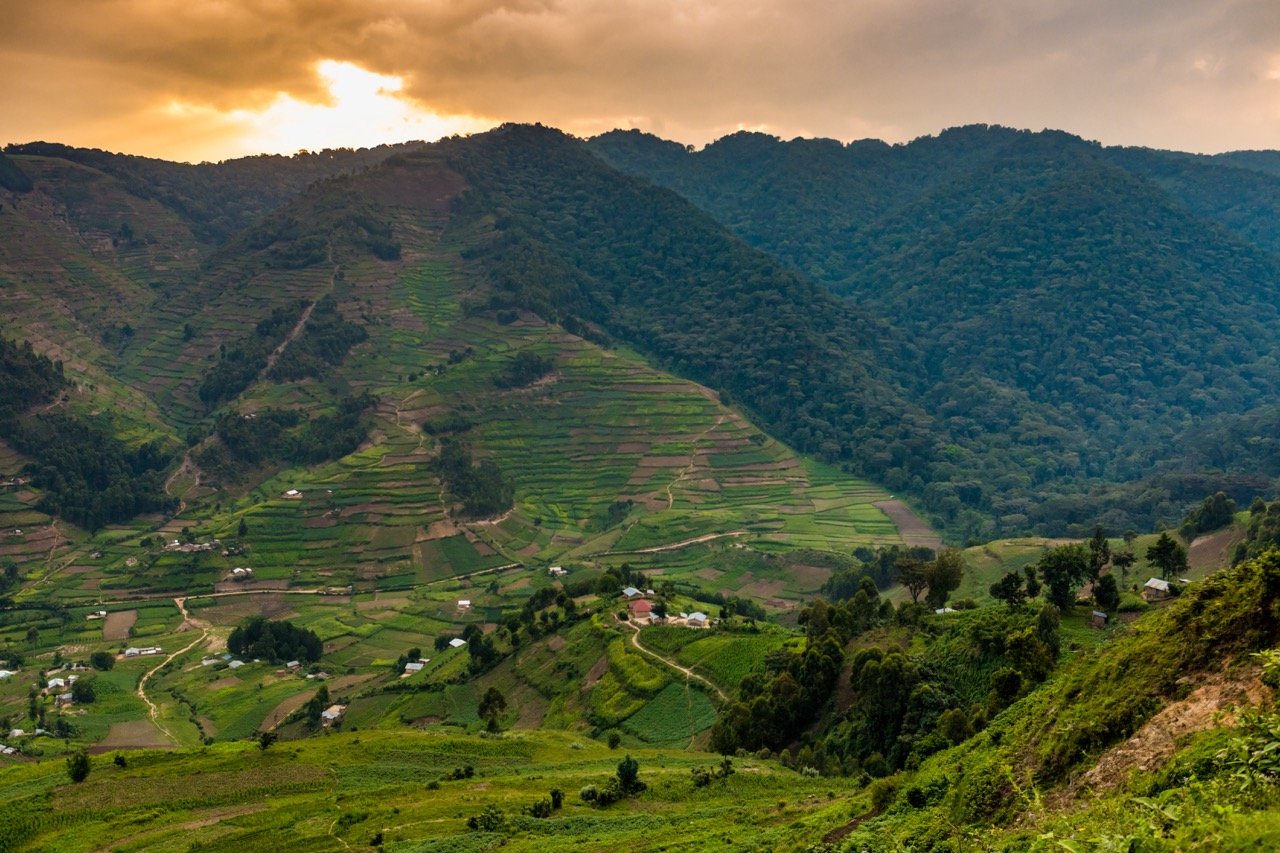
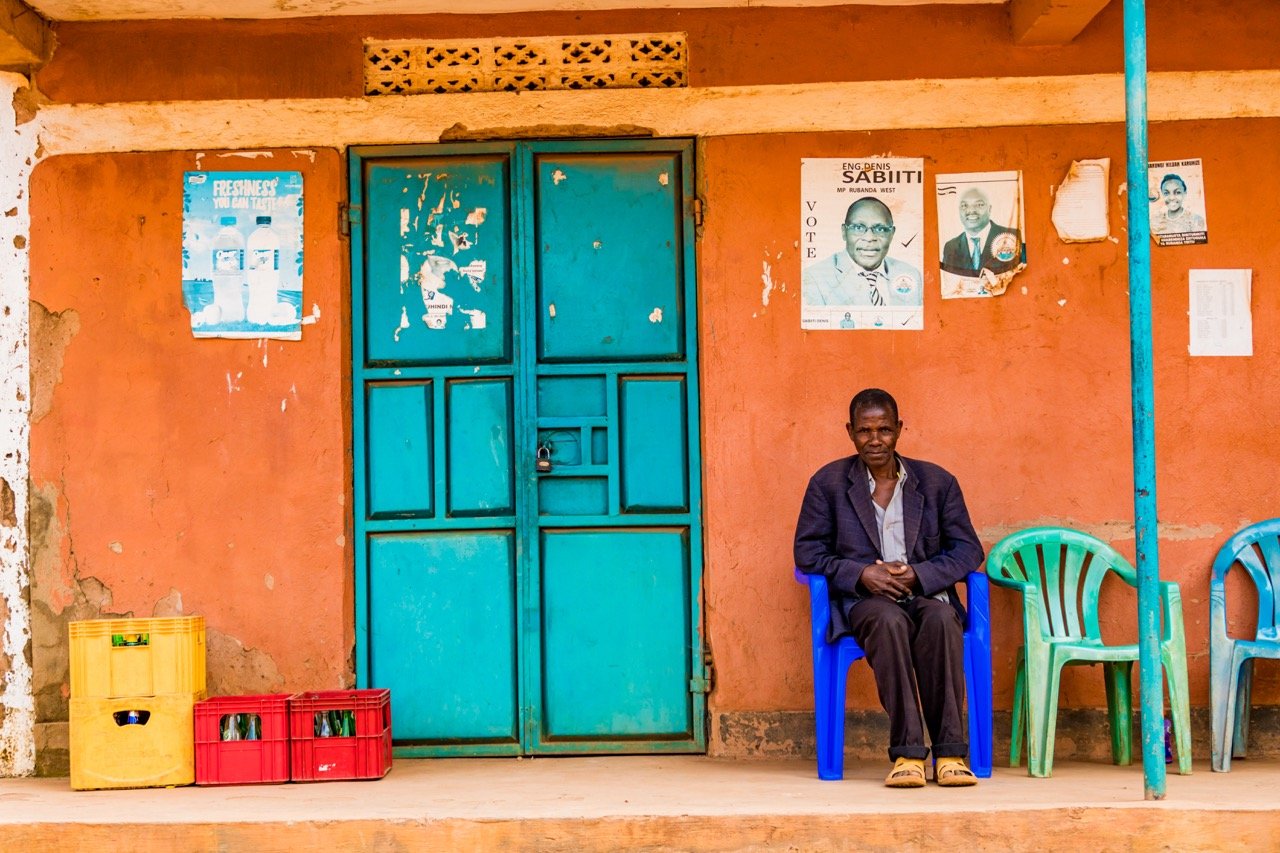
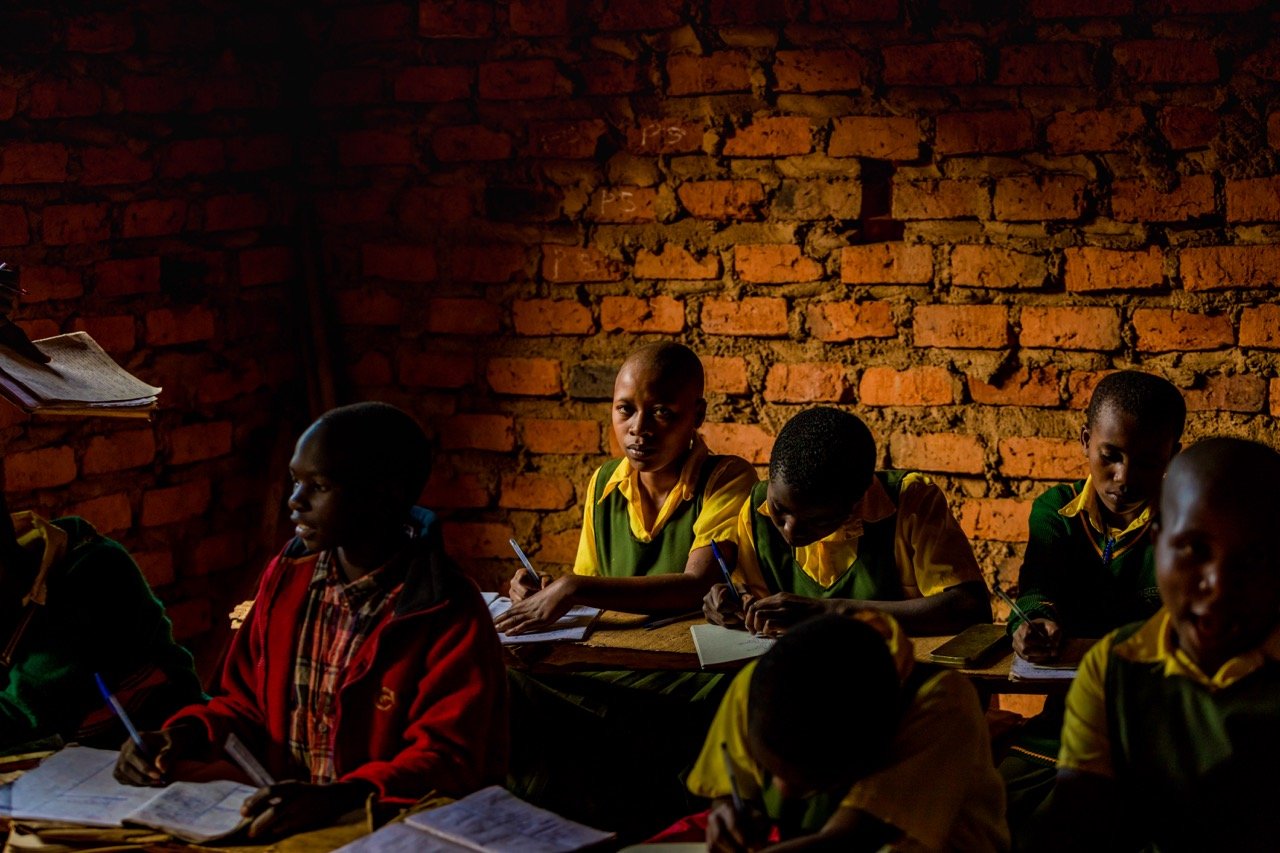
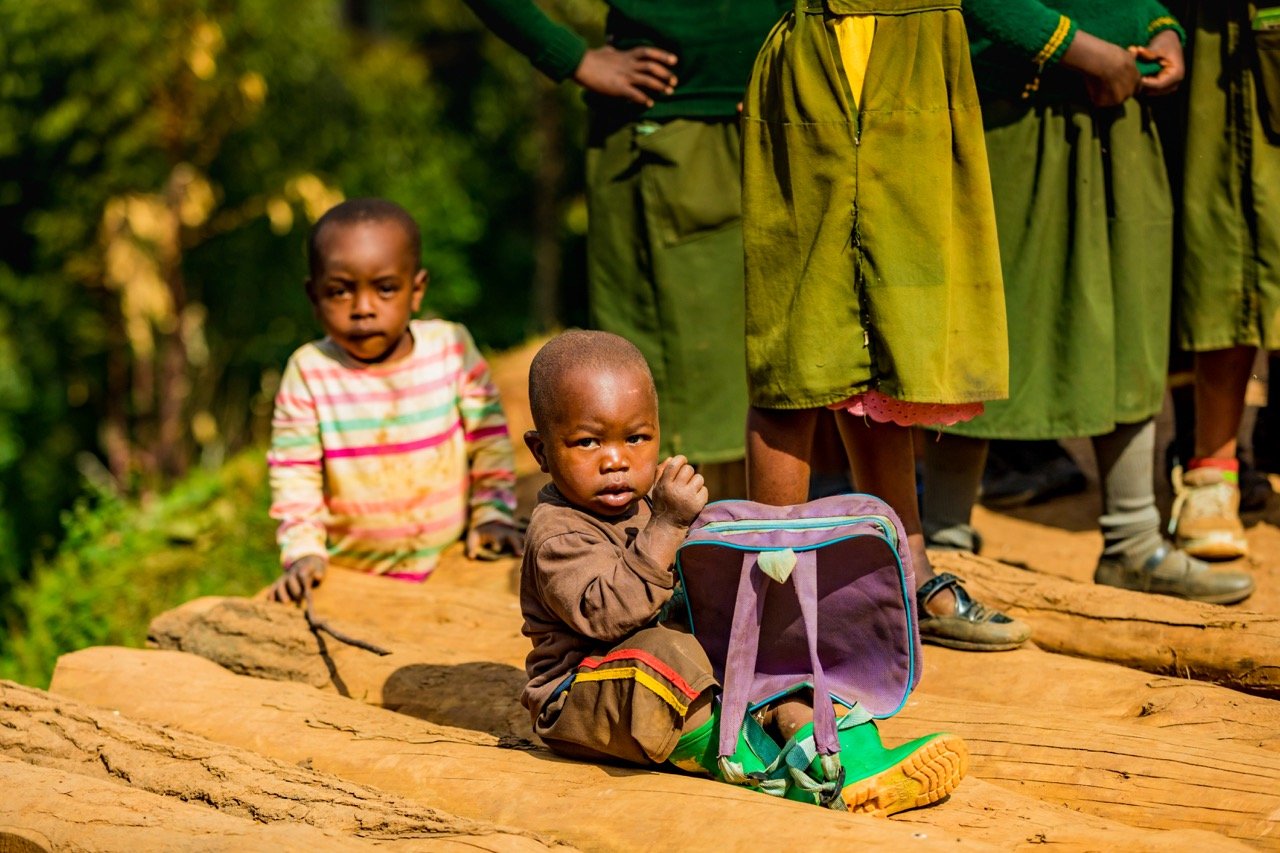
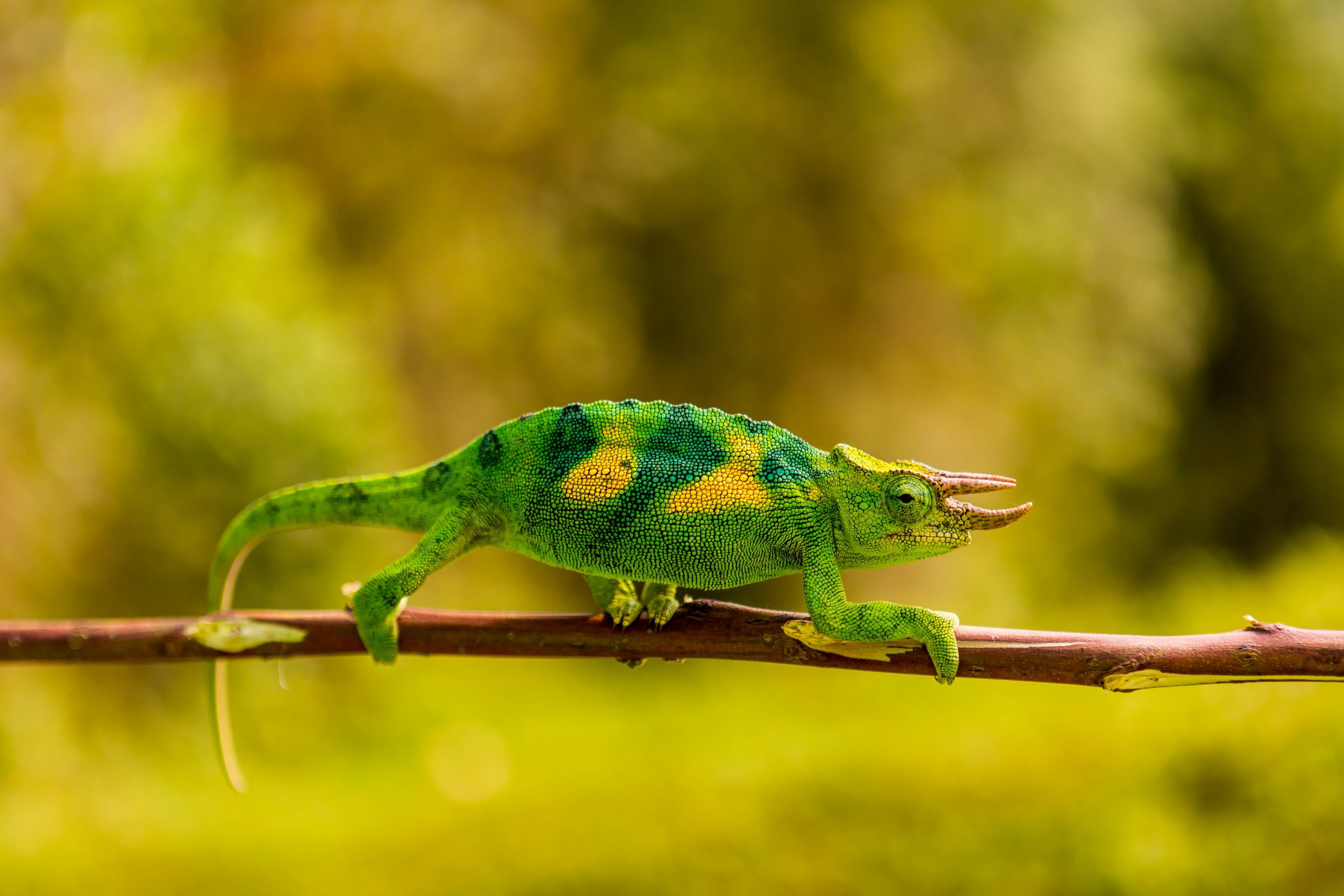
This memoir inspired me to lead this trip and to see if through adventure, we too could all give back and make a positive impact here in Rwanda and Uganda. So it was only fitting to begin our journey right in this spot.
Our first stop was visiting the female artisan weaving collective, Handspun Hope, who are mostly widowed women from the horrific genocide that happened here in the 1990s. Many men were murdered in a two-week period of time, leaving women and children orphaned and widowed and with no way to provide for themselves. This non-profit created a gorgeous, safe oasis for these women to weave and gather together and purchasing these goods helps them to support their families and communities and help lift them out of poverty.



Due to the genocide, Rwanda has received a lot of aid and tourism help from around the world. We noticed a marked difference in infrastructure and wealth between Rwanda and Uganda; Uganda is by far the poorer neighbor. So we decided to stay in an eco-lodge on the Ugandan side of the Bwindi Impenetrable Forest to help support the country’s tourism, and also receive the benefits of the Ugandan side’s lower price tag.
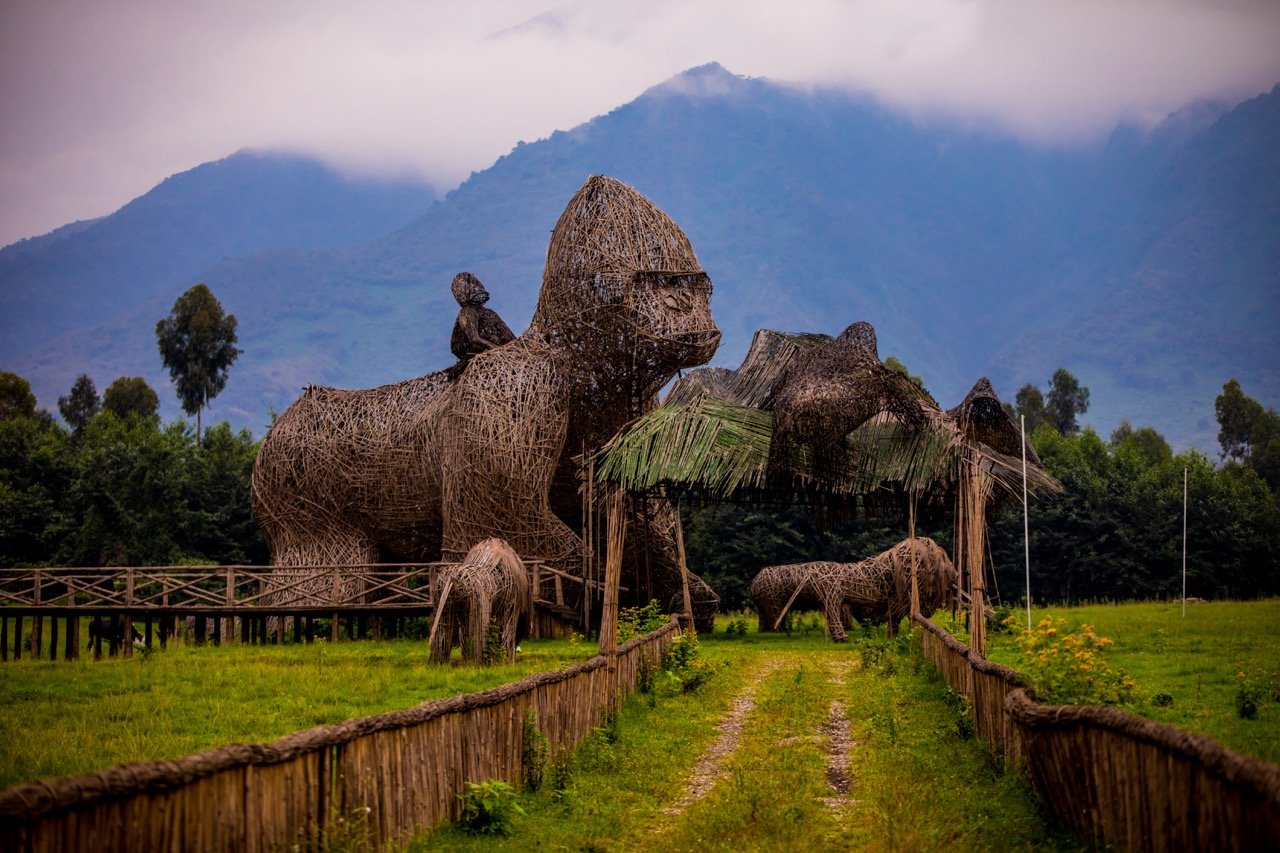
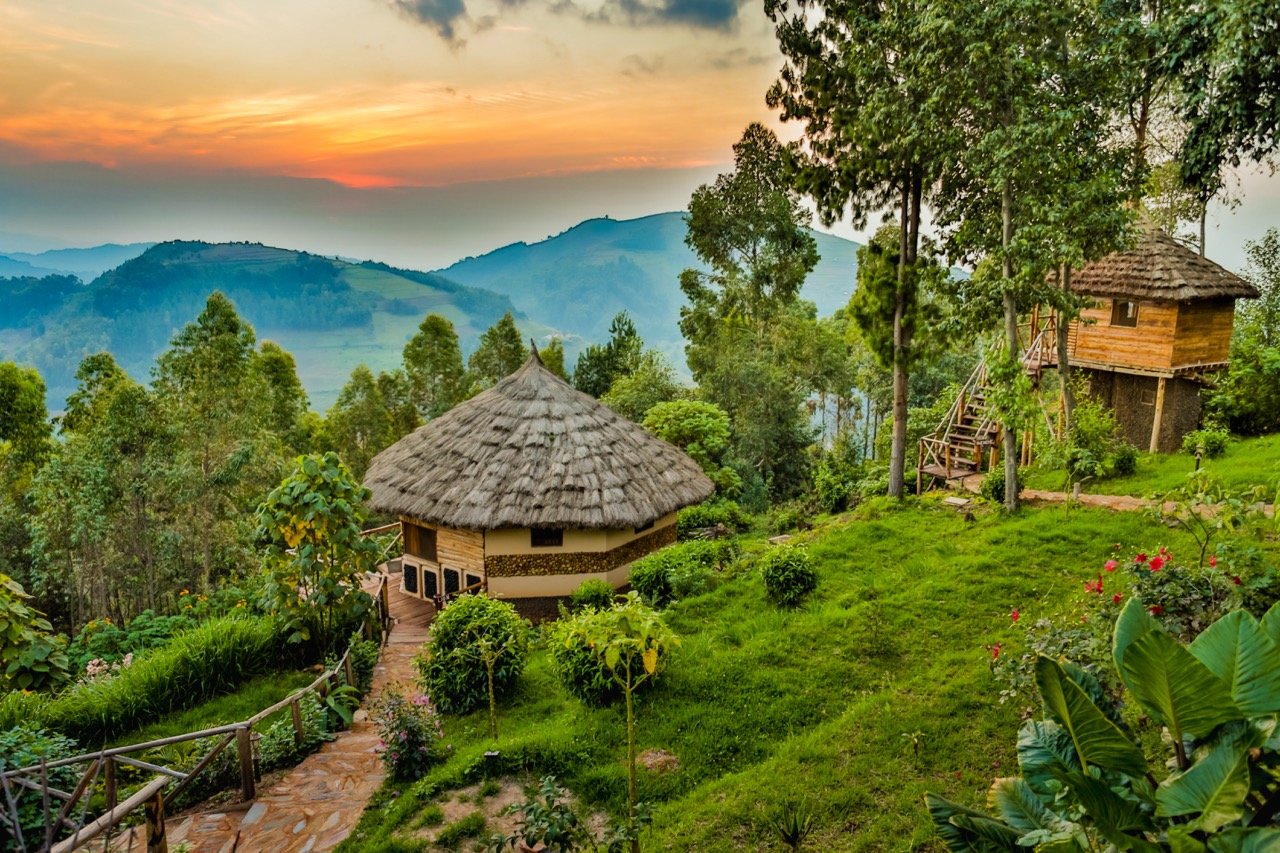
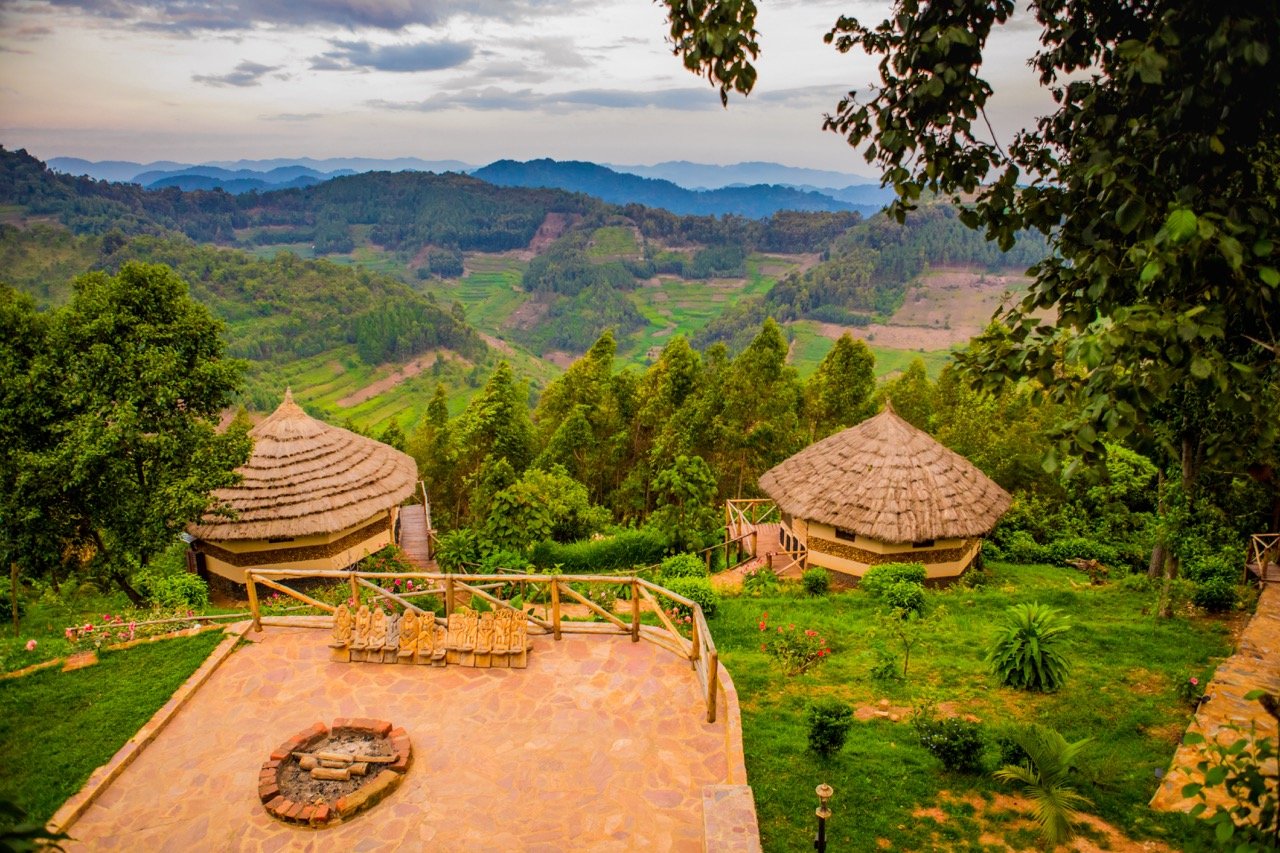

We spent two days hiking out to see the gorillas. Each morning, groups of trackers leave at sunrise to track the various families of gorillas in the forest, and then a couple hours later we leave in groups to follow their trail and hopefully intercept the great apes. Many of these trackers were once poachers, but now tourist dollars flowing in make the gorillas worth more alive than dead—many poachers have switched to the “good side,” helping to protect these giant creatures.

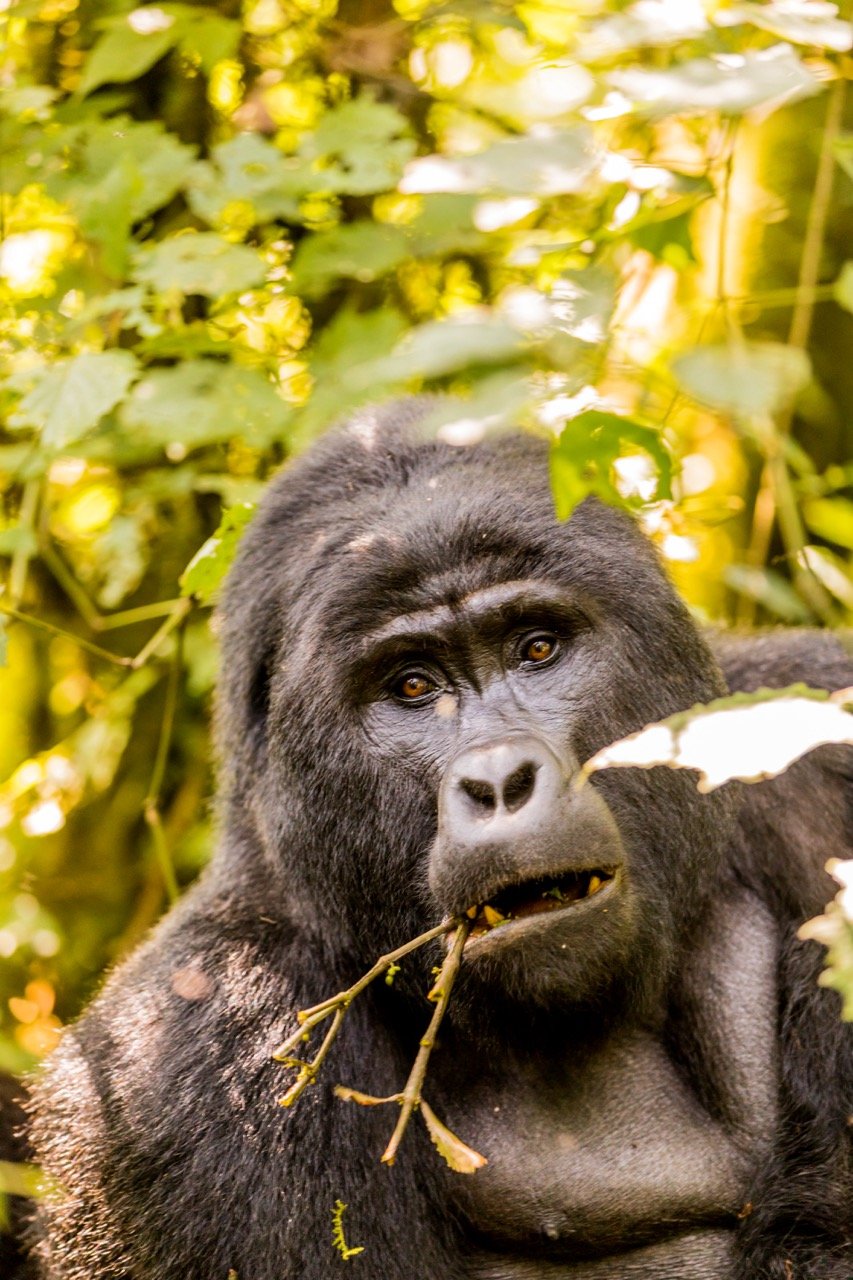
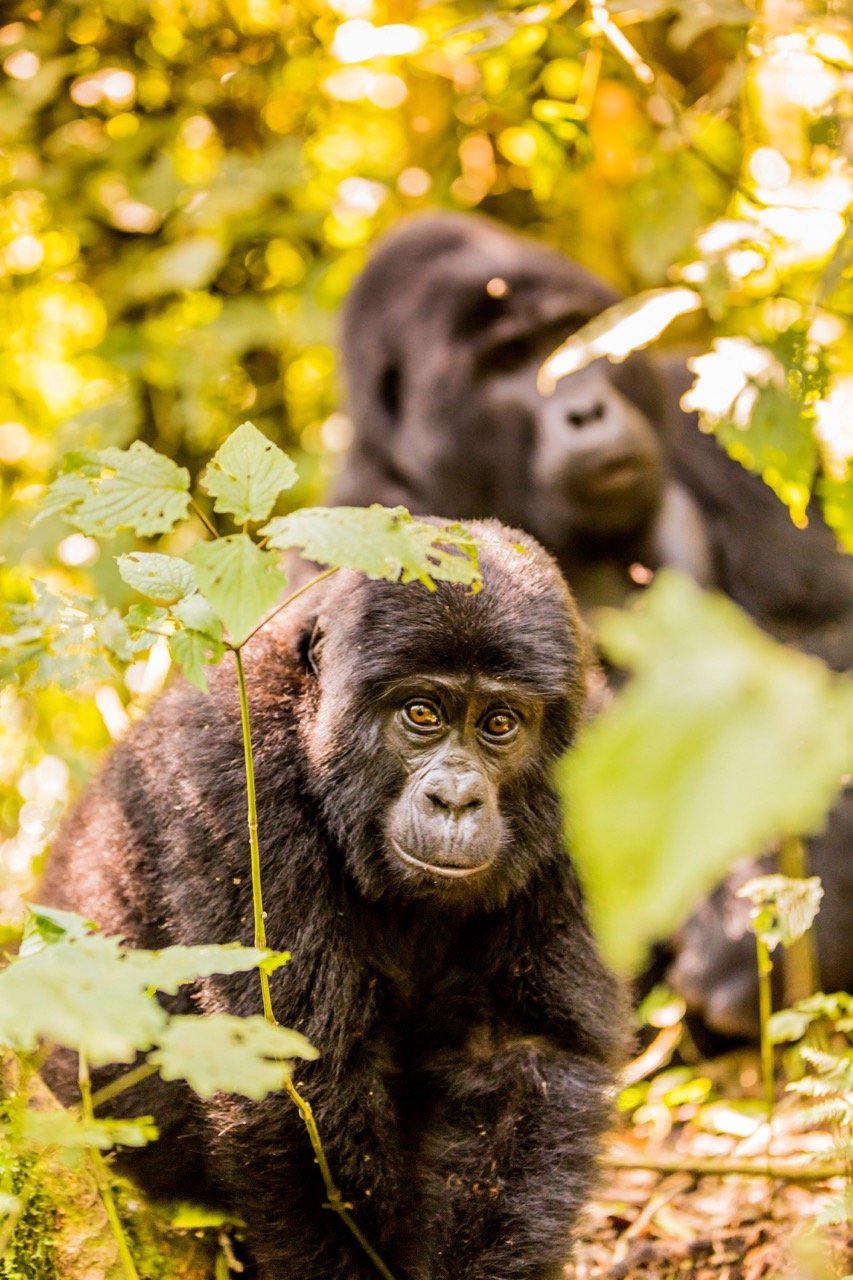
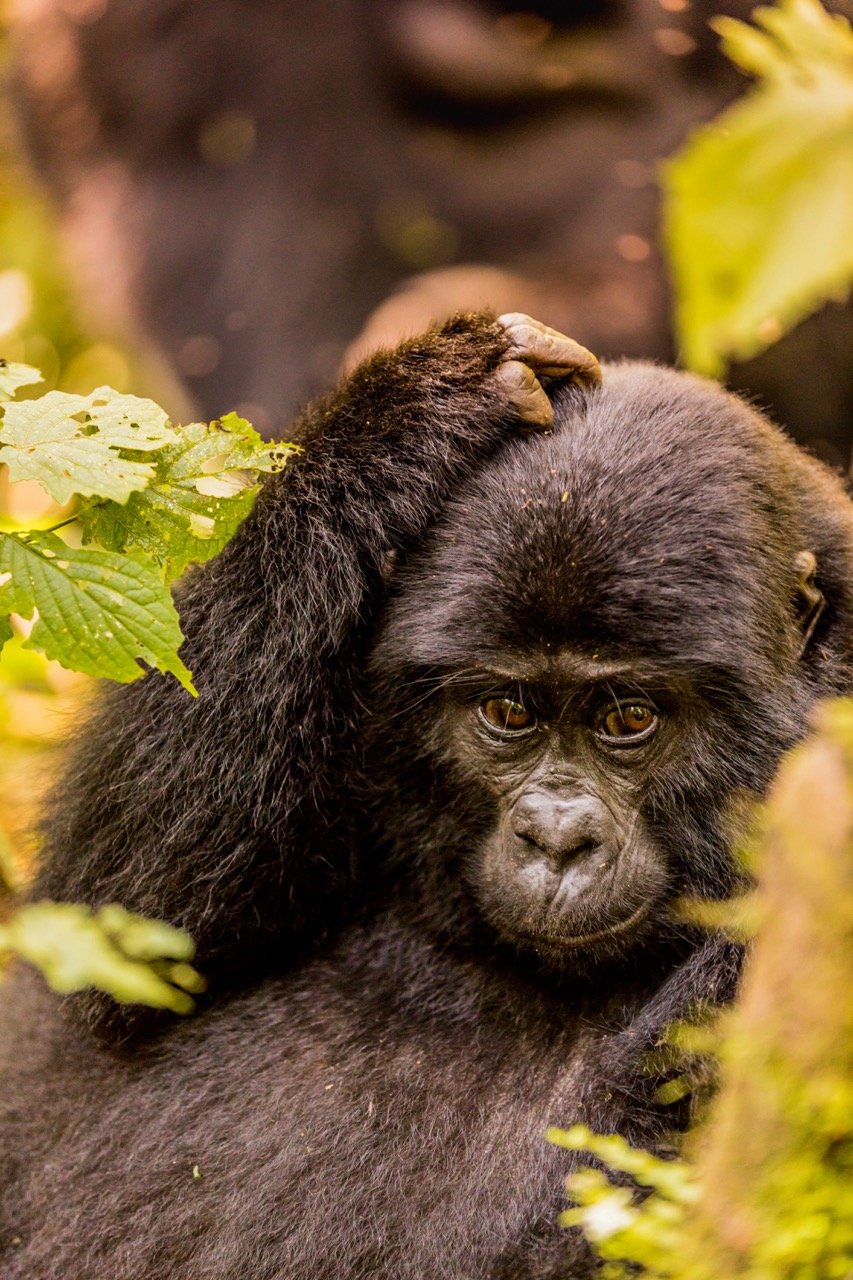
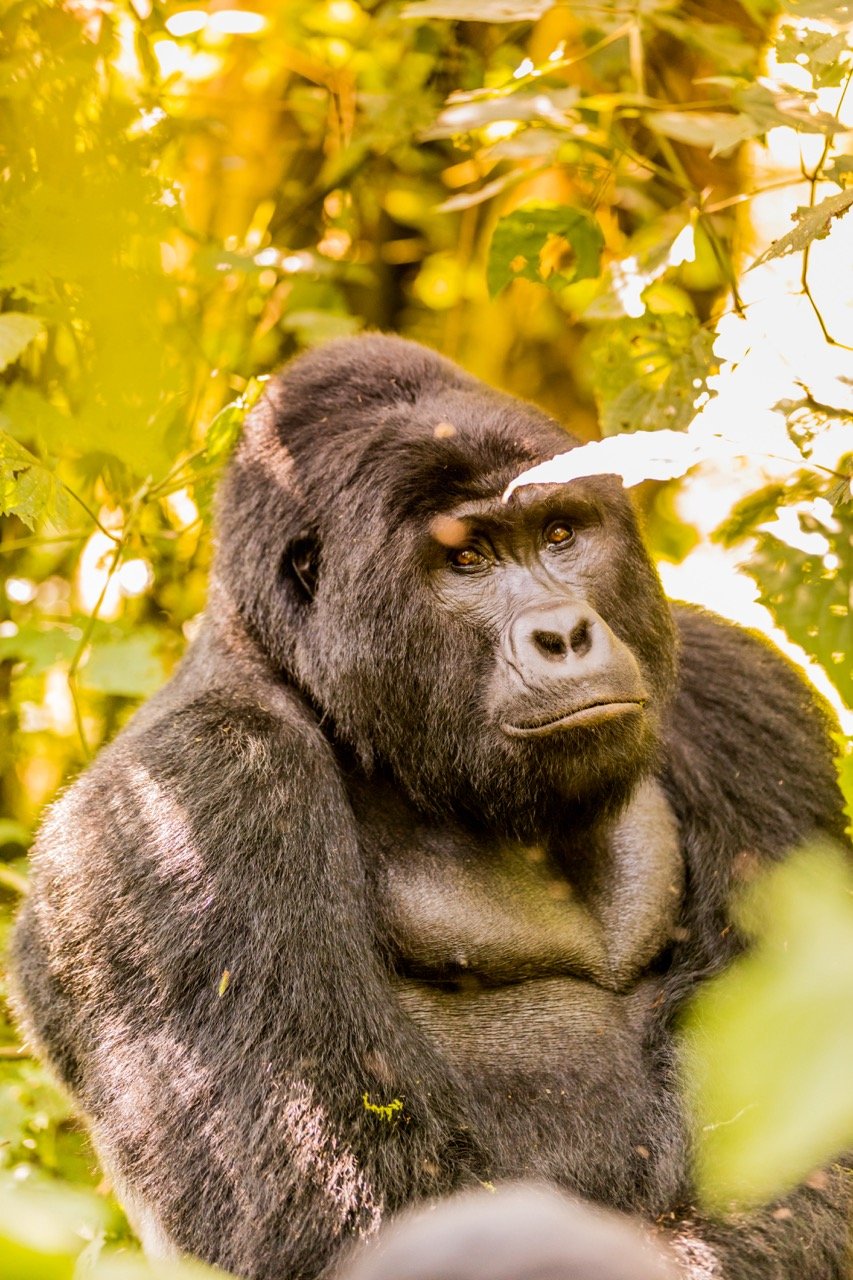
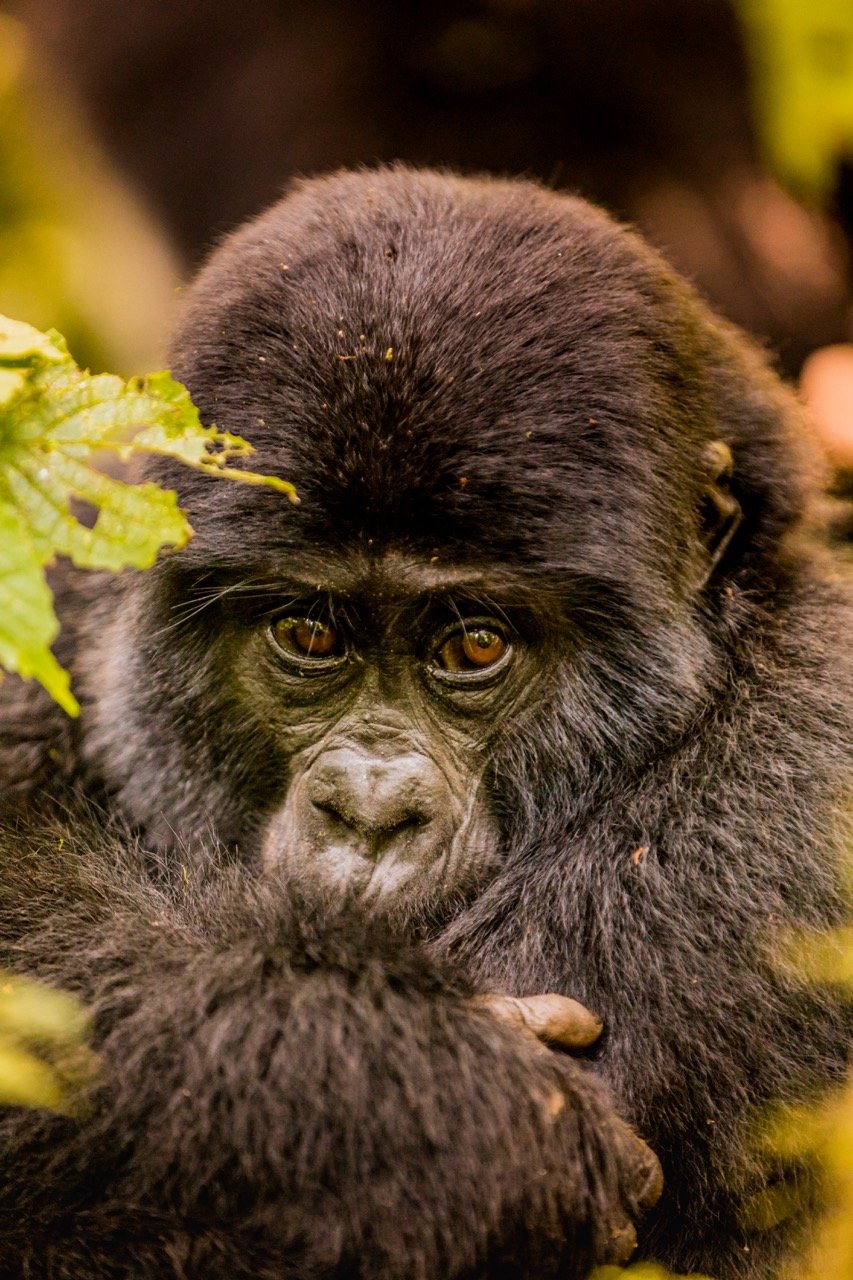
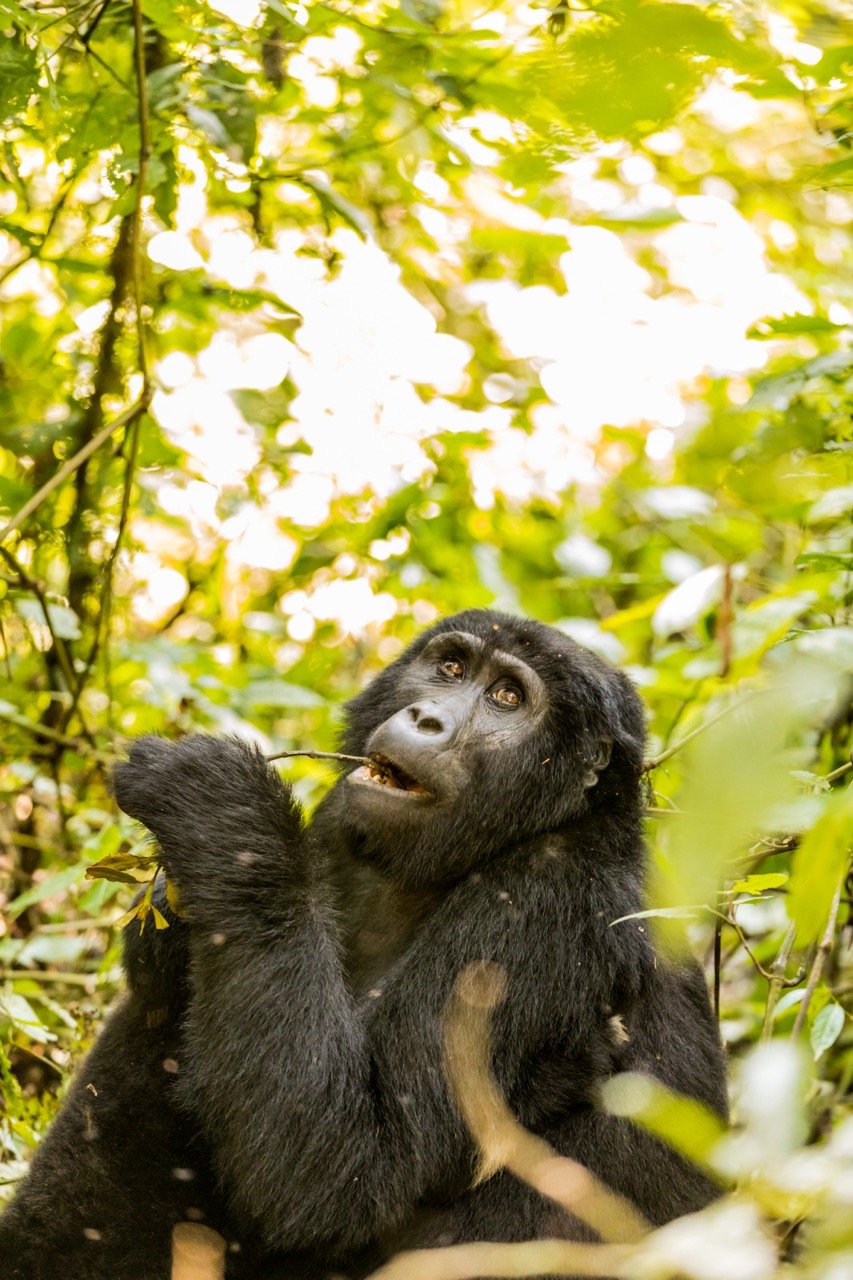
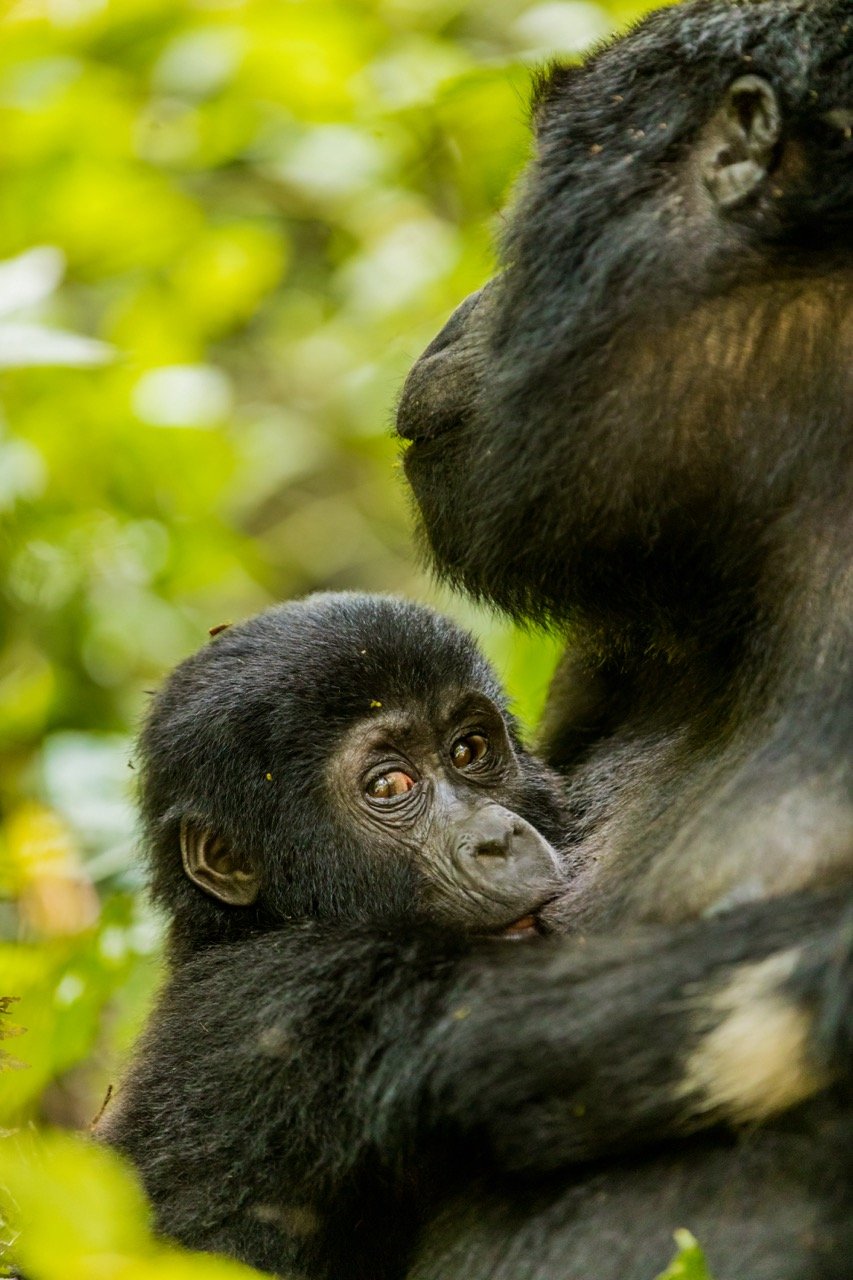
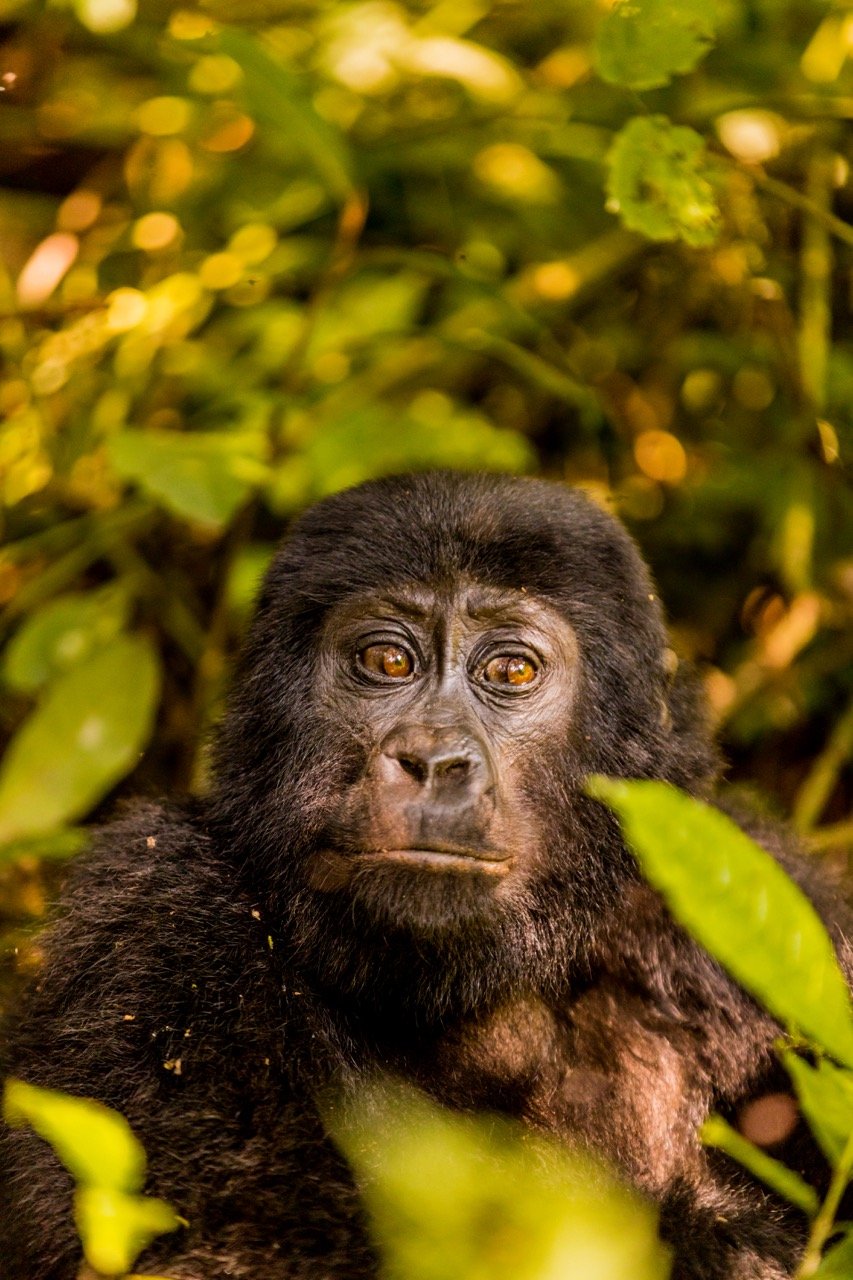
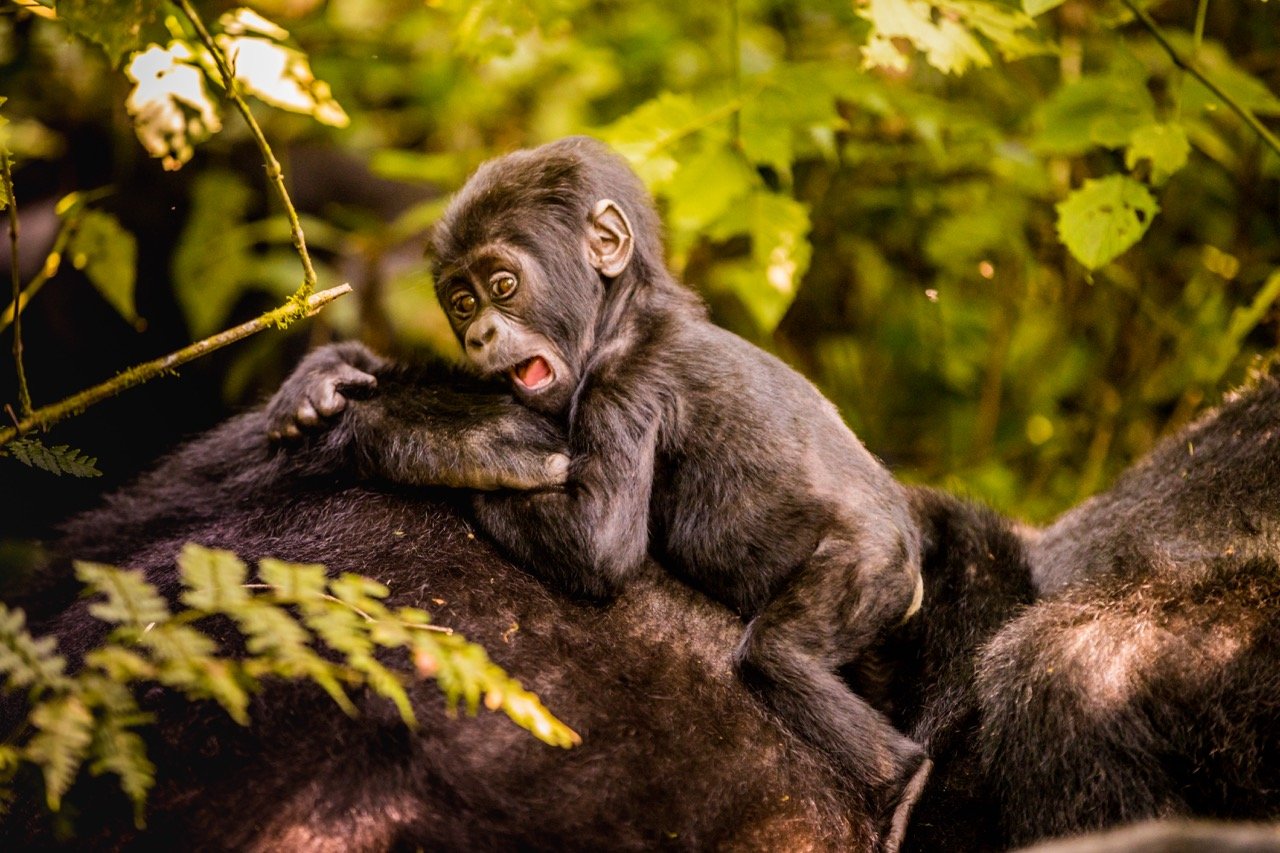
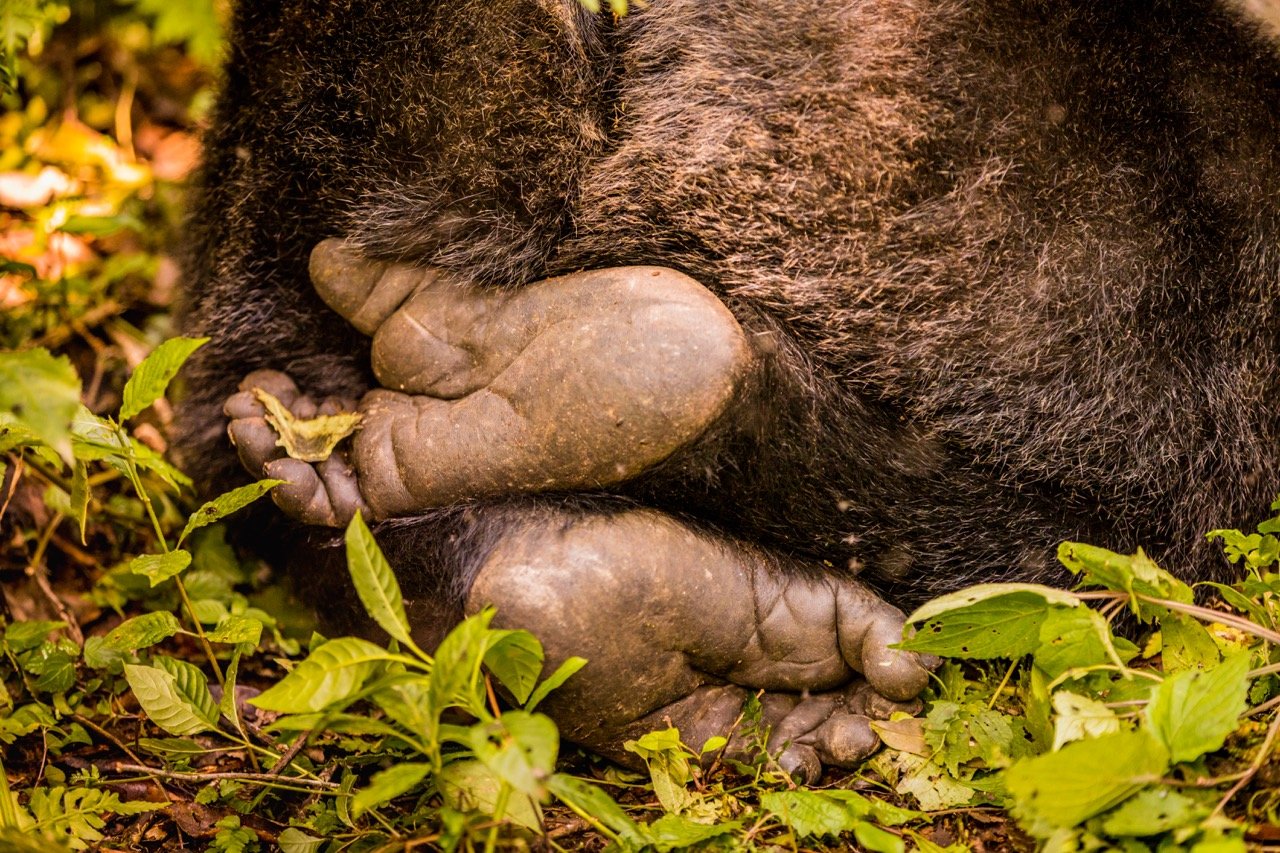
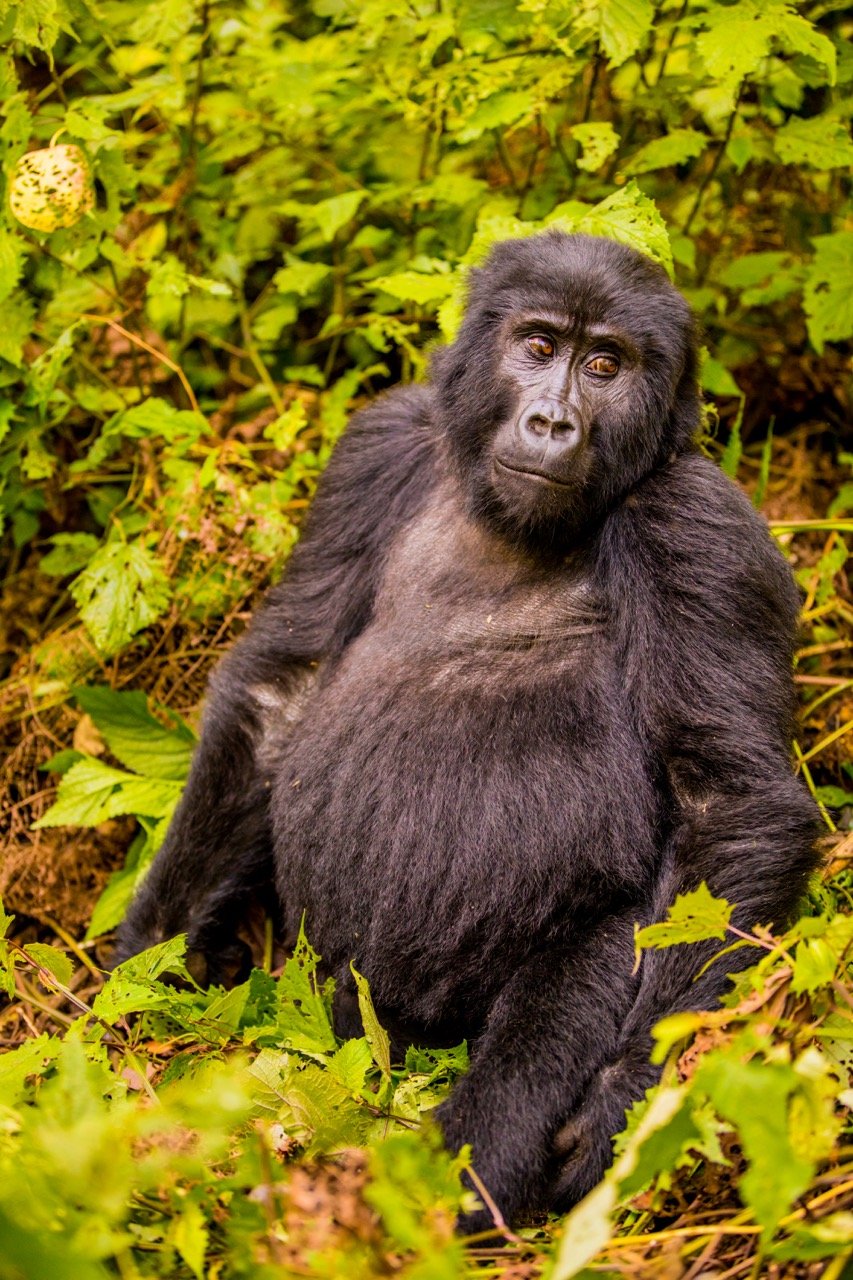
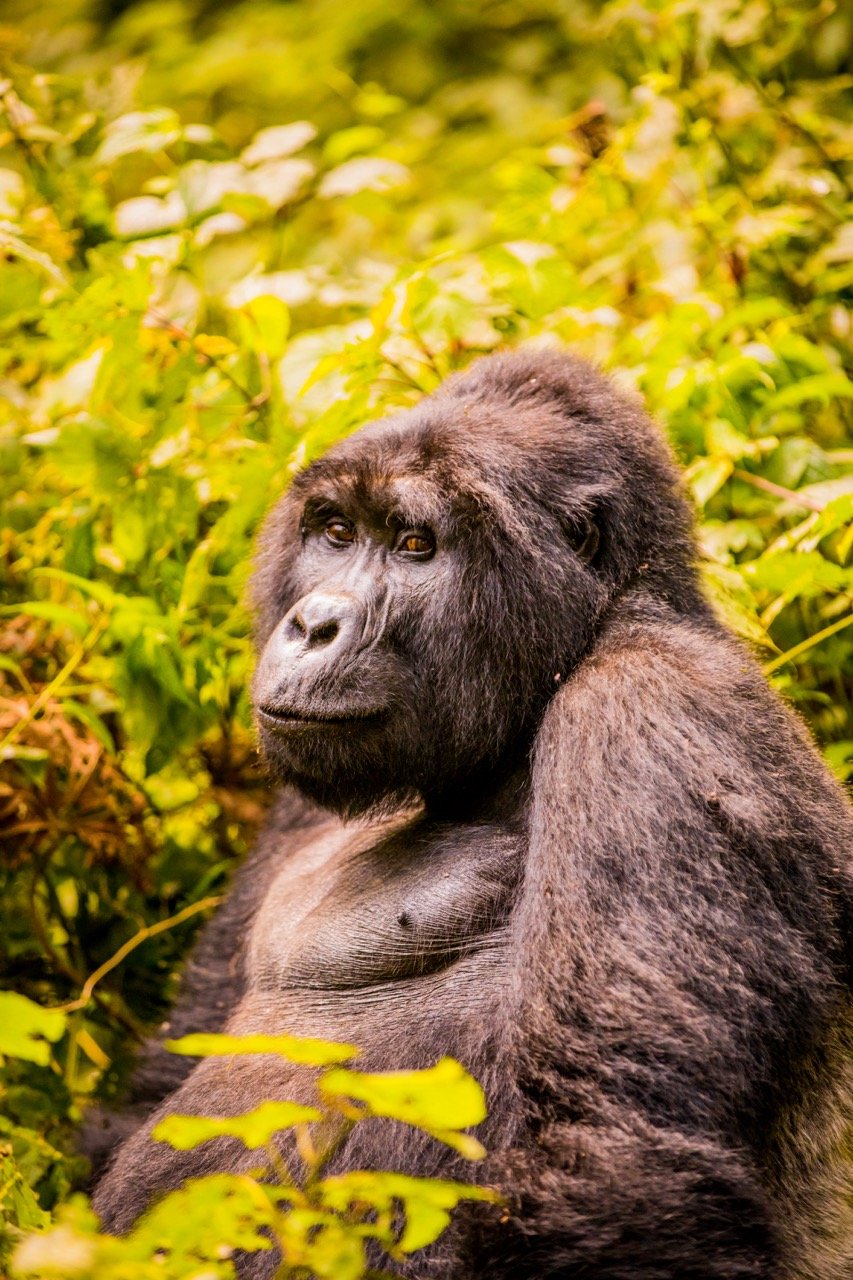
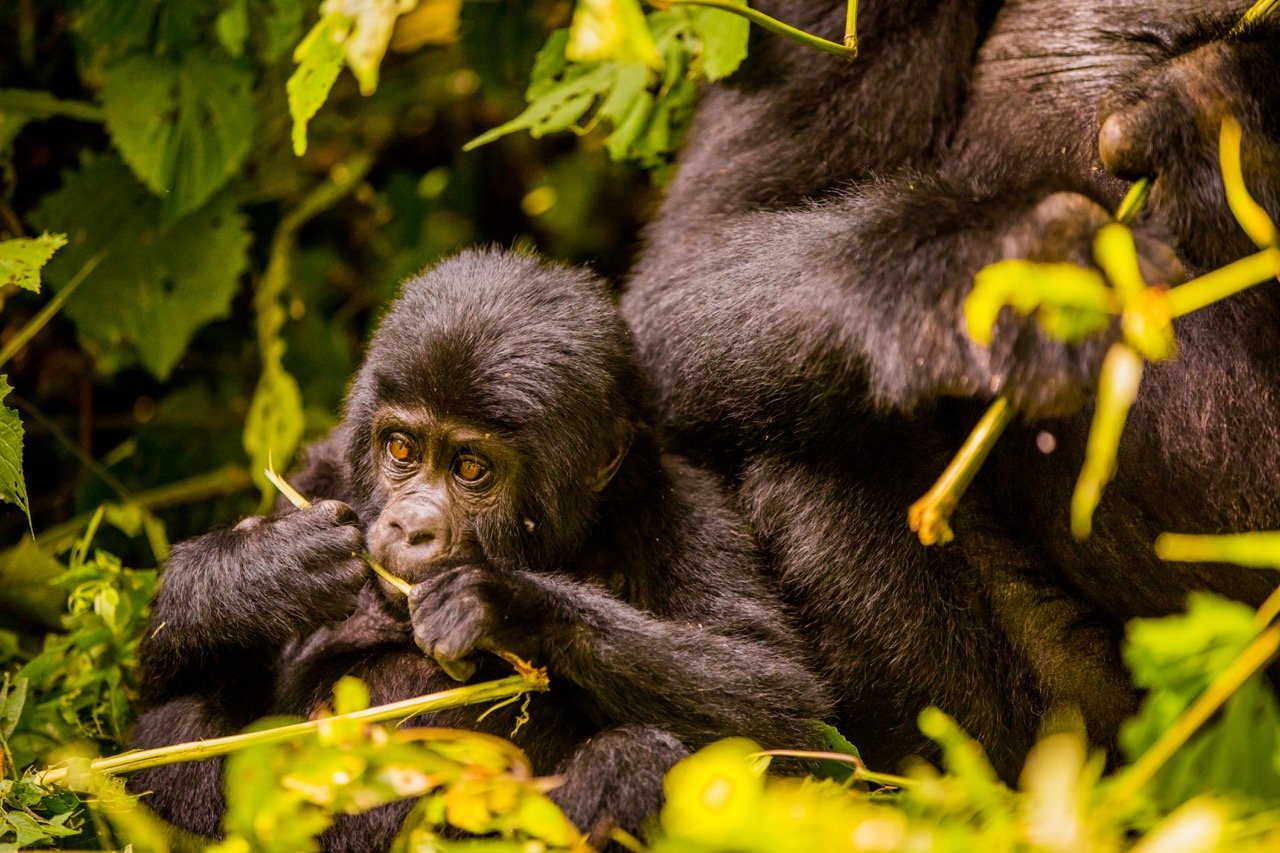
What I loved was learning about these gorilla groups and how they live. They all have names and very human personalities and soap opera-esque drama. They make nests every night on the ground to sleep in, and often you will find them hanging out in the trees above you. When you do finally spot a group of gorillas, they seem very nonchalant about your presence. It doesn’t matter how many hours it took hiking through thick jungle to find them, once discovered the clock starts ticking and you get only an hour to hang out with them before the rules dictate that you have to leave. You can always spend the next day hiking out to find them again, but you will never know how long that will take. They are always on the move.
Nothing really can describe sitting next to a gorilla in the wild and staring into their faces. They are gentle yet powerful creatures, and more akin to us than different. Their forests are protected through tourism dollars, one of the few times I feel like tourism is truly benefiting wildlife, since the Ugandans and Rwandans have a deep respect for these gorilla groups.
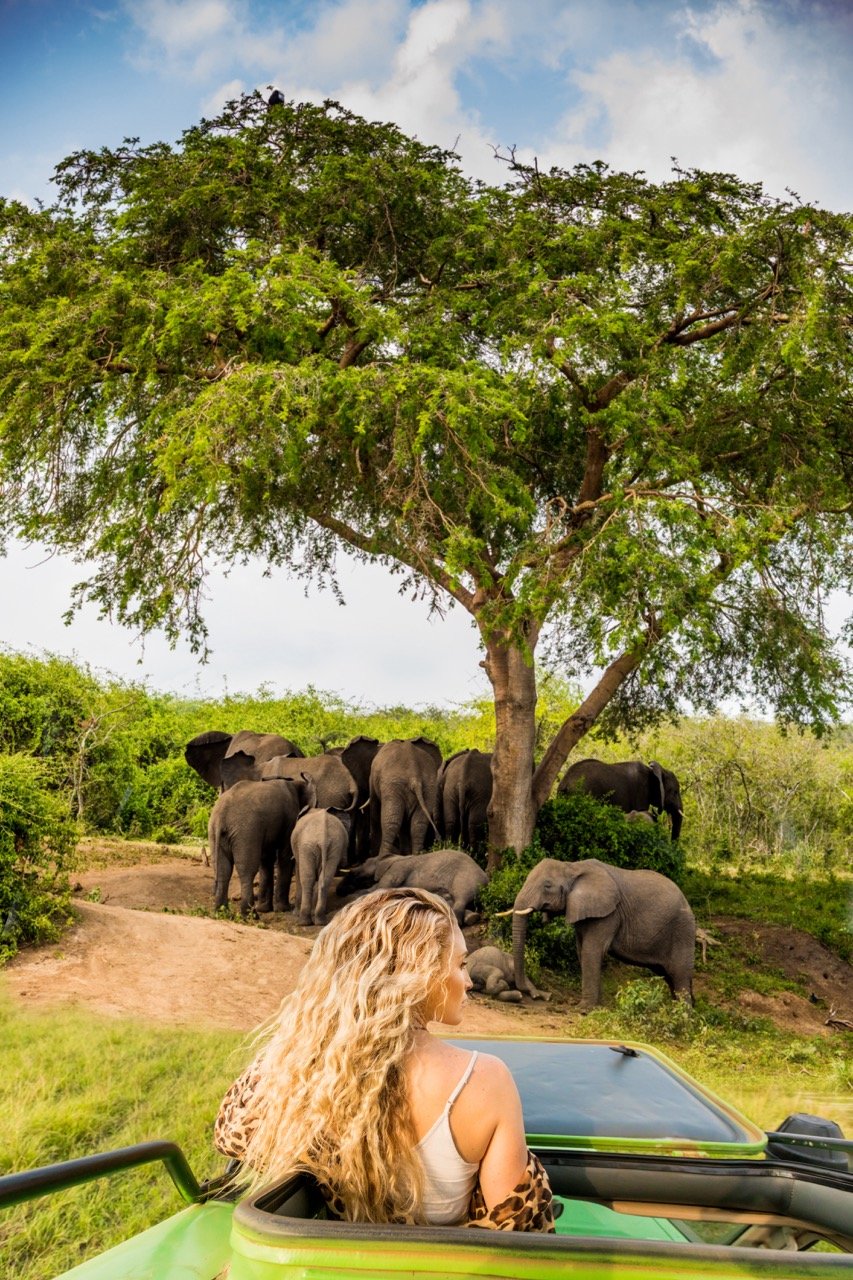
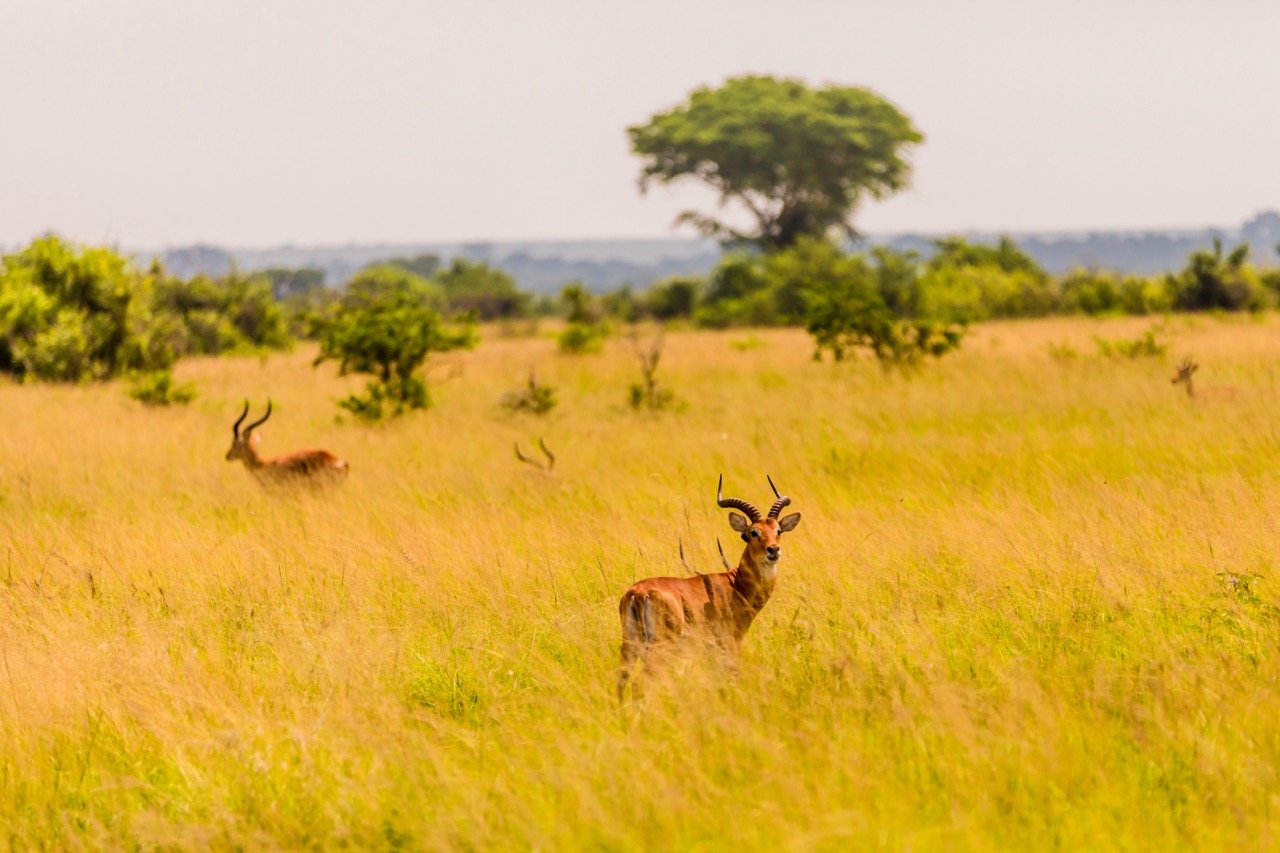
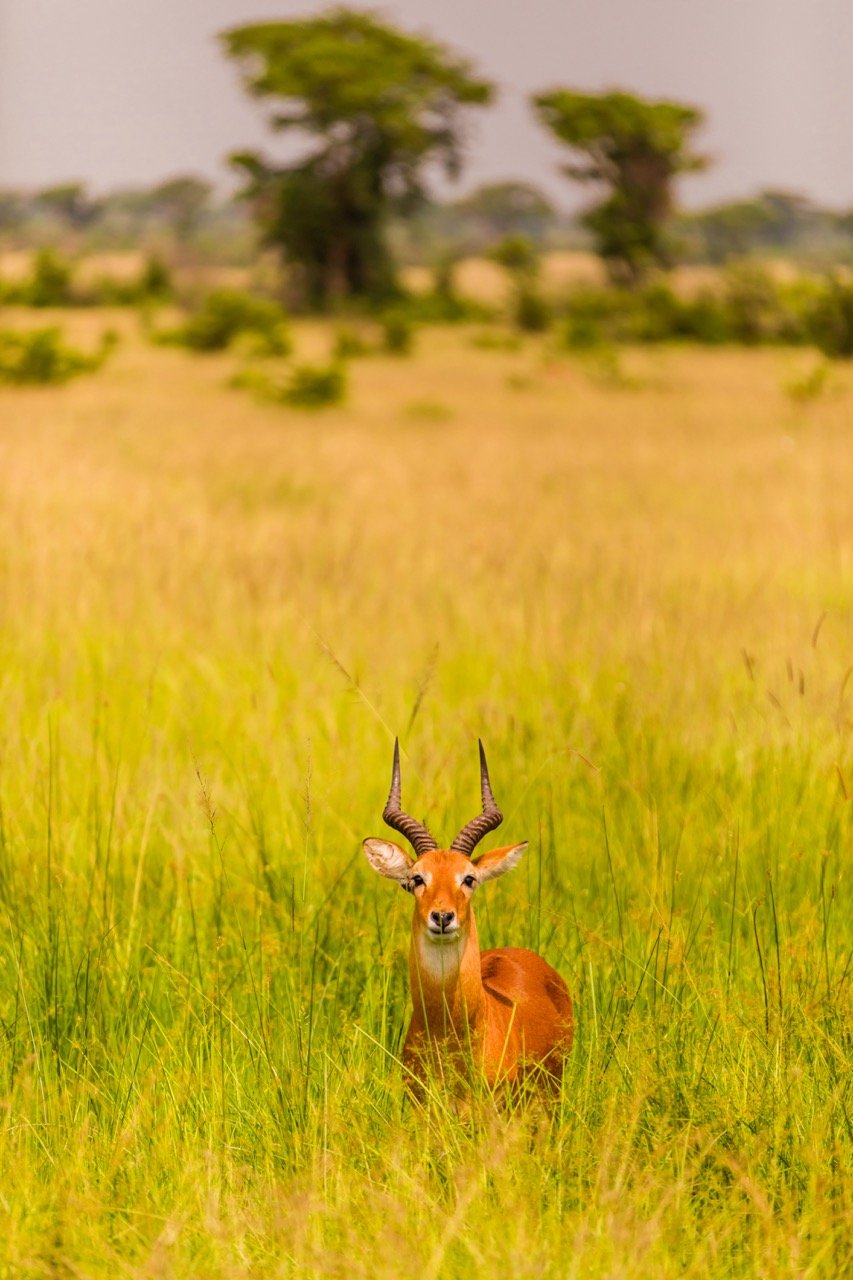
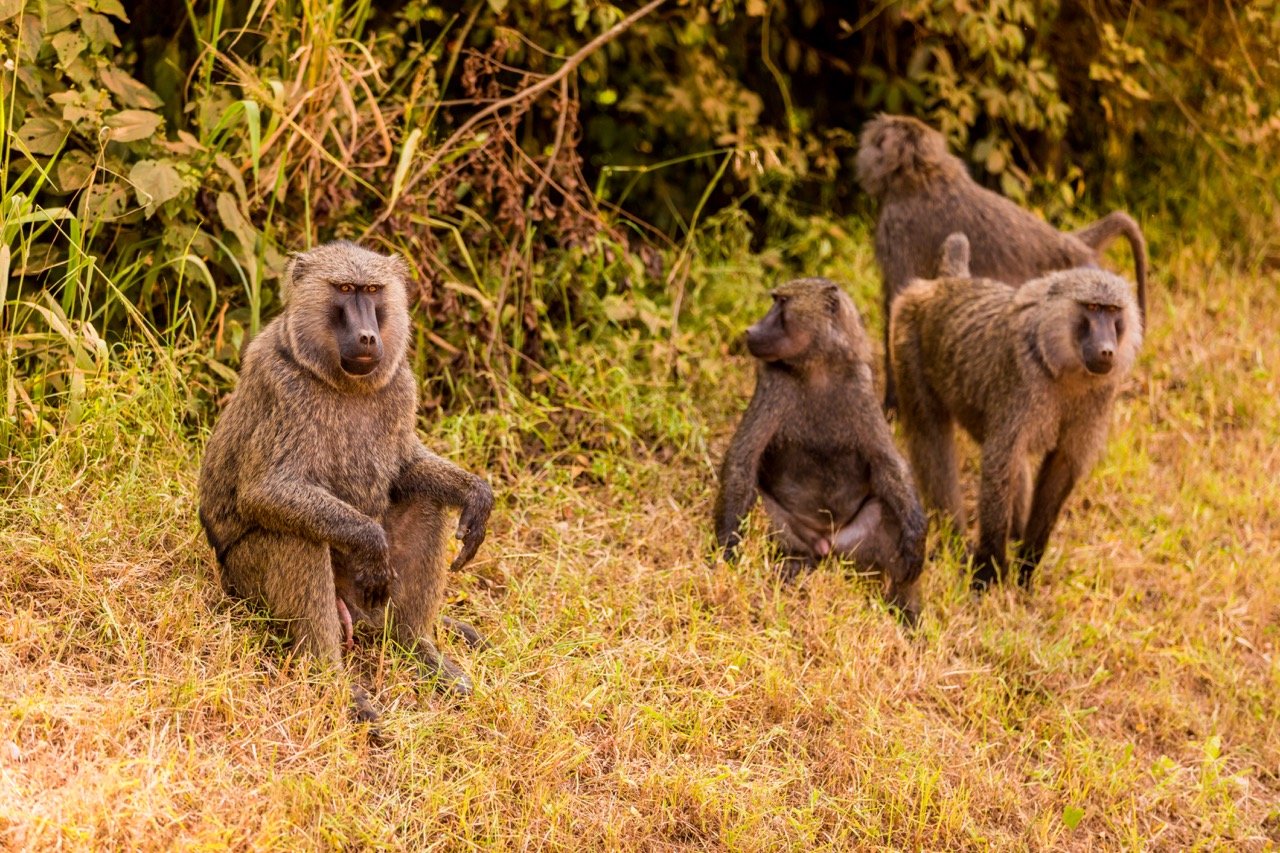
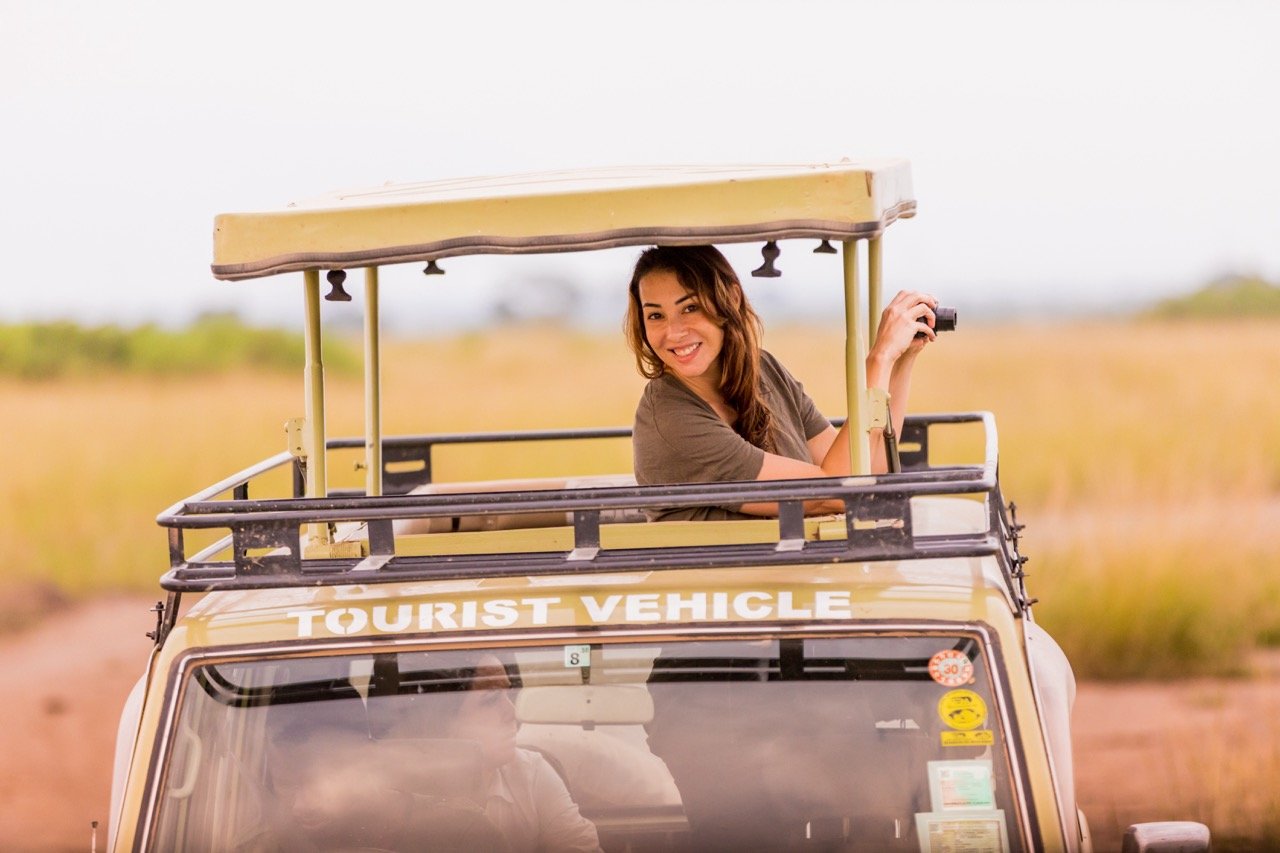
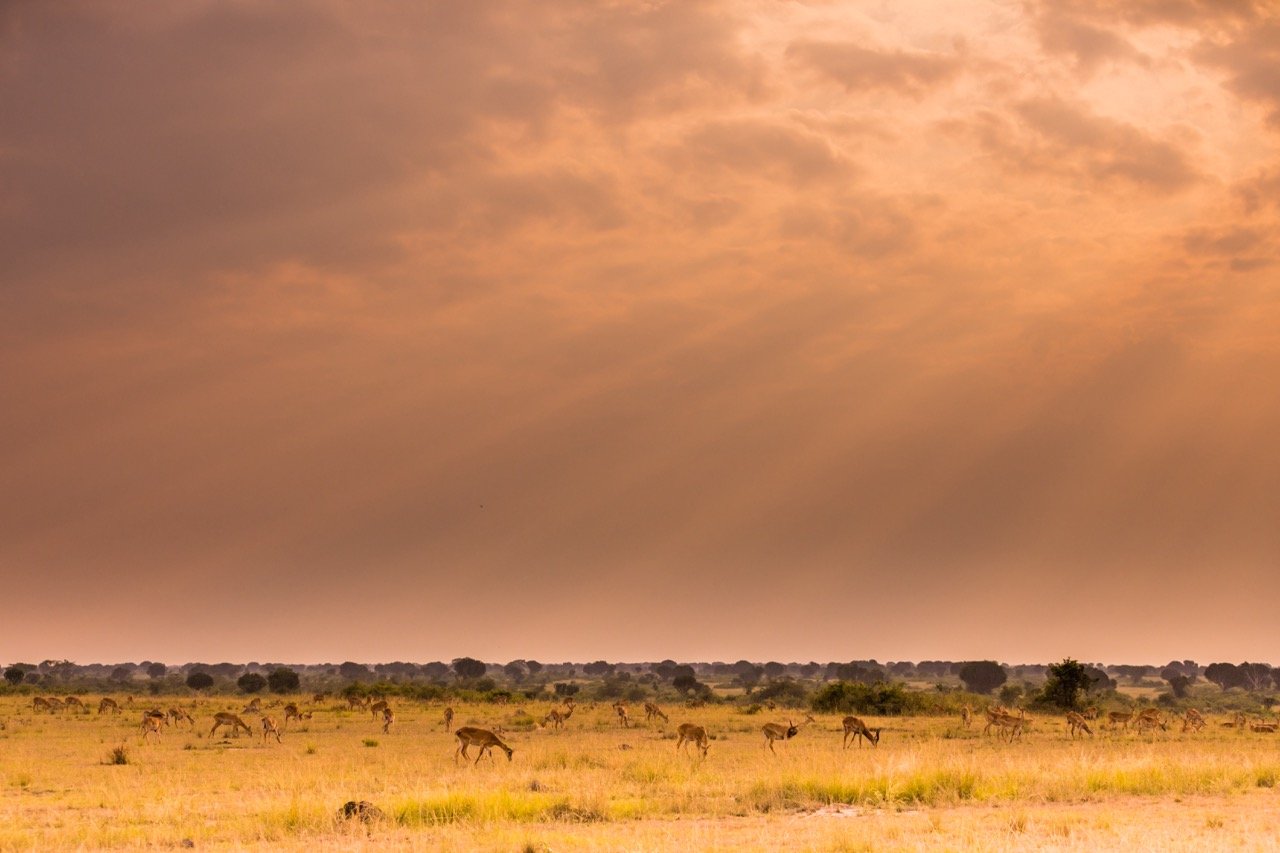
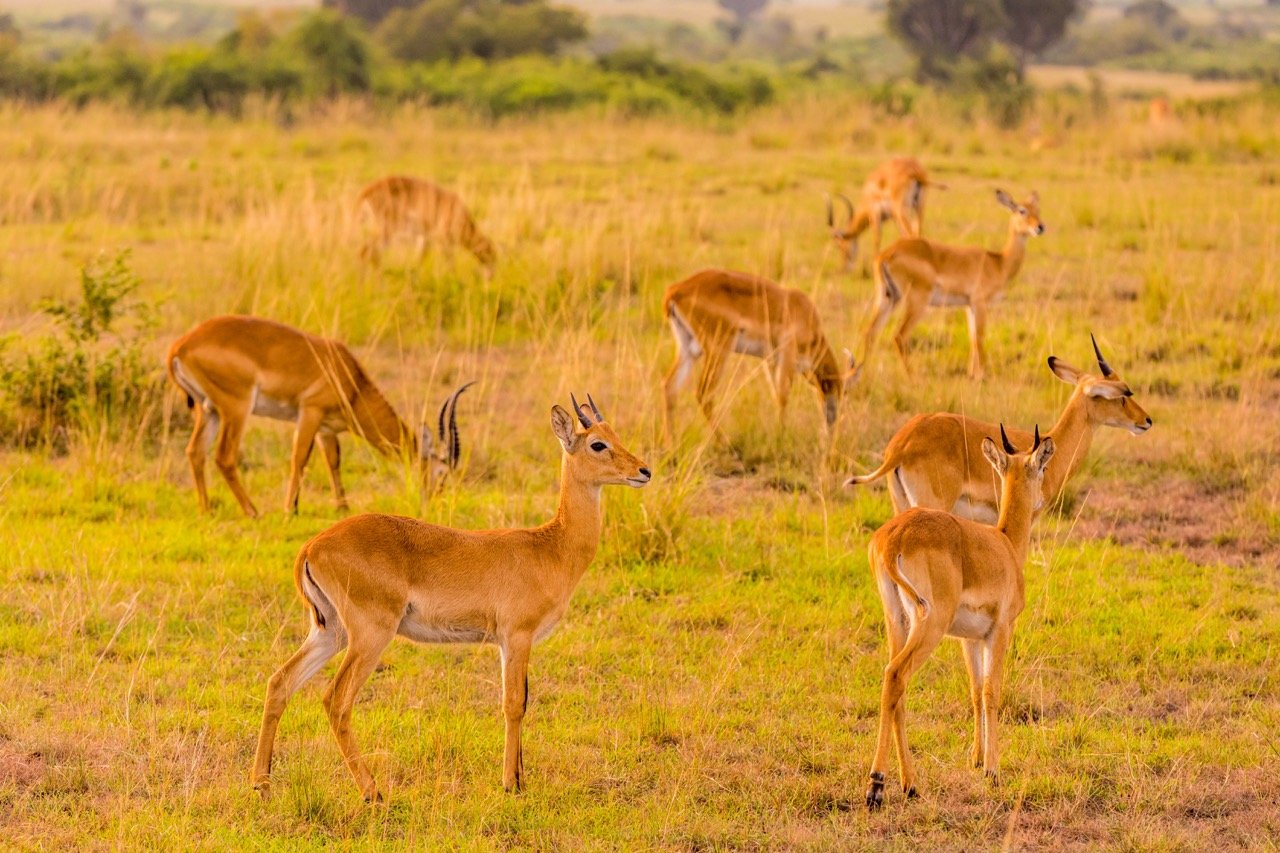
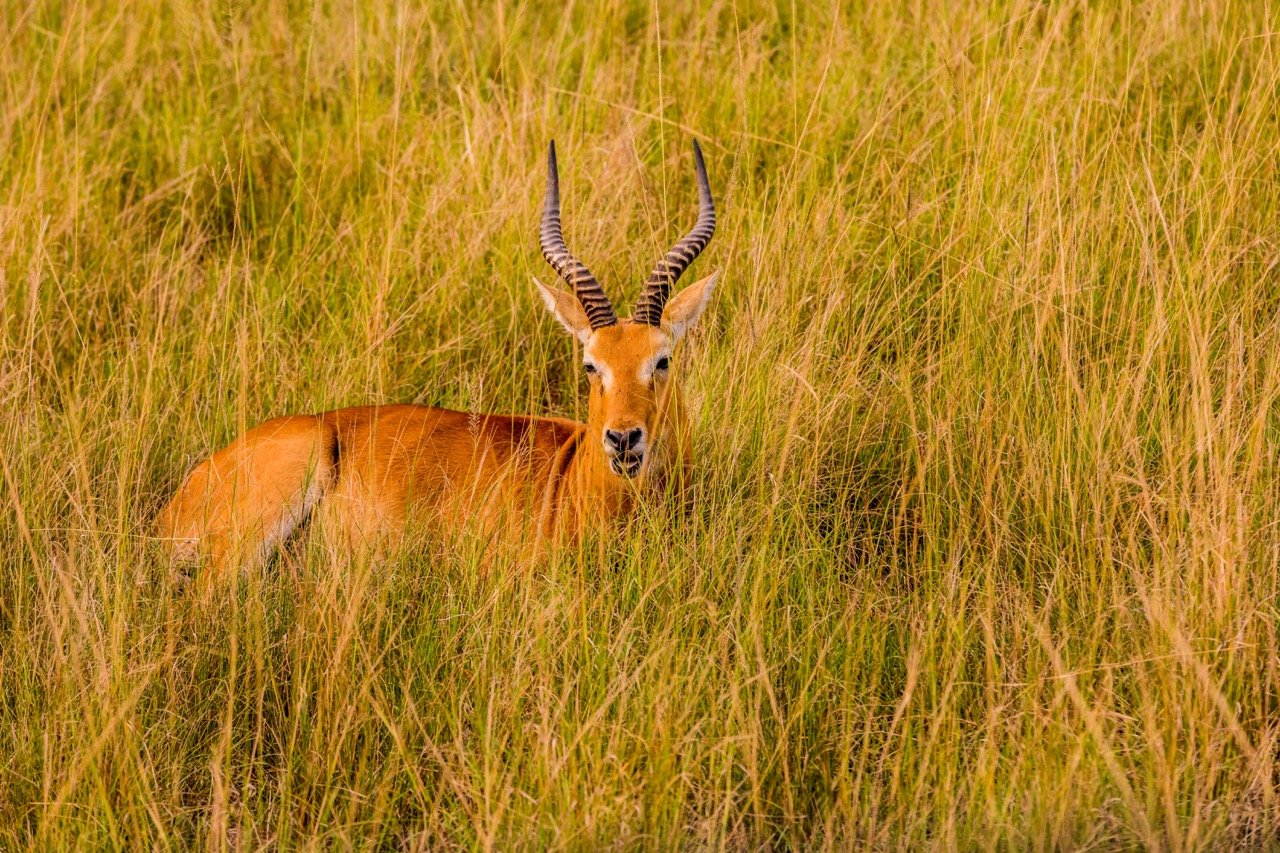
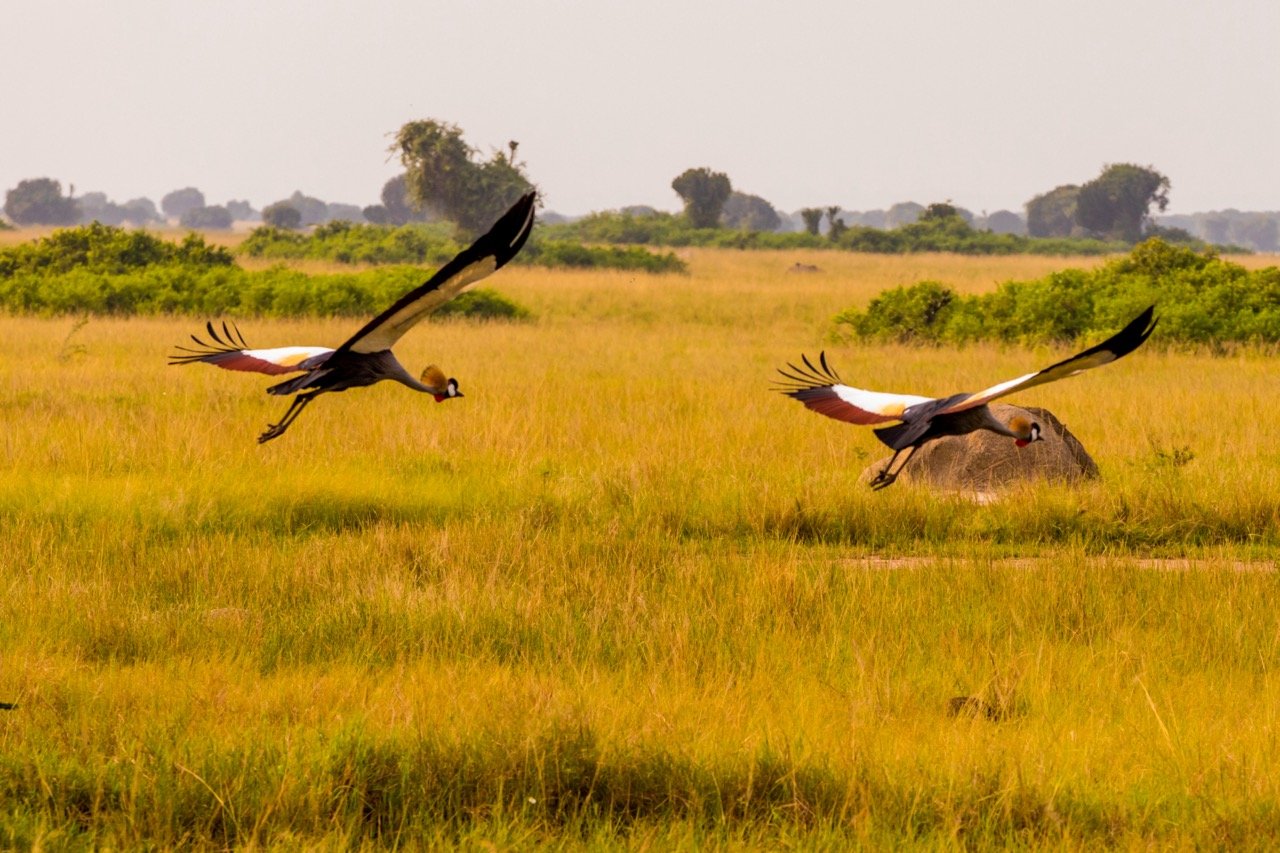
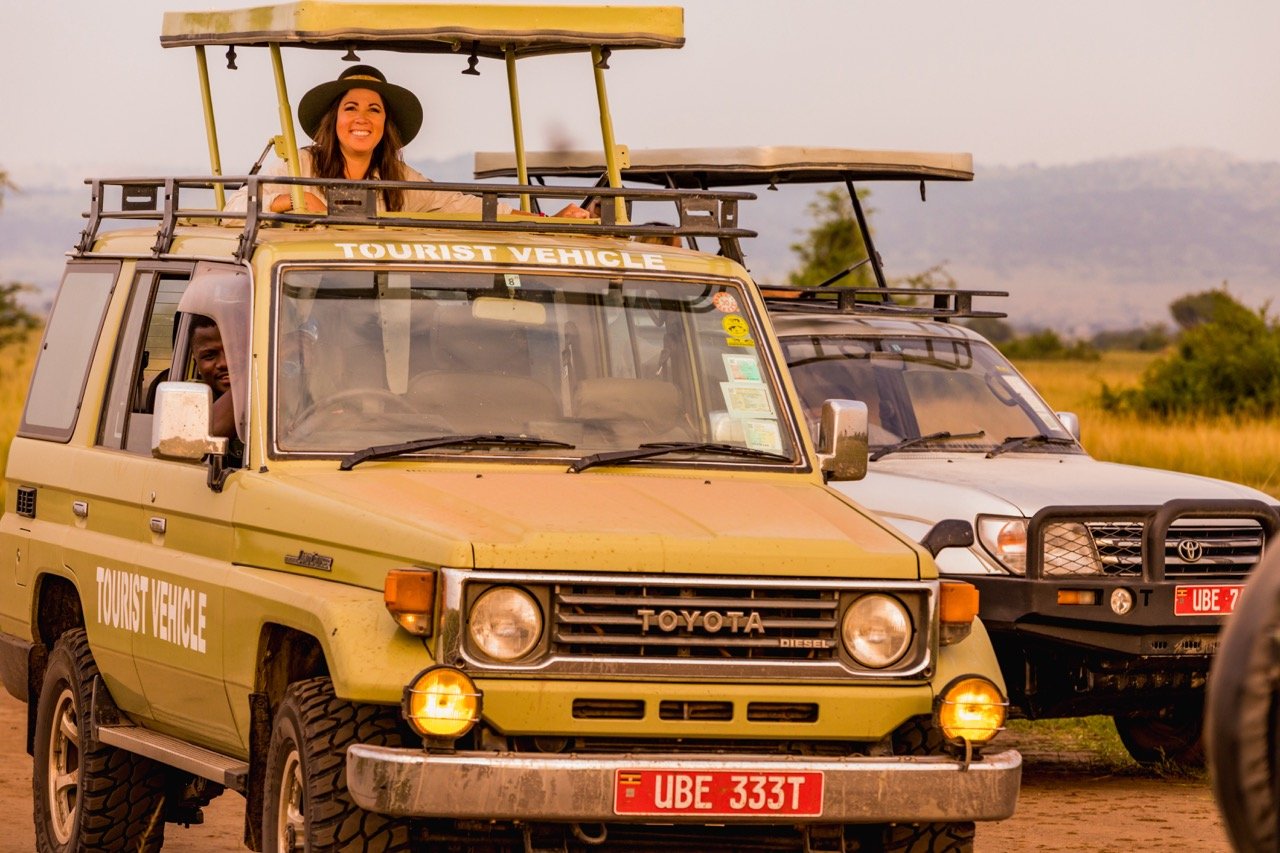
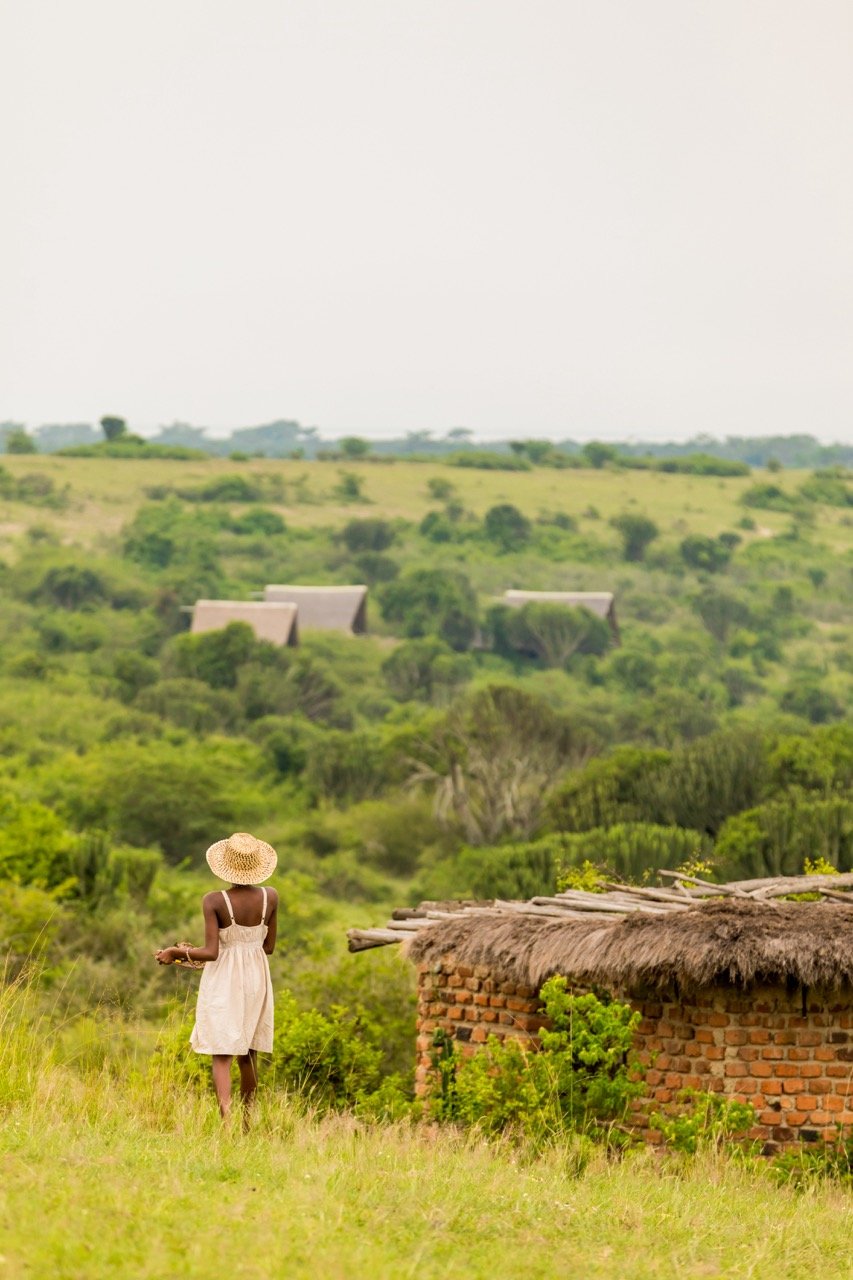
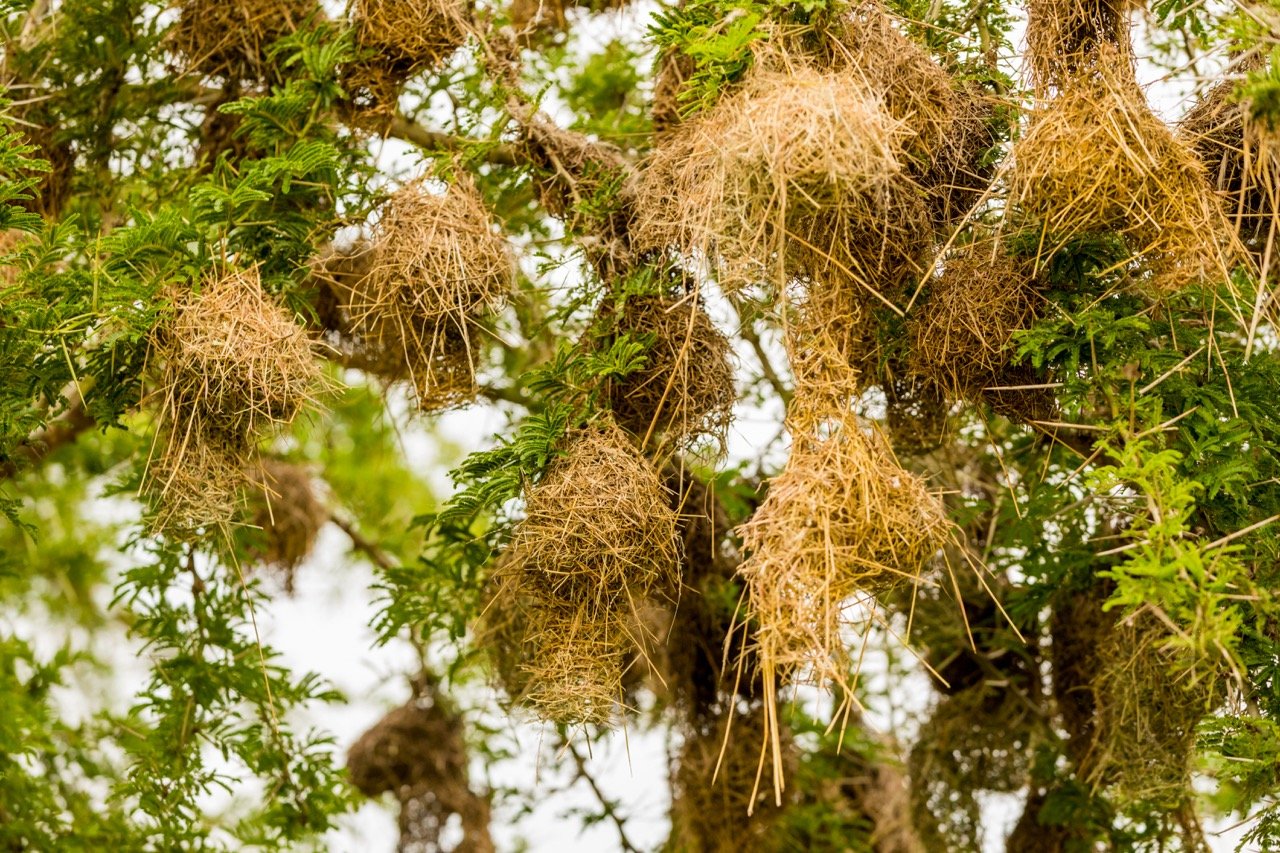
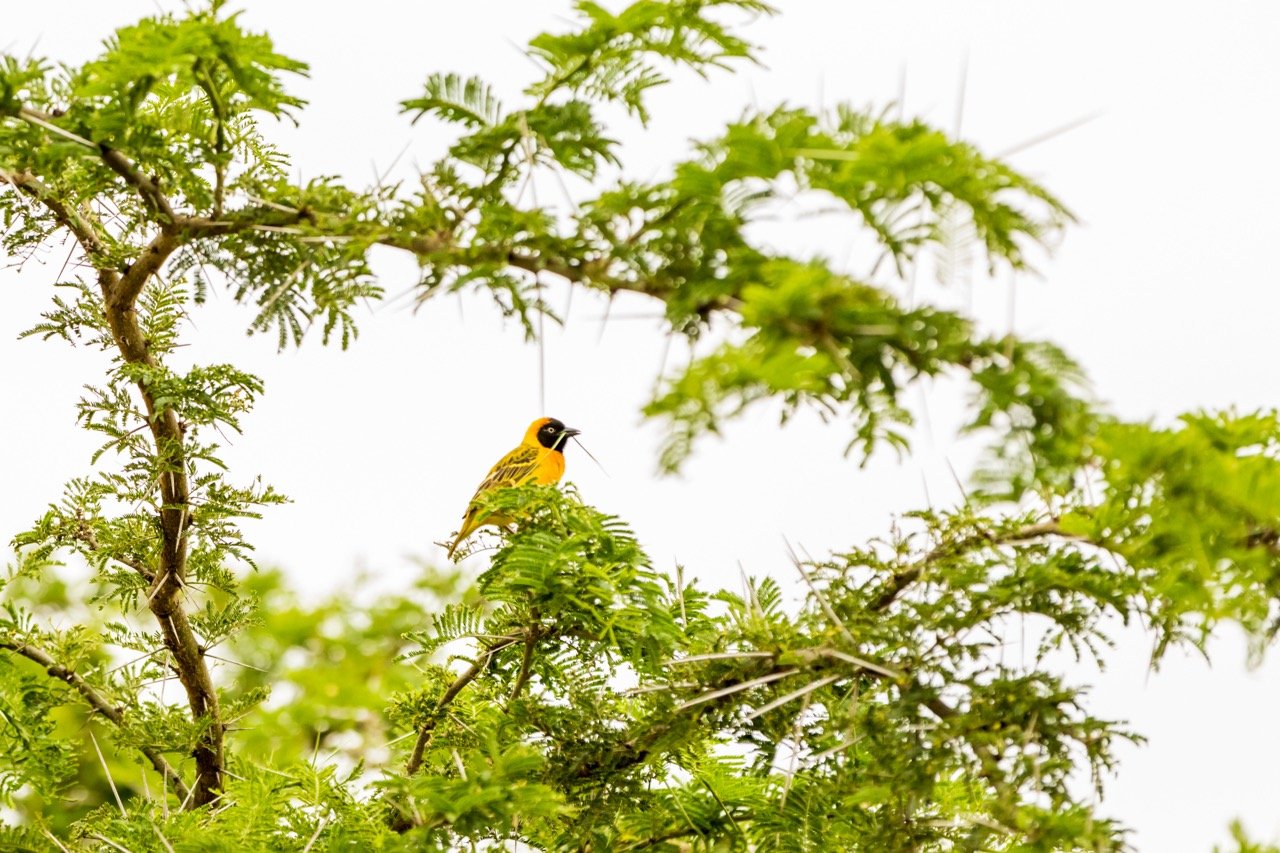
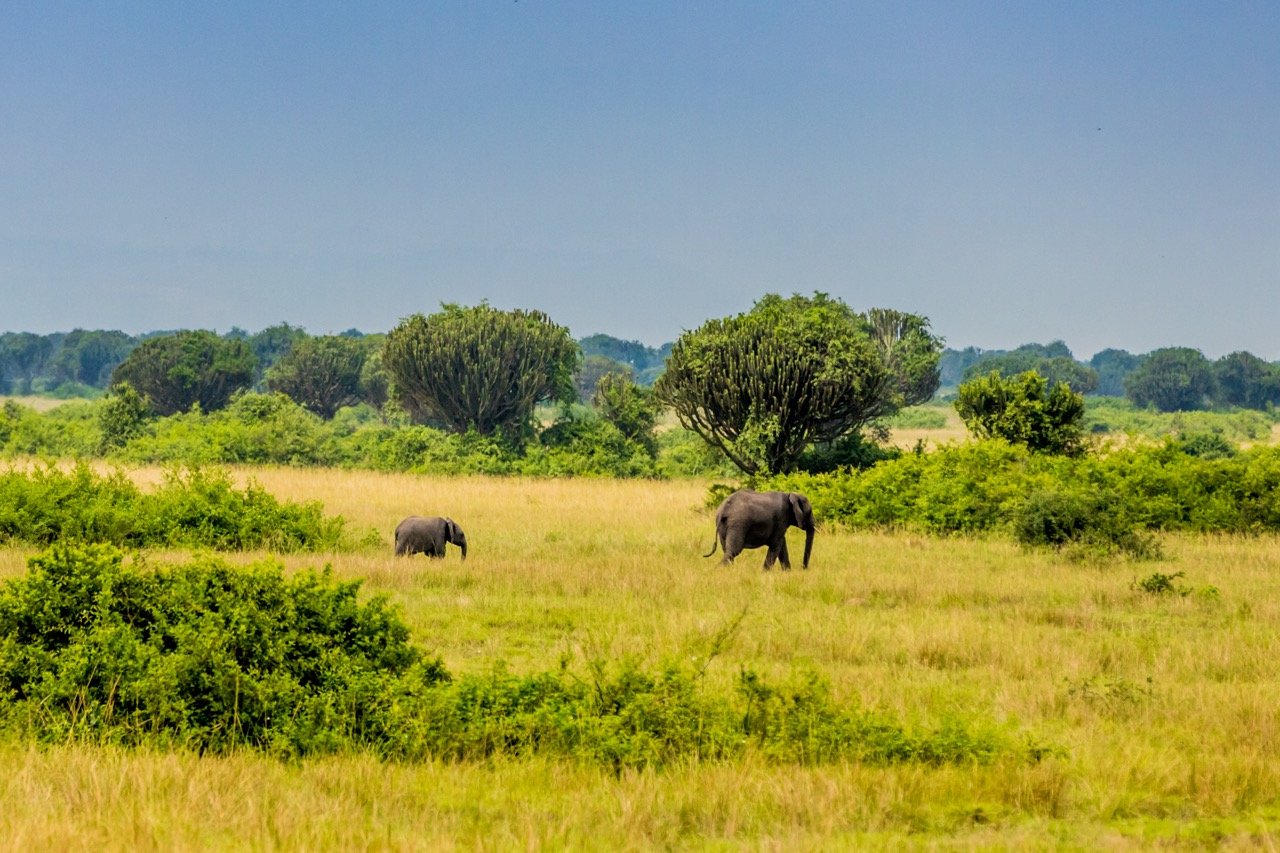
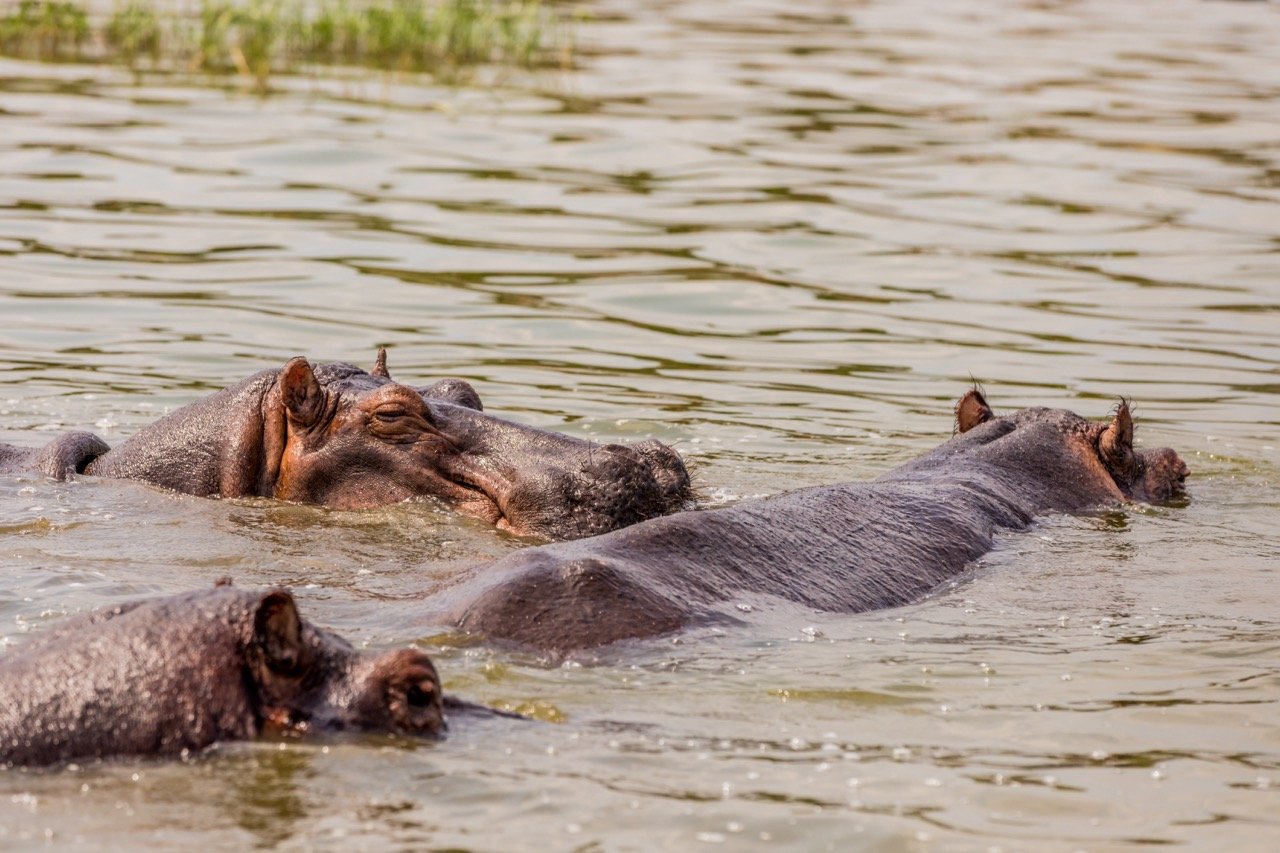
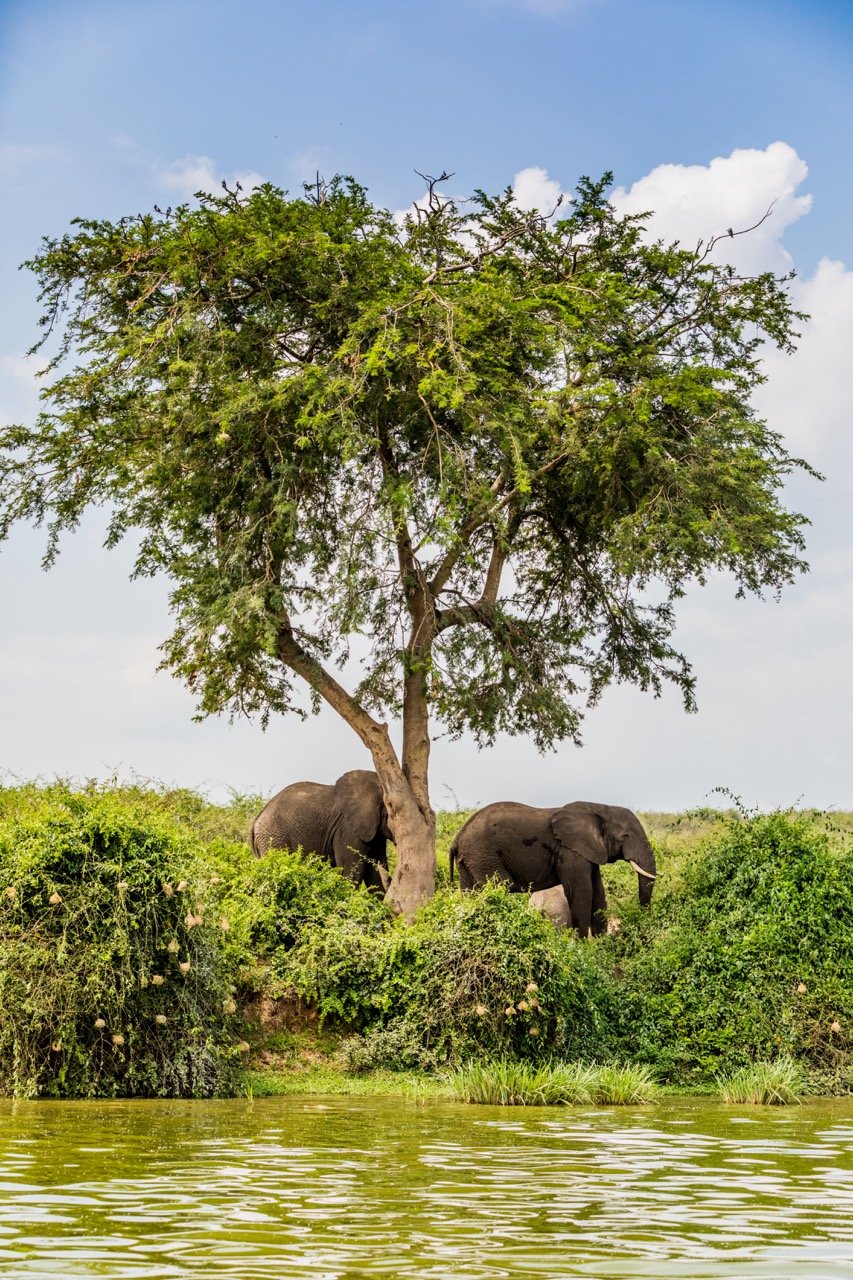
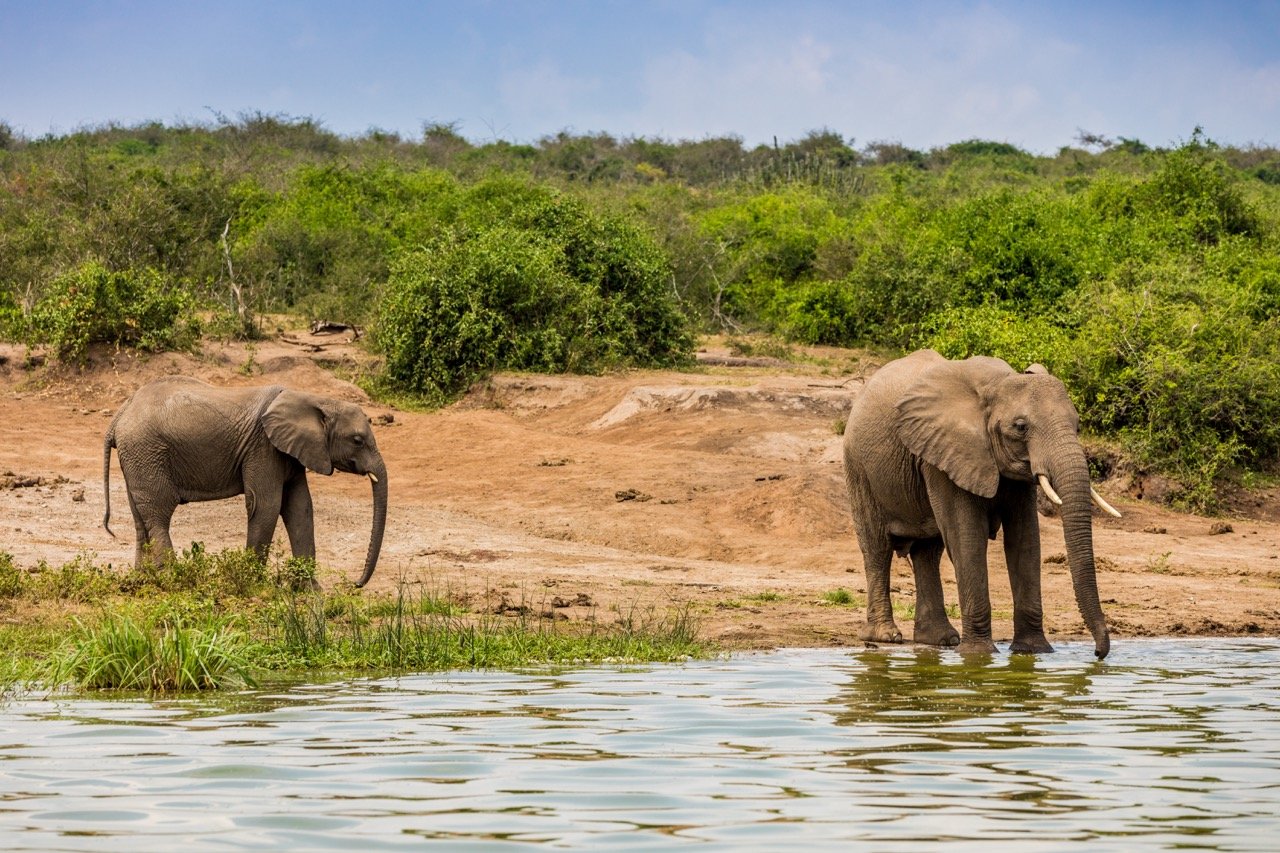
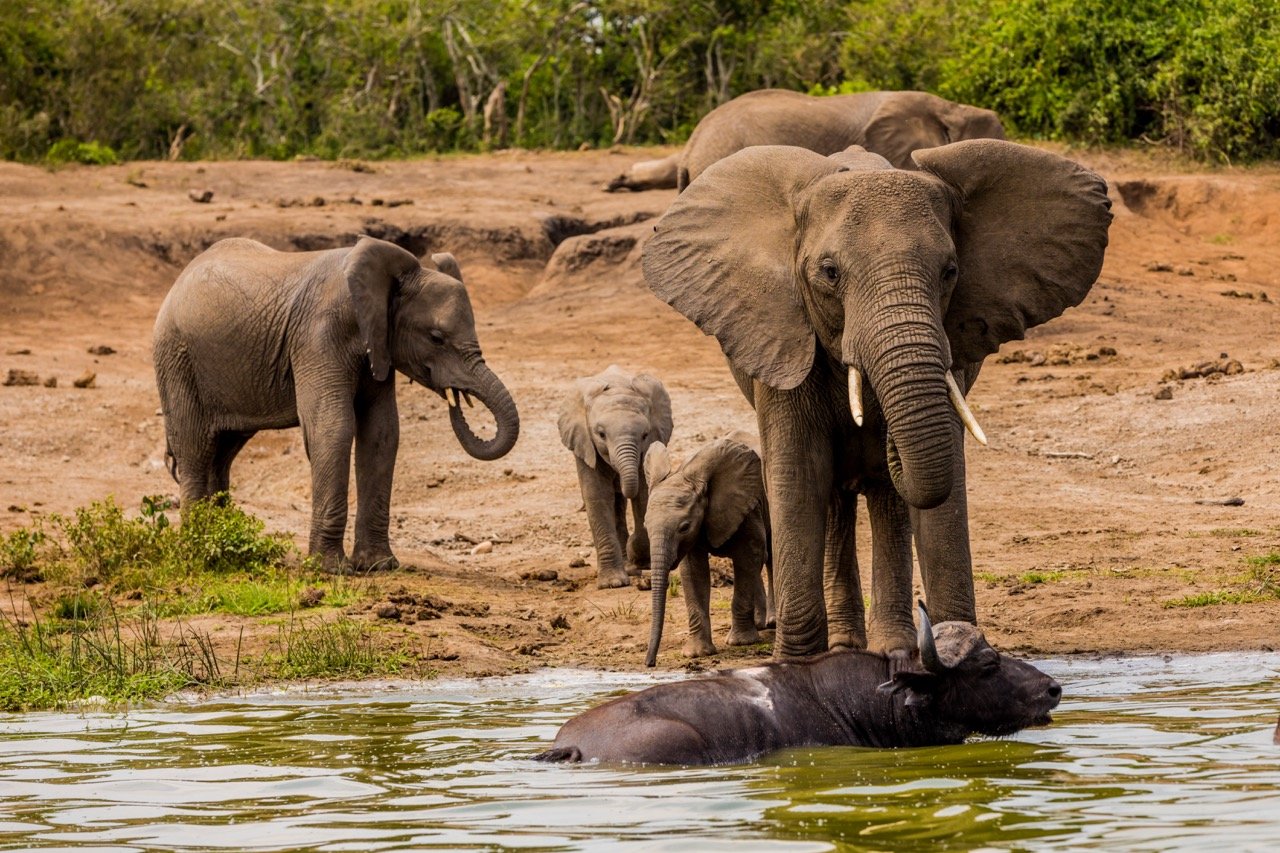
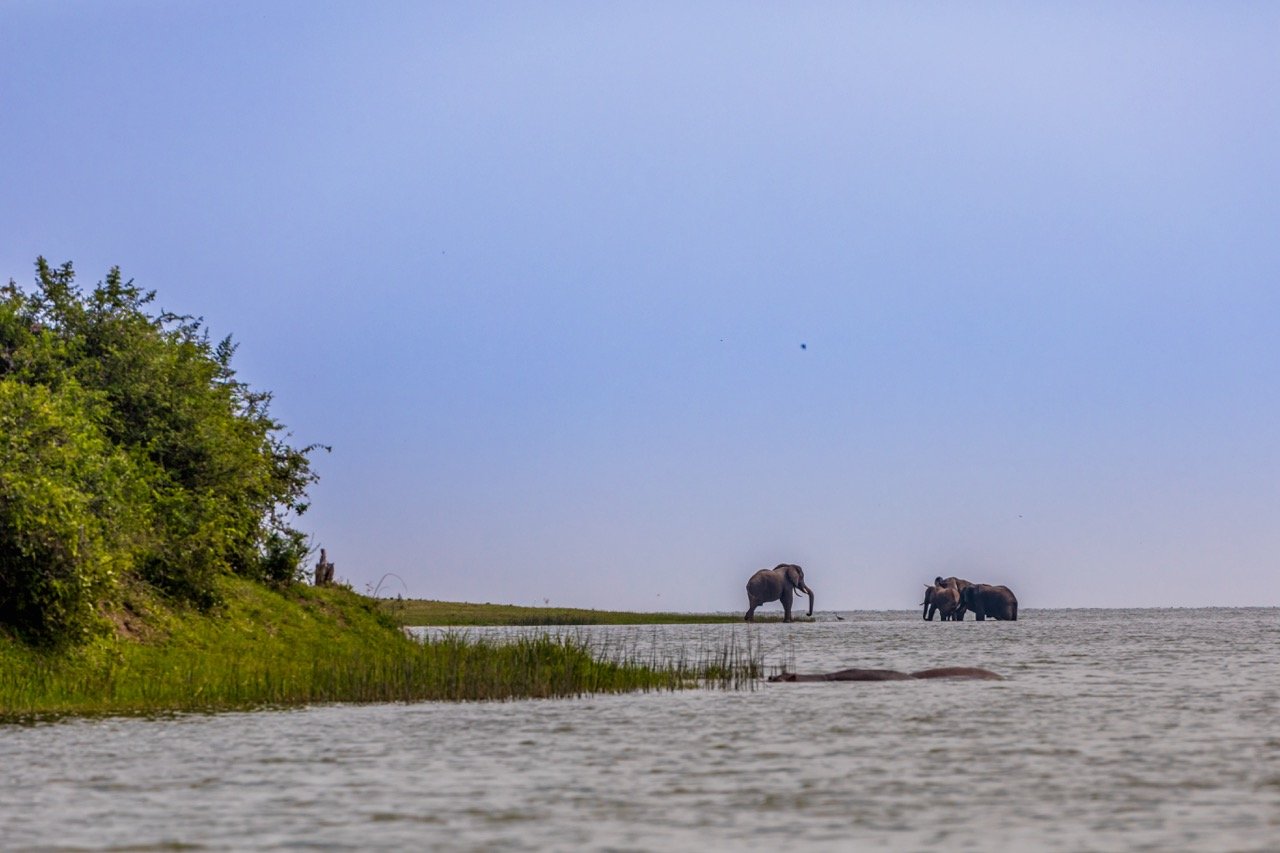
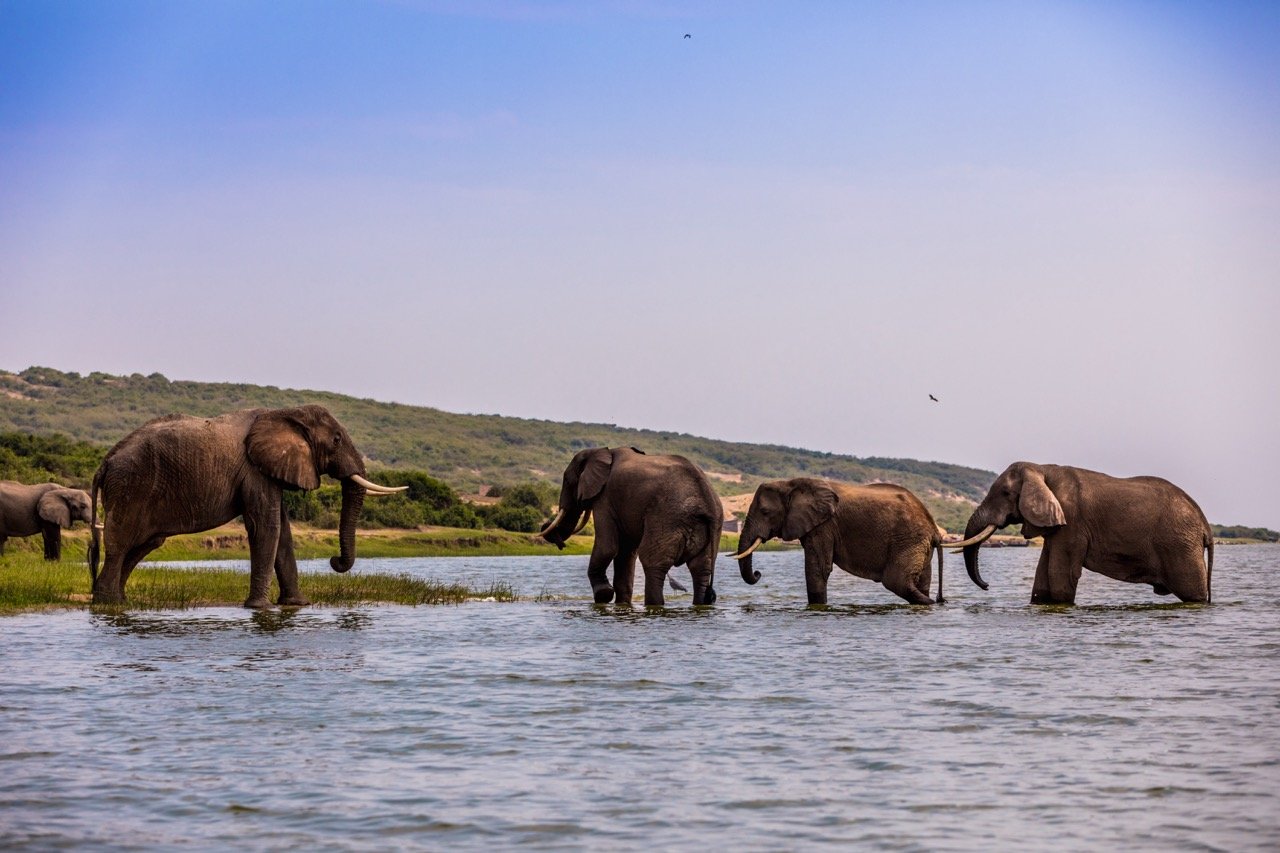
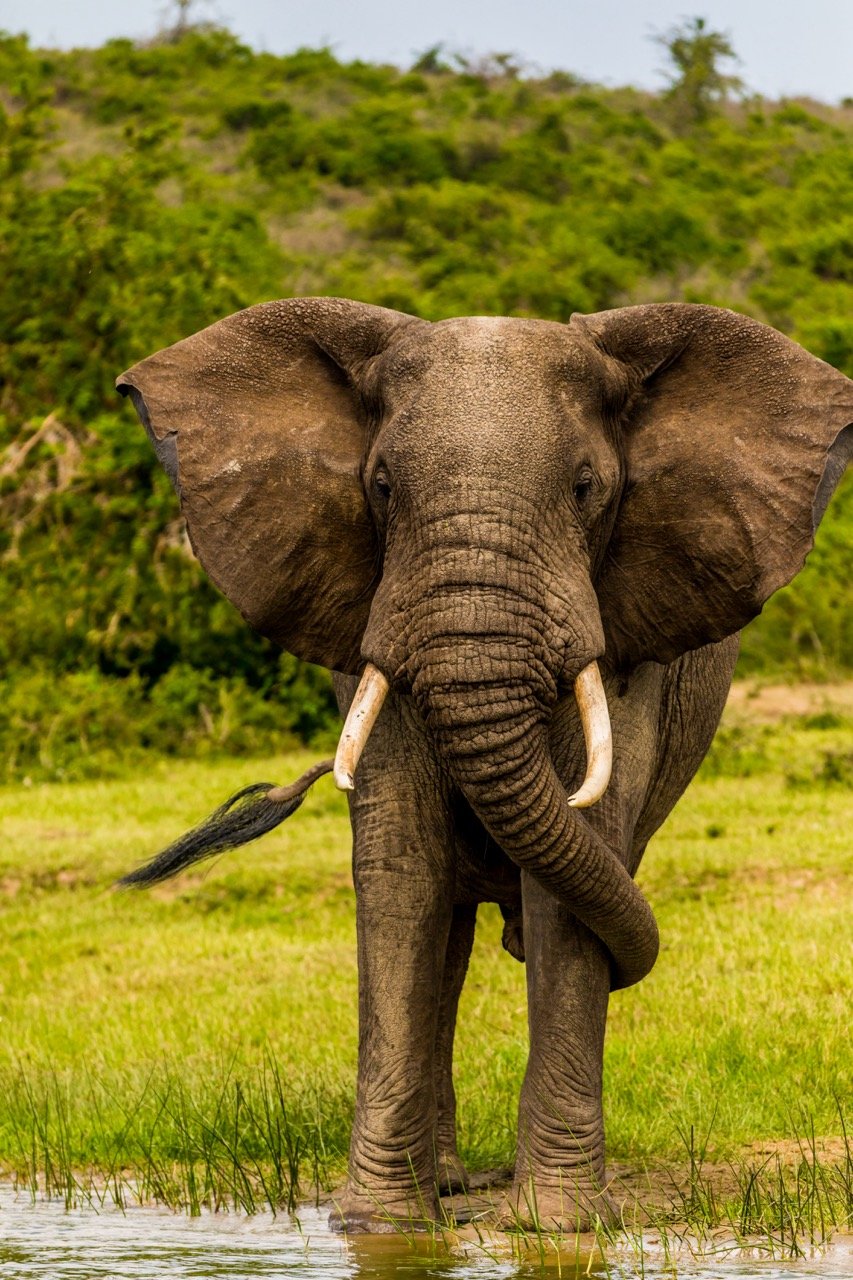
After two days of trekking through thick jungles in the cool, misty mountains looking for gorillas, we drove down into the arid savannas of Uganda to visit the Hanging Lions of Queen Elizabeth National Park. This is the only place on Earth where you will find prides of Ishasha lions just hanging out in the high limbs of Sycamore Fig trees. This is a very rare sight, because this unique group of only about 35 lions is endangered due to threats of human-wildlife conflict and retaliatory snaring and poisoning. We drove around in safari vehicles and witnessed gorgeous wildlife, including herds of elephants and hippos and, of course, very full, very happy lions in the trees.
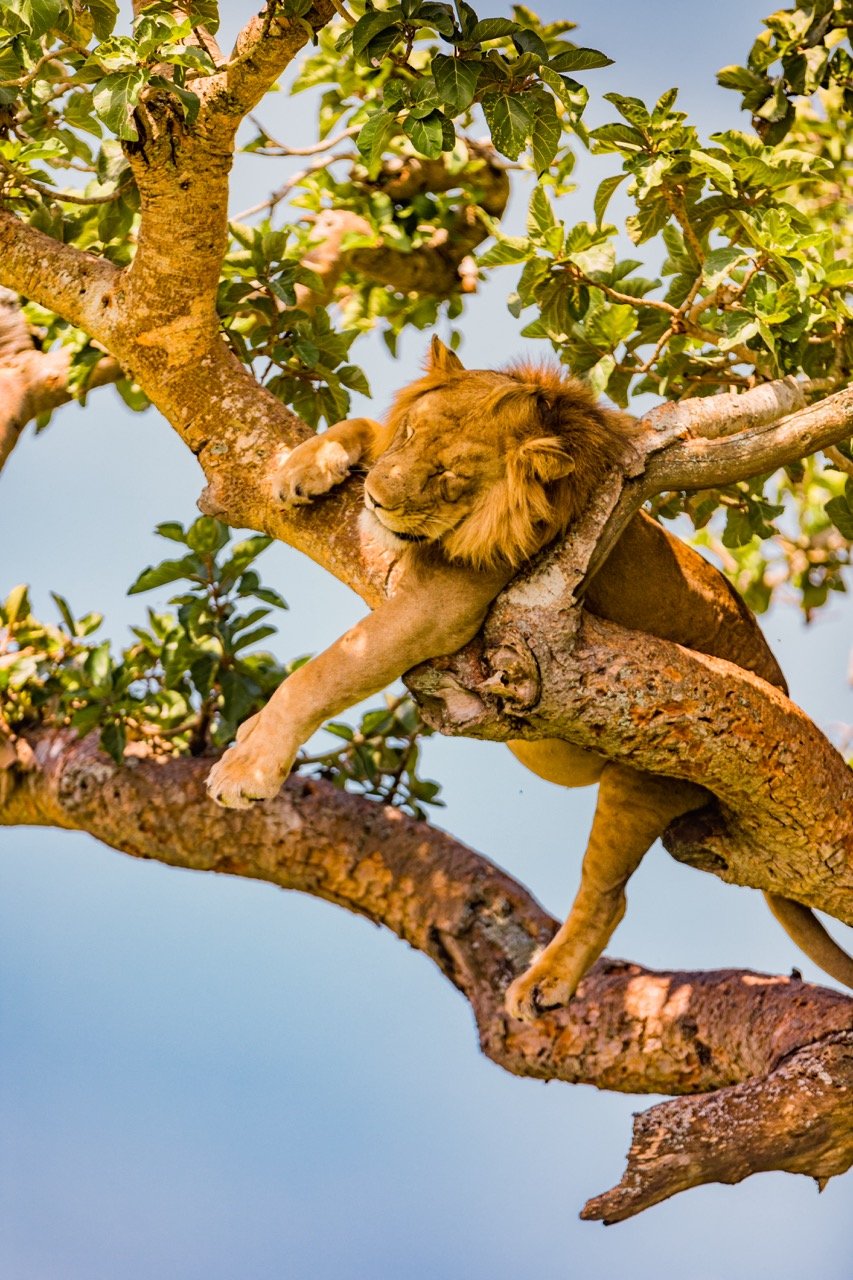
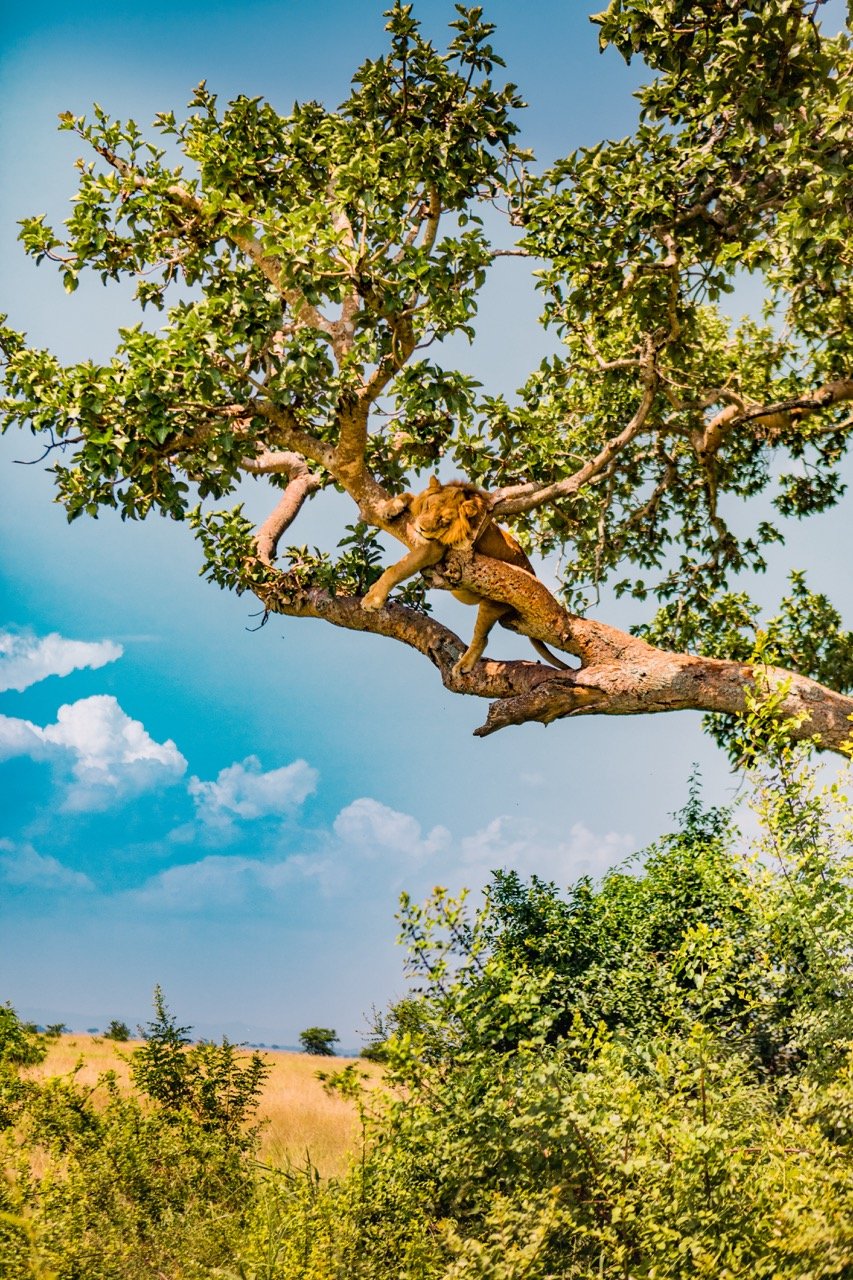
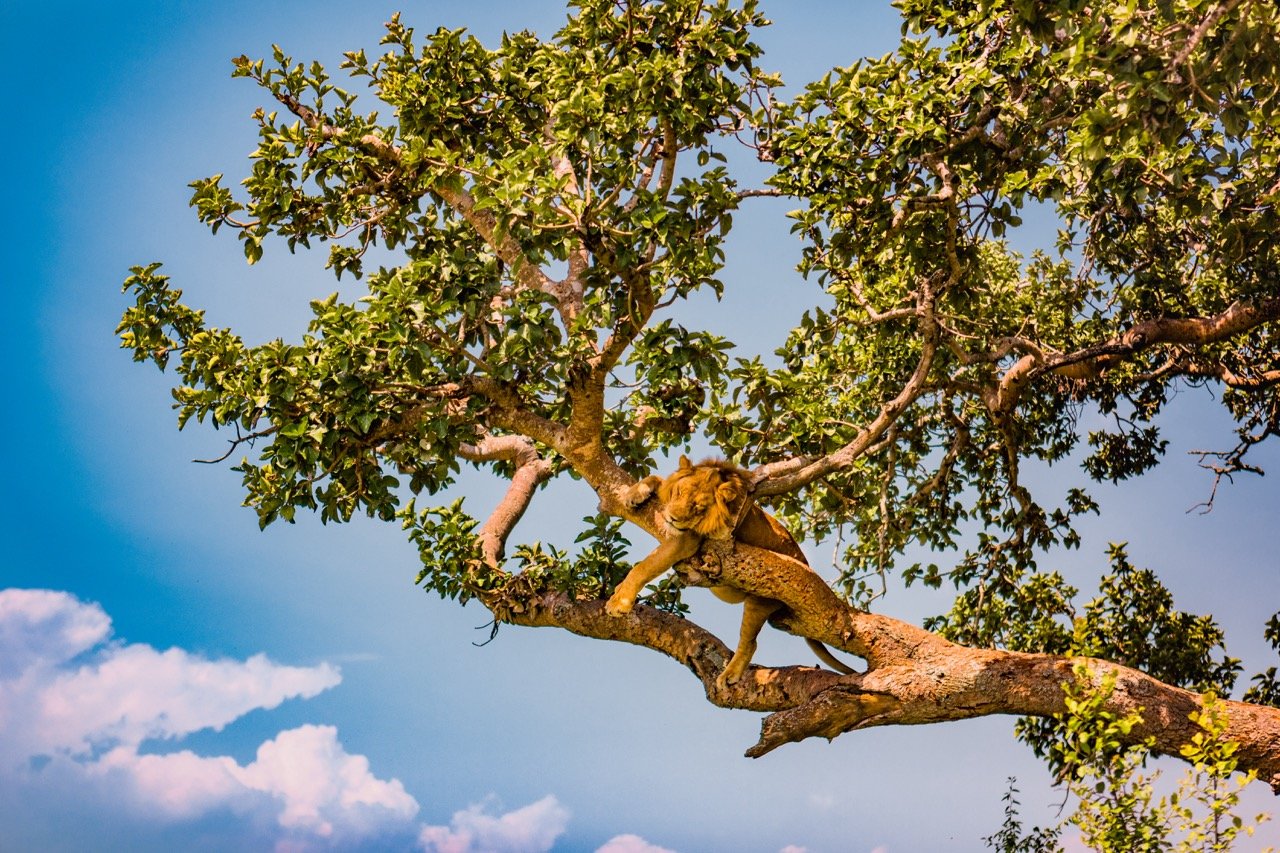
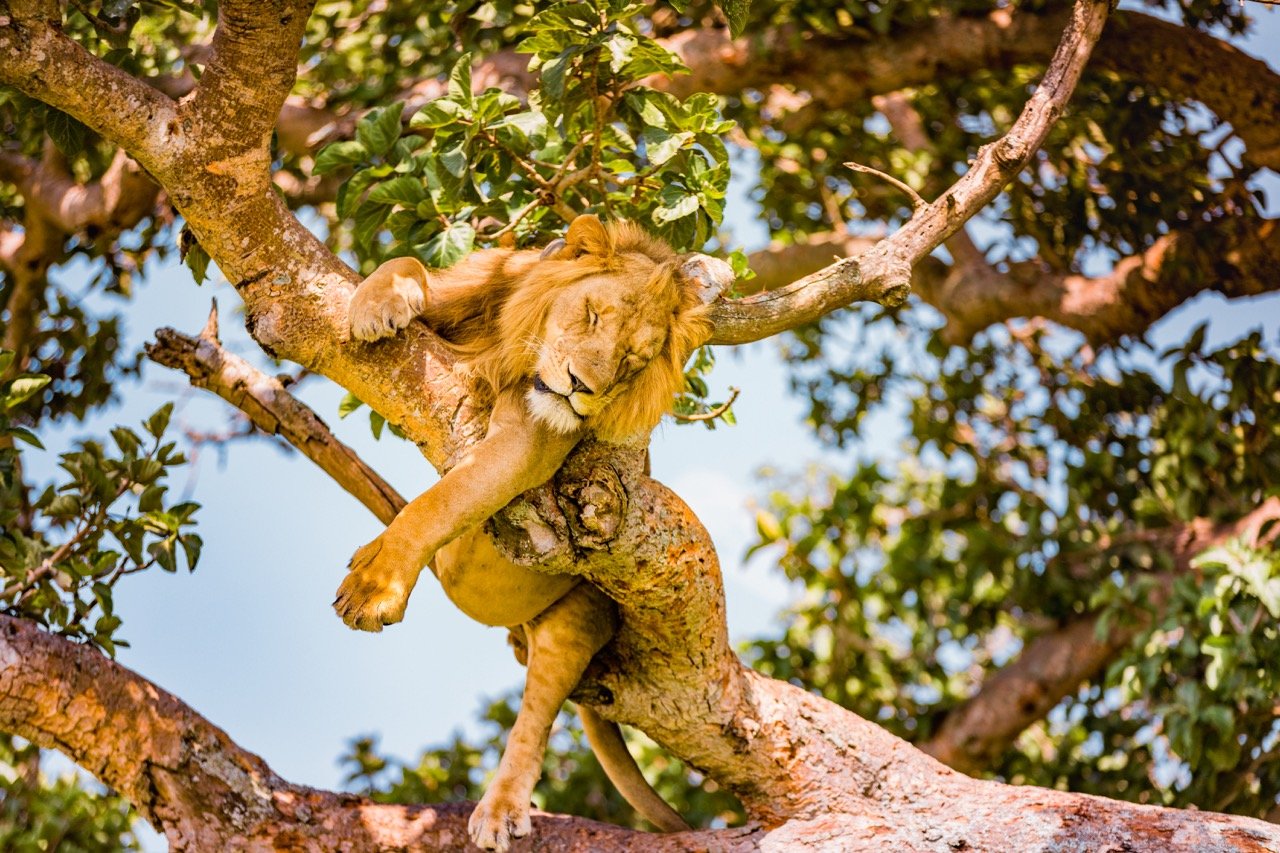
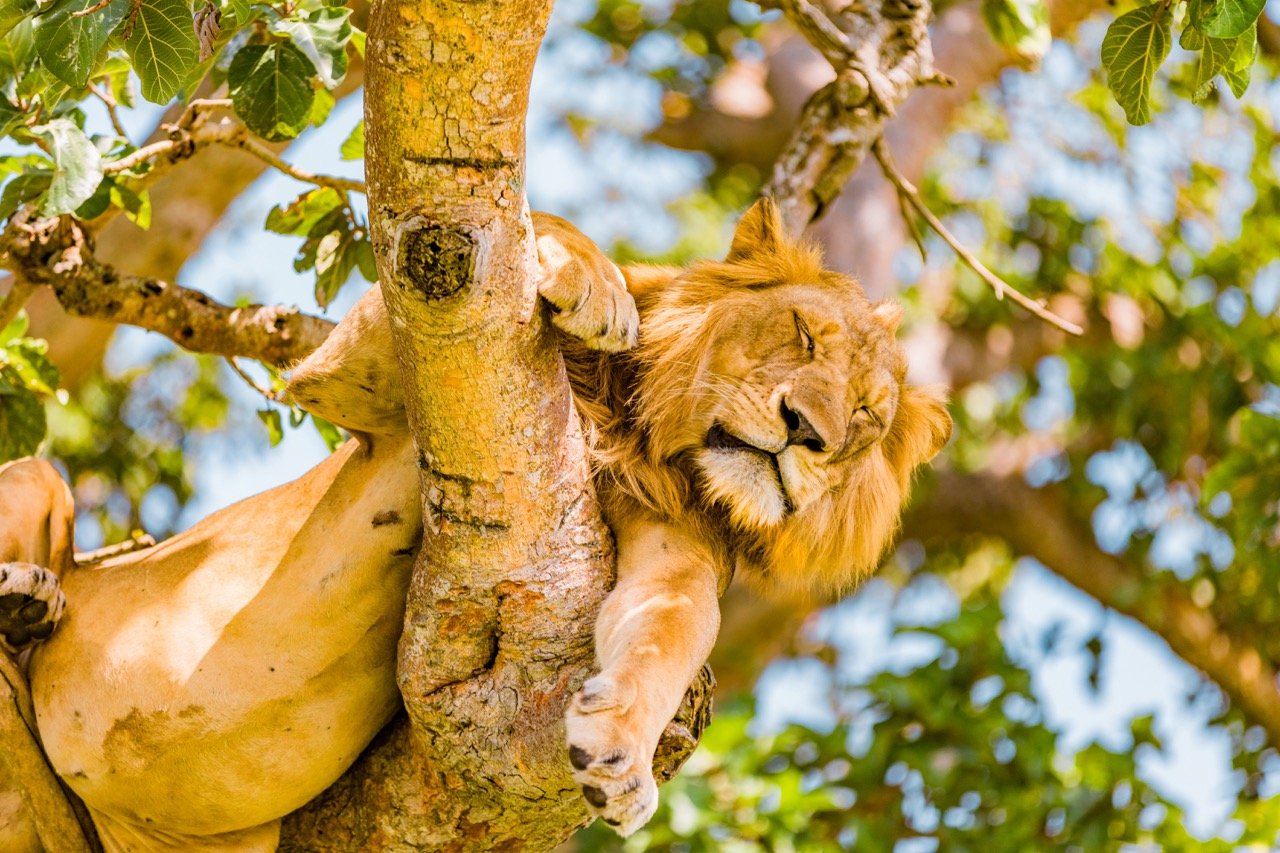
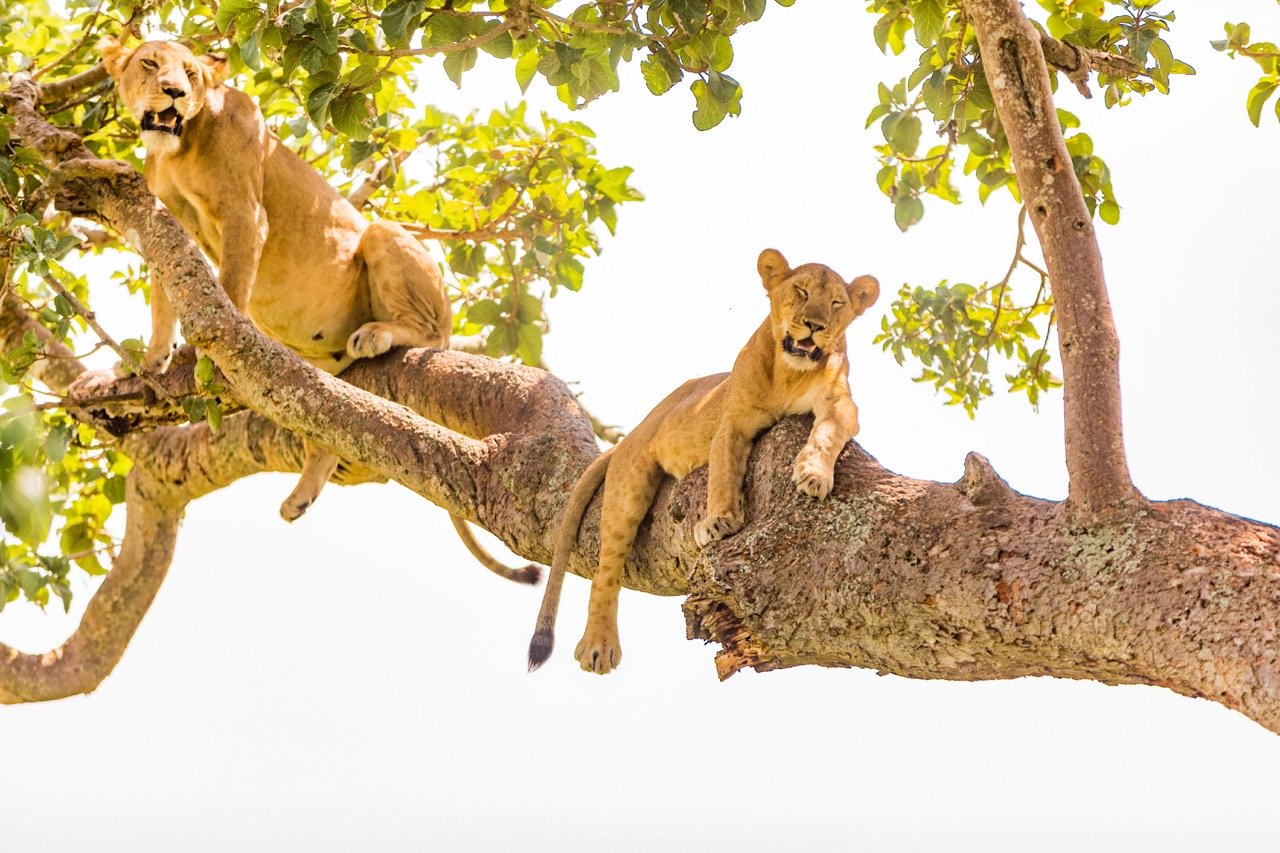
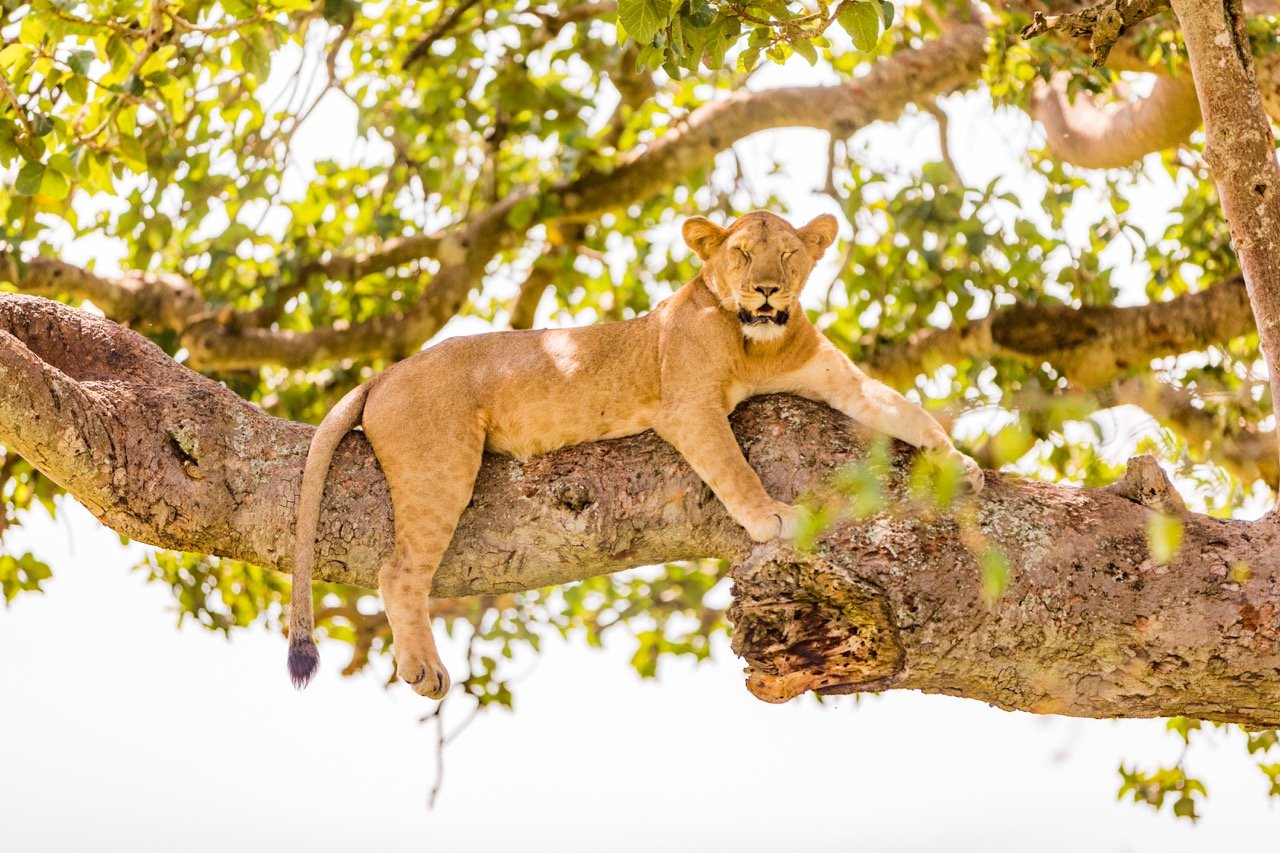
Laura Grier
Laura is a dynamic Adventure Photographer, Photo Anthropologist, Travel Writer, and Social Impact Entrepreneur. With a remarkable journey spanning 87 countries and 7 continents, Laura's lens captures both the breathtaking landscapes and the intricate stories of the people she encounters. As a National Geographic artisan catalog photographer, Huffington Post columnist, and founder of Andeana Hats, Laura fuses her love for photography, travel, and social change, leaving an impact on the world.

